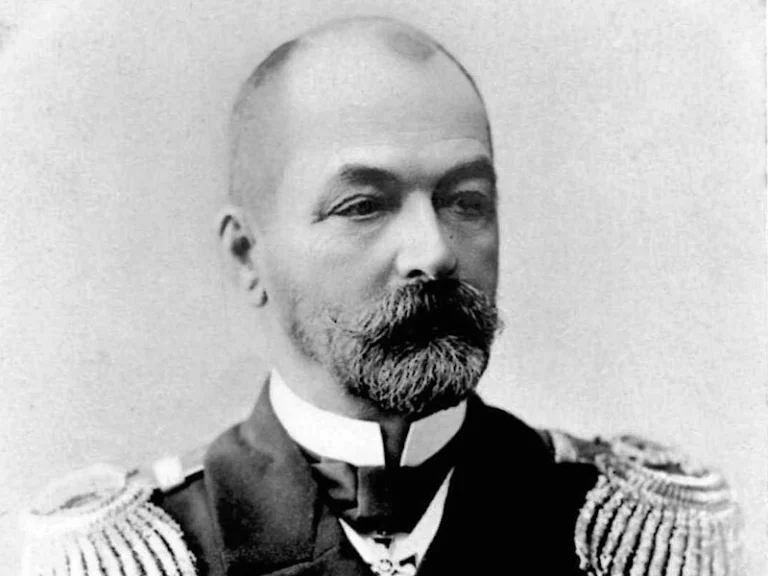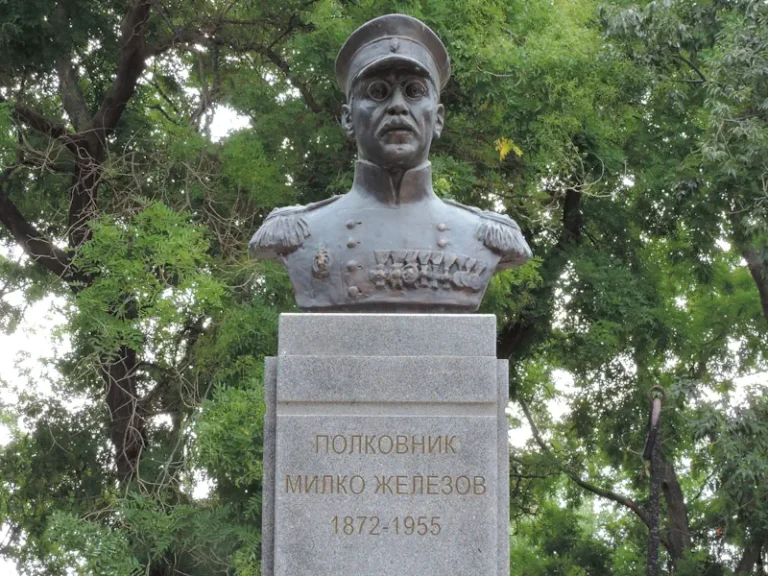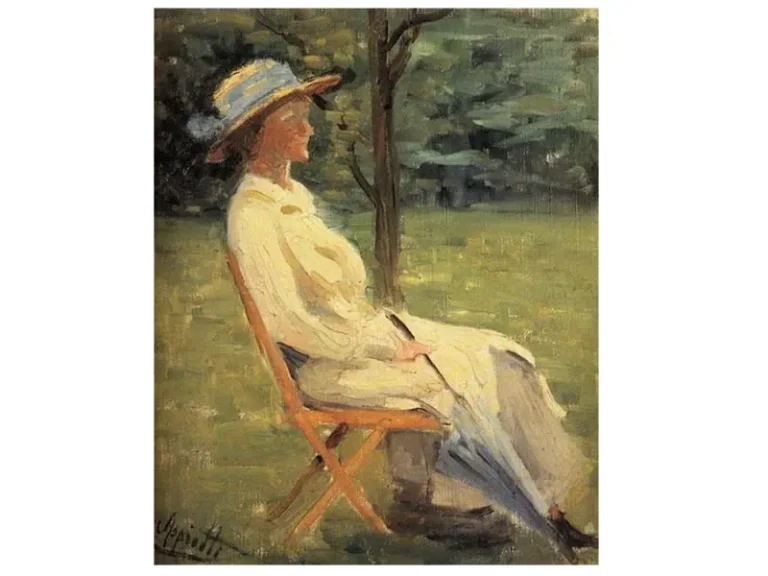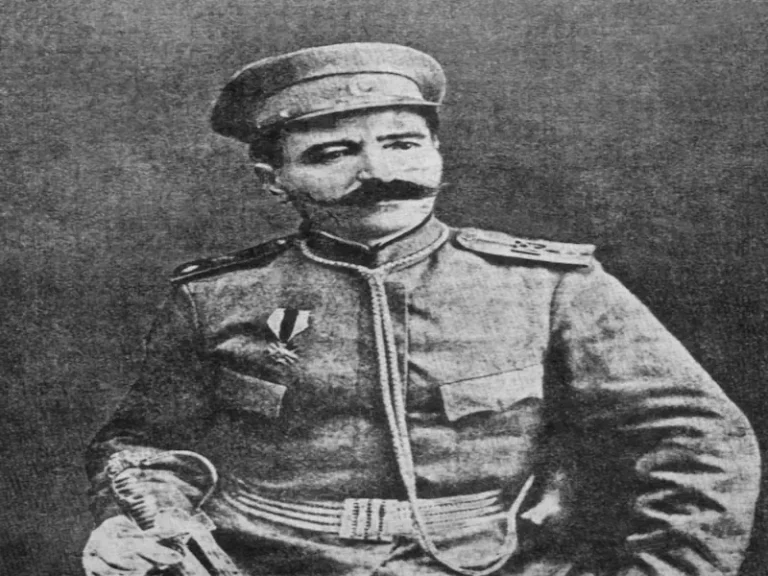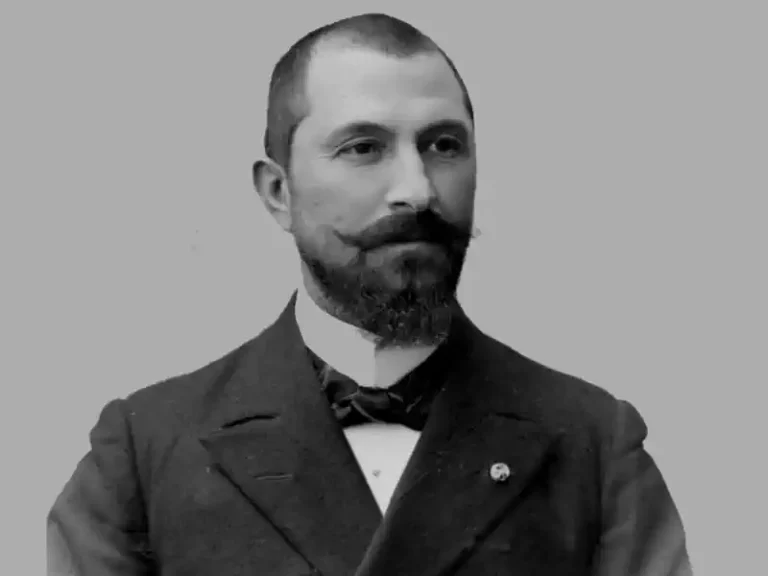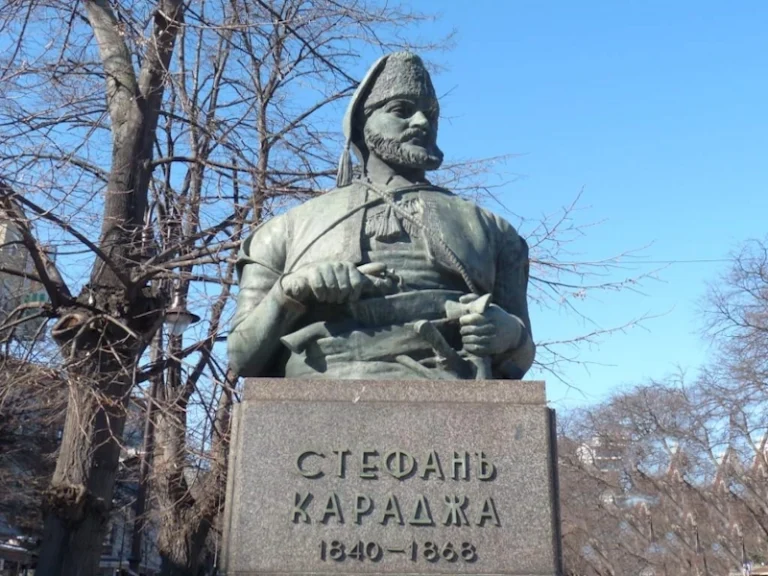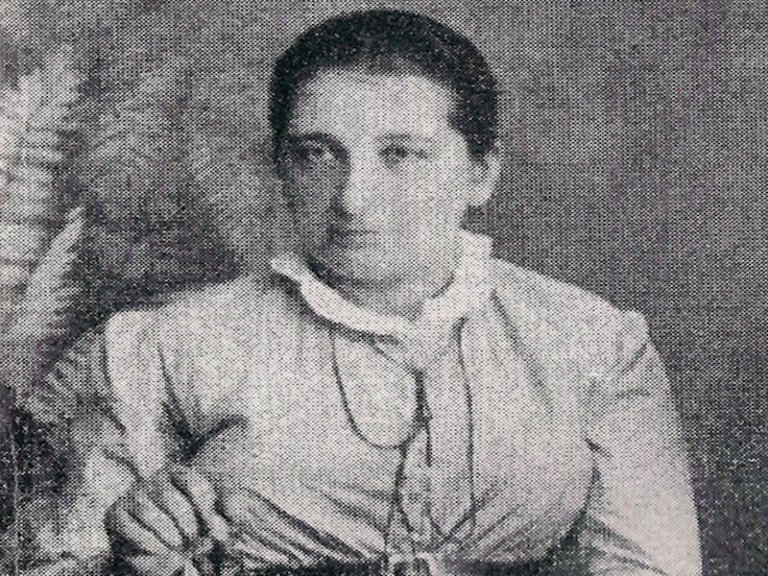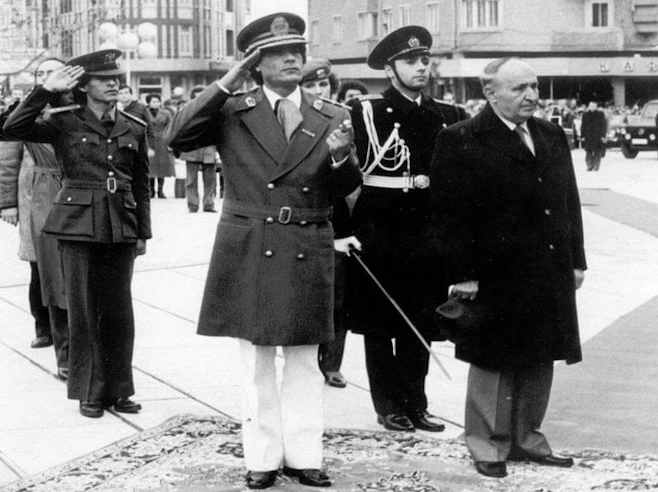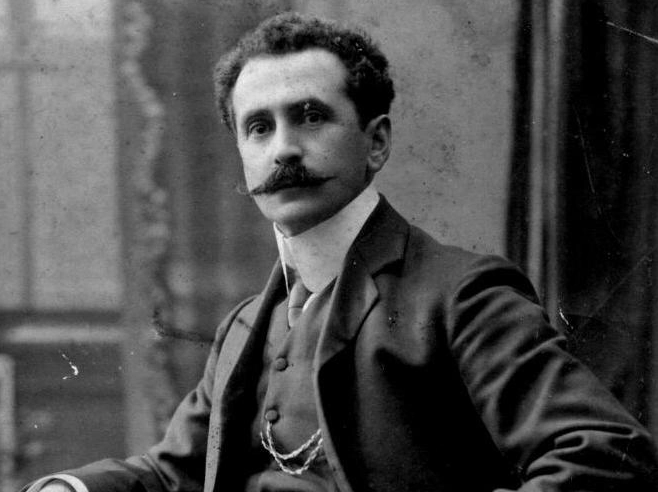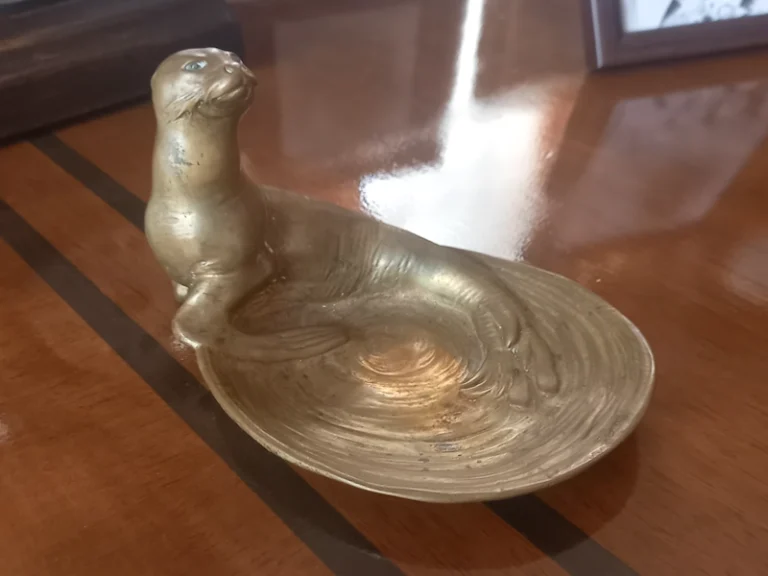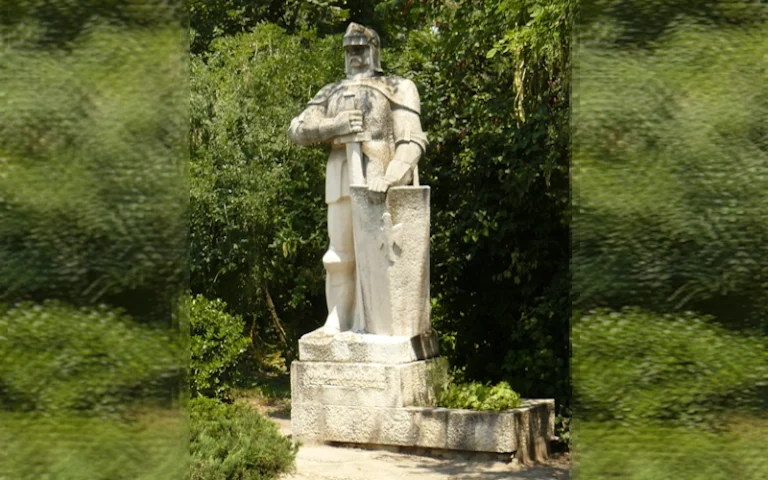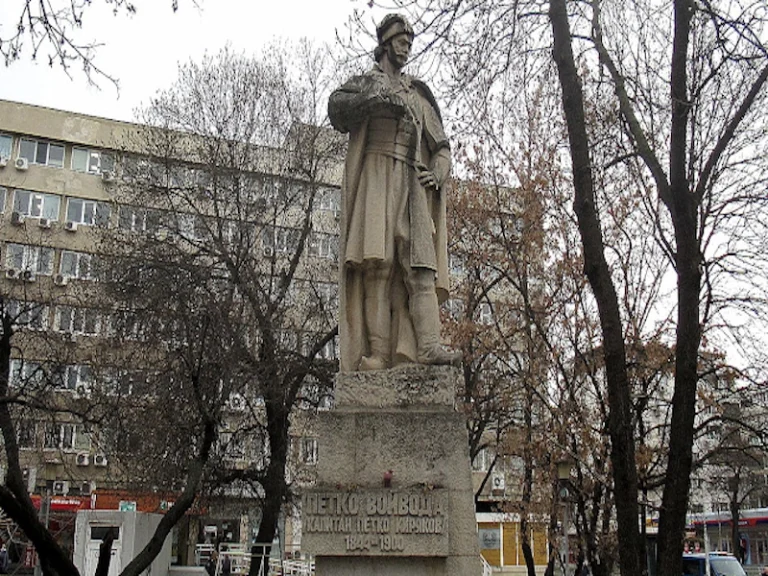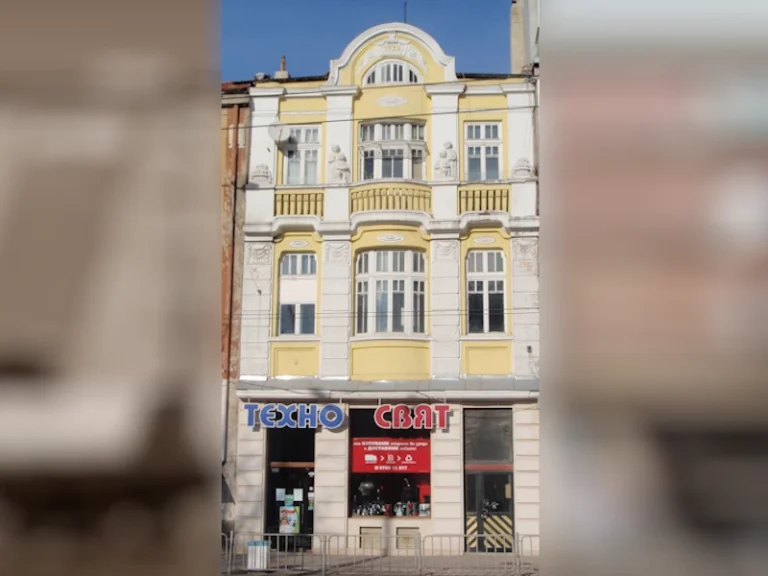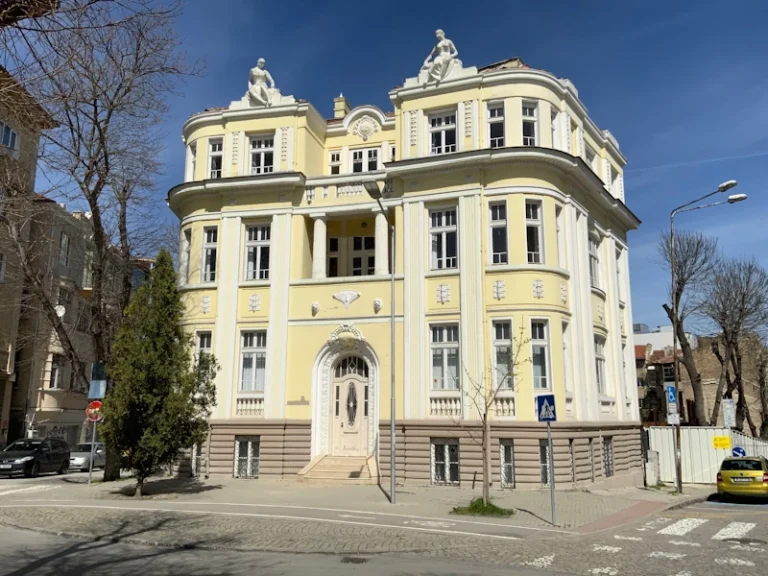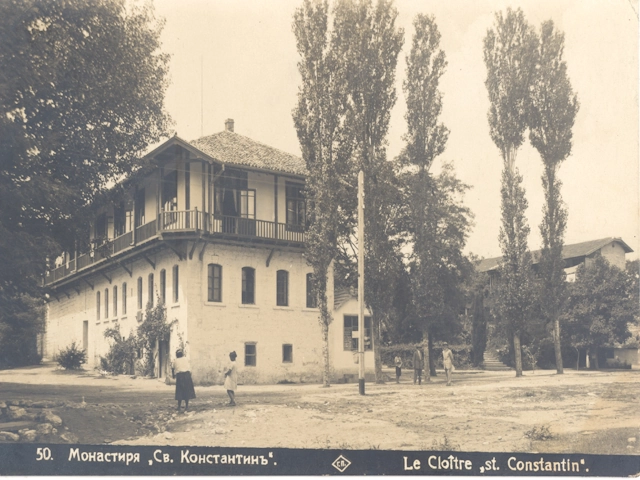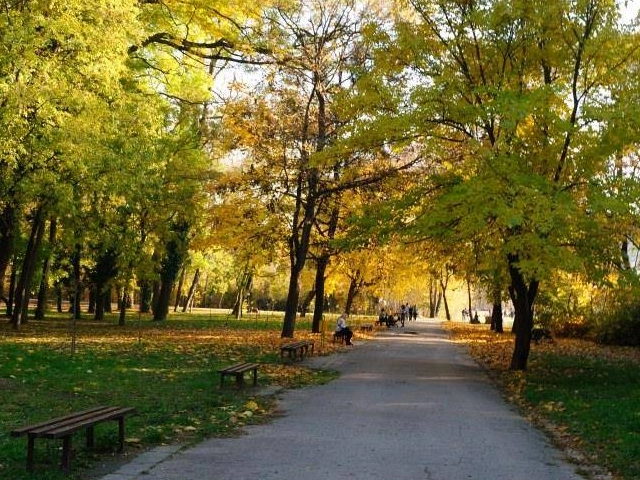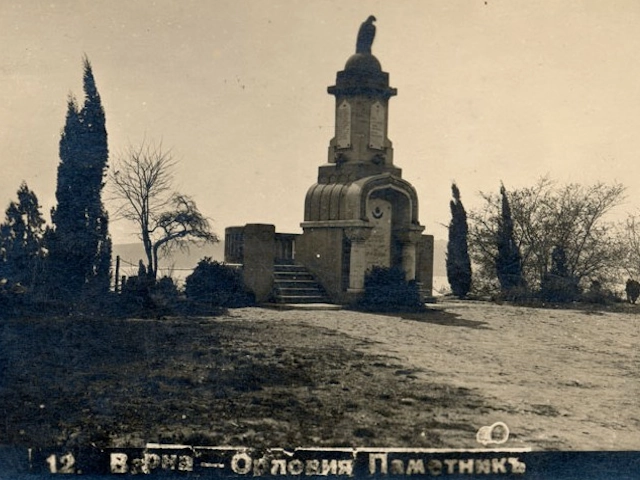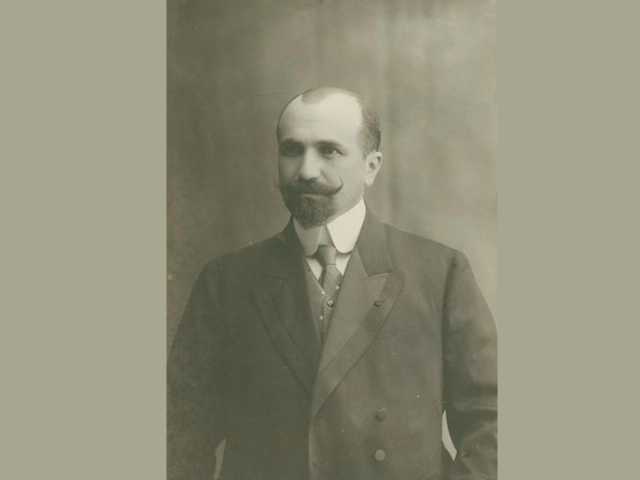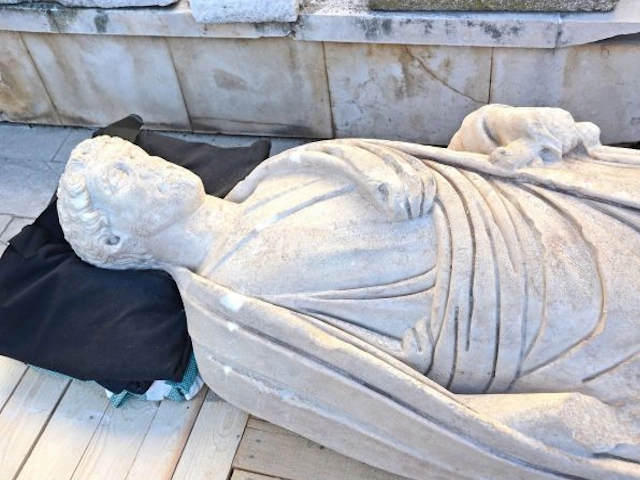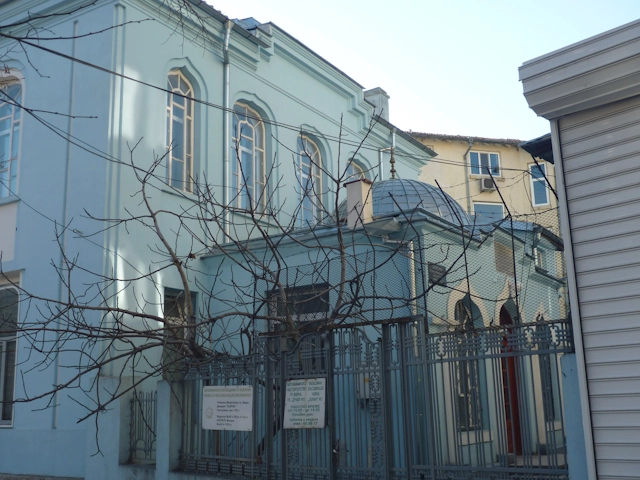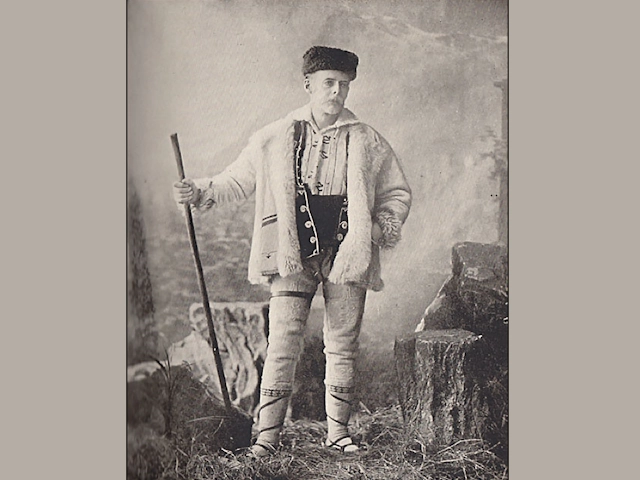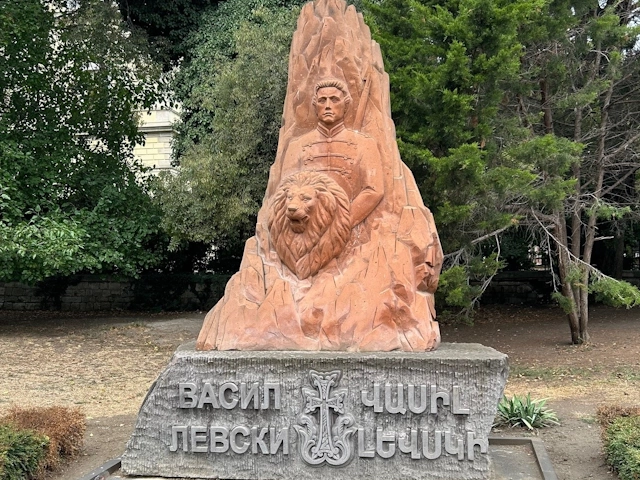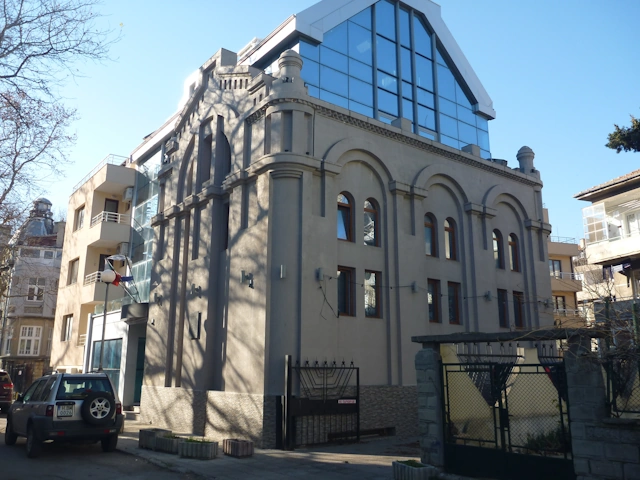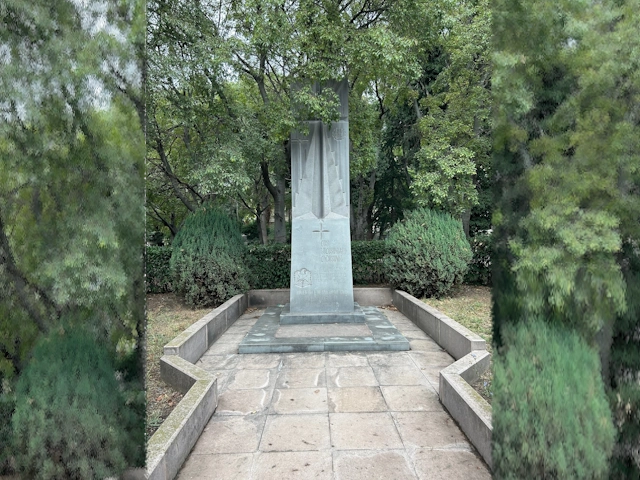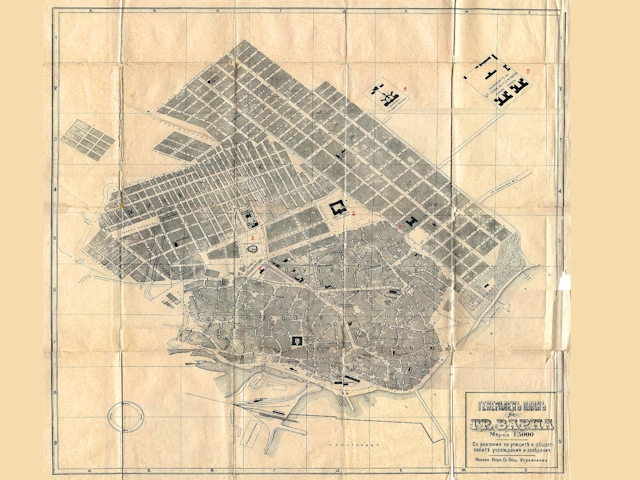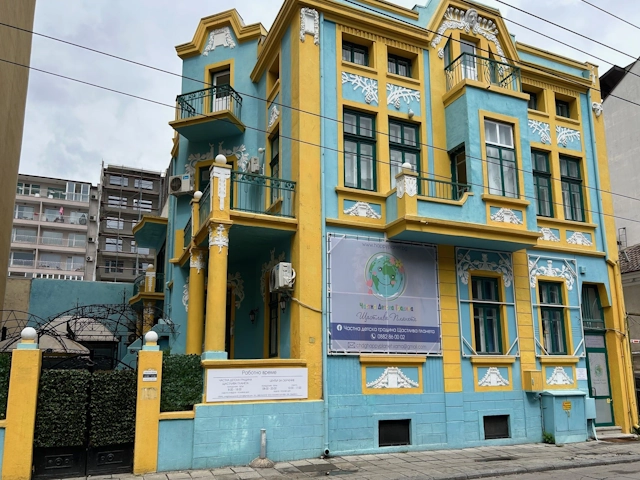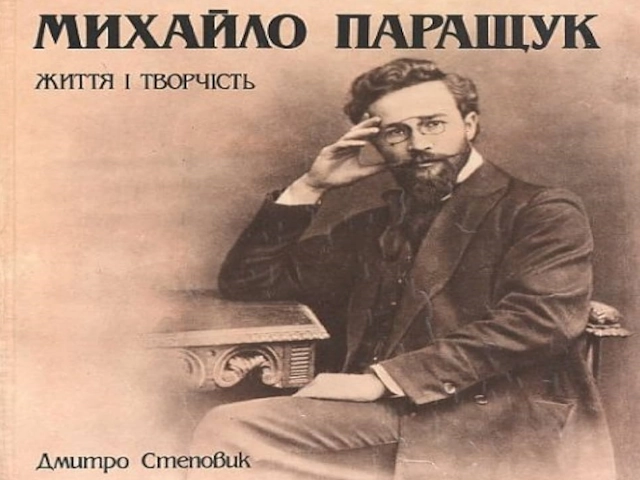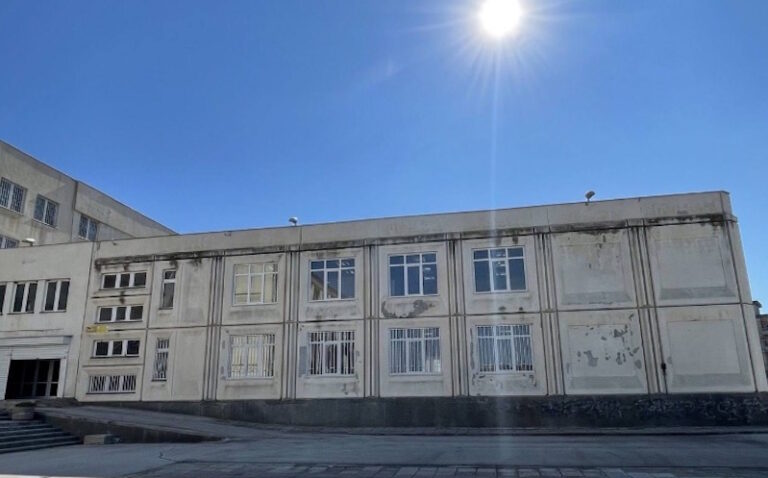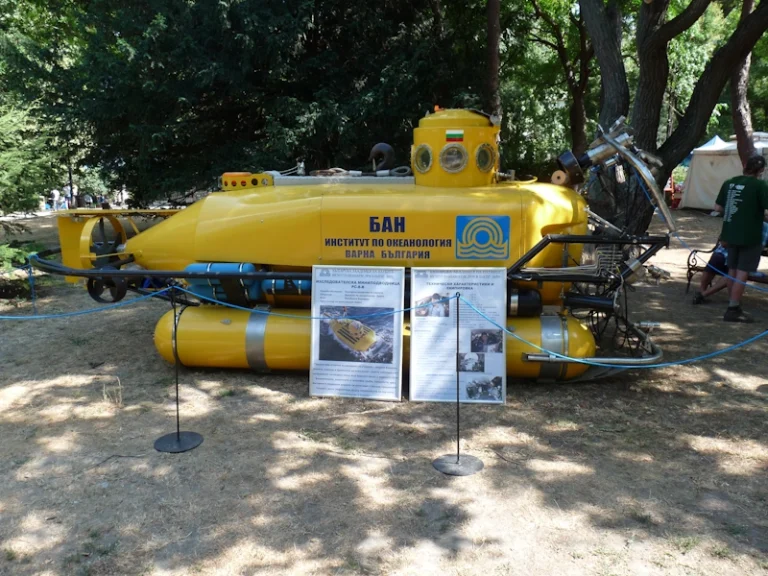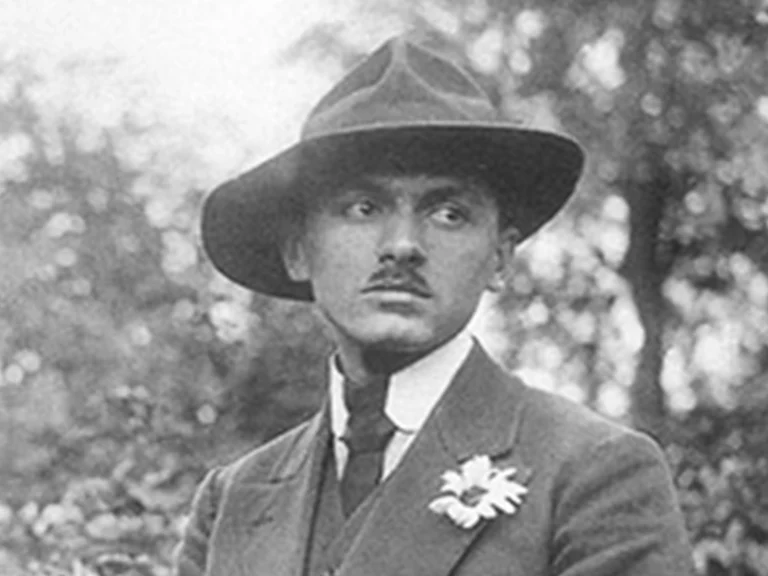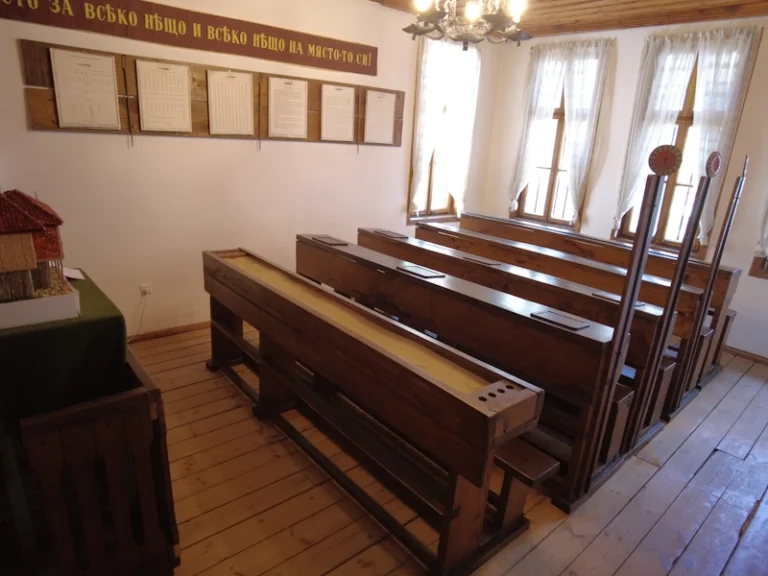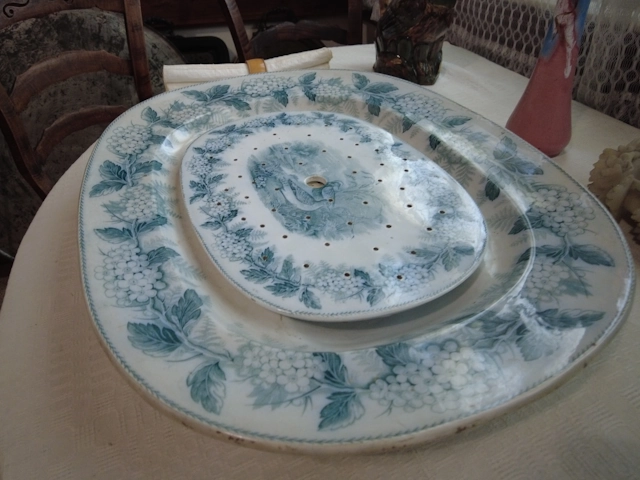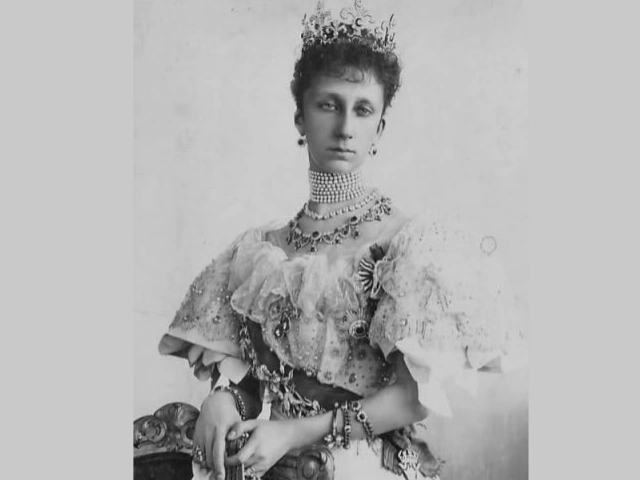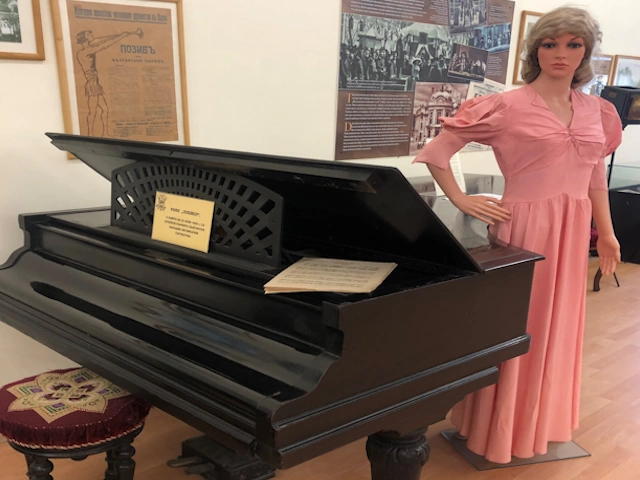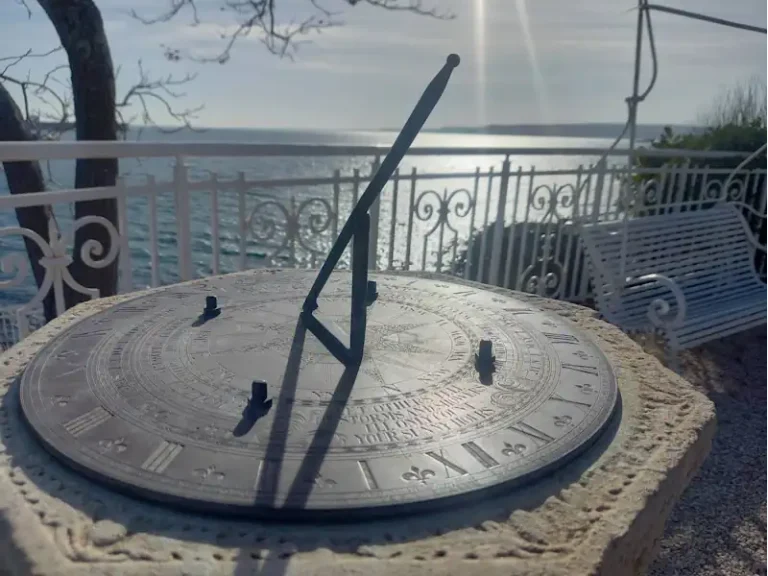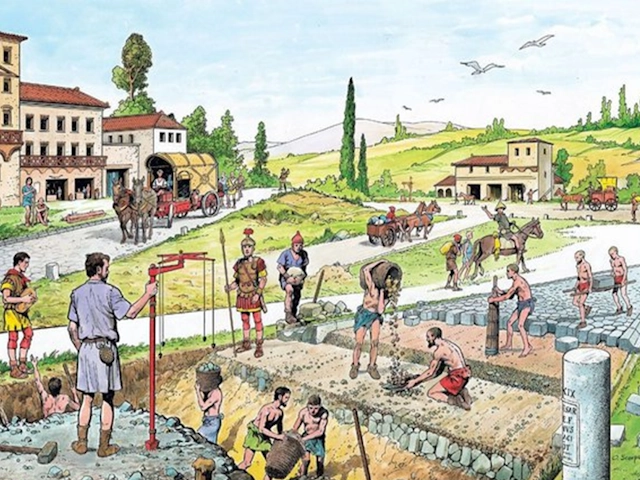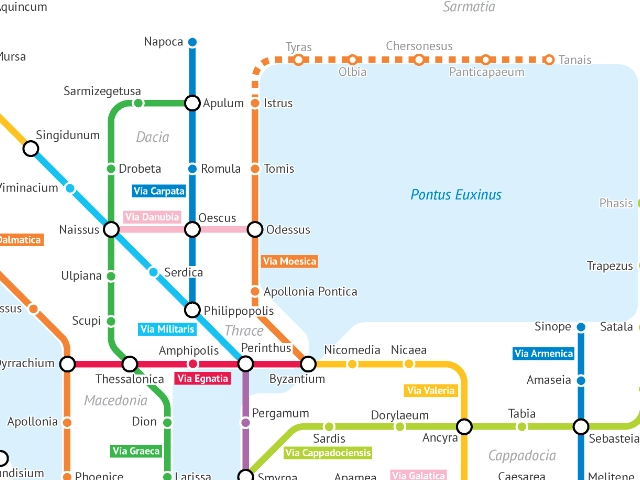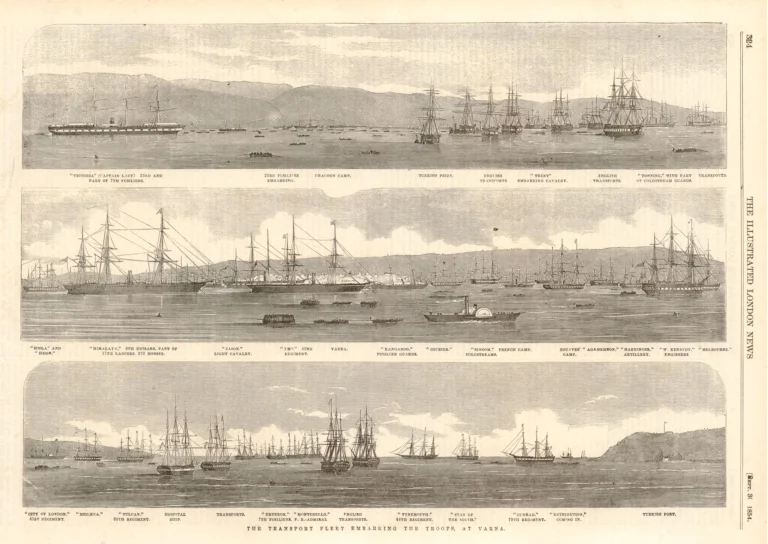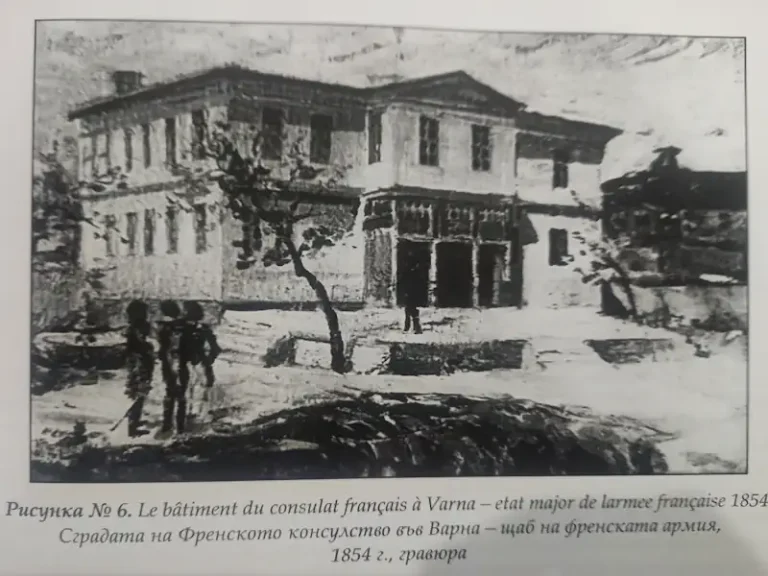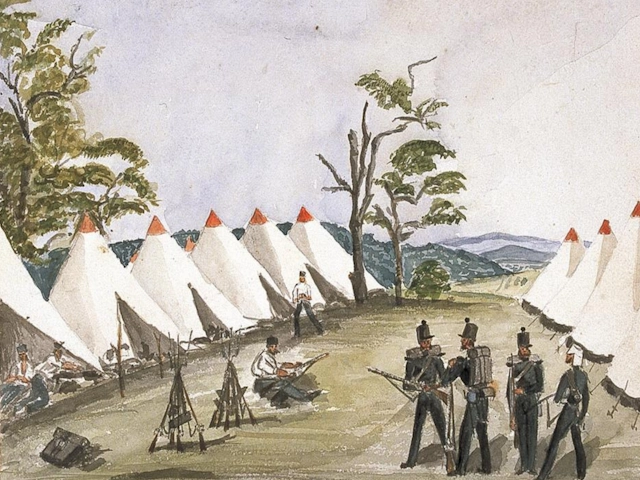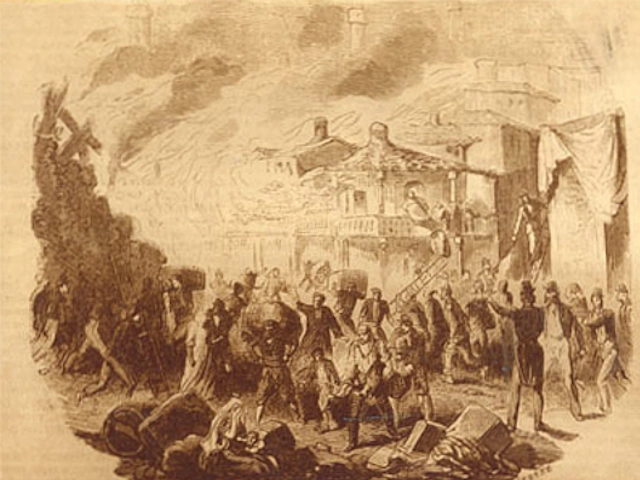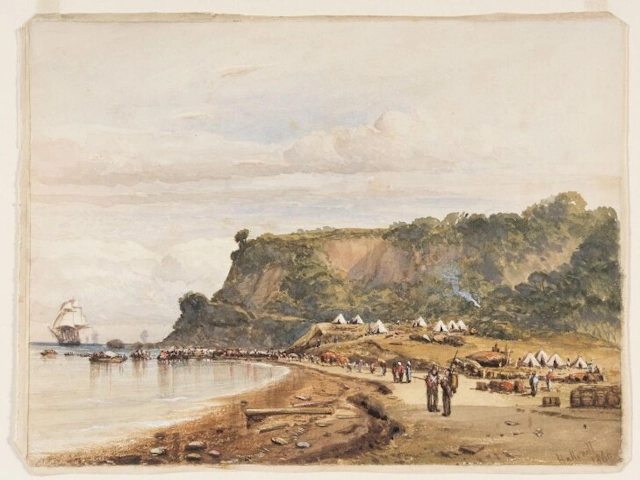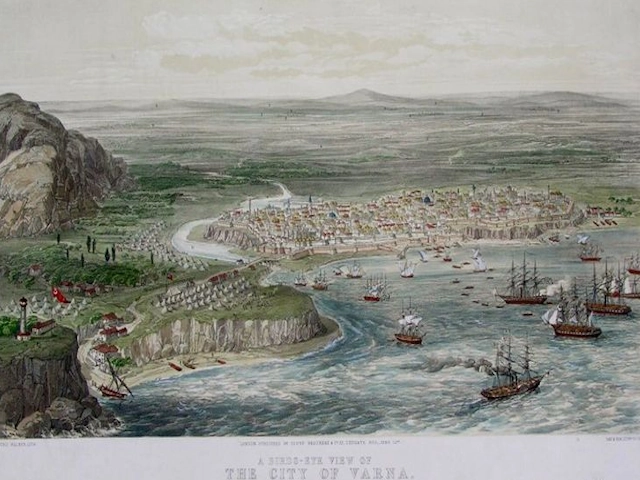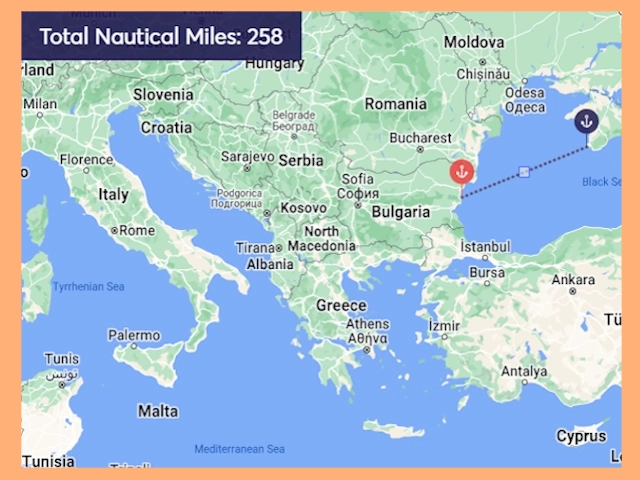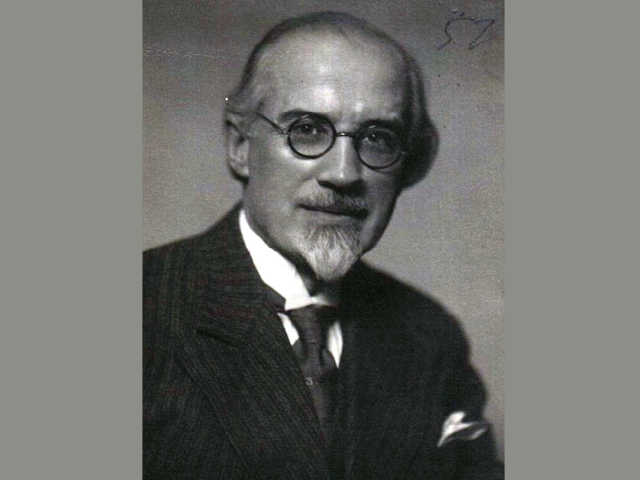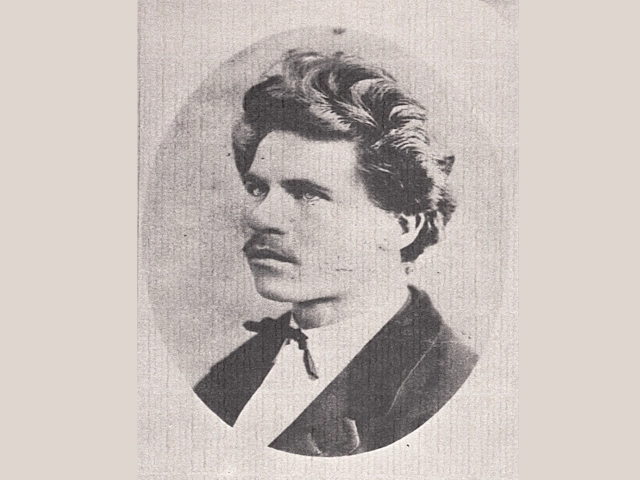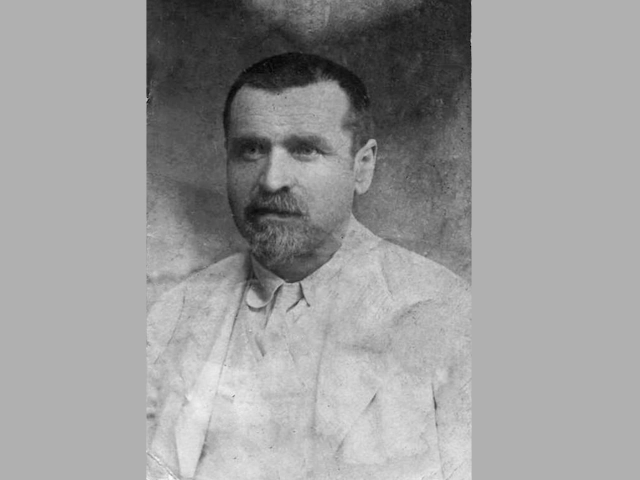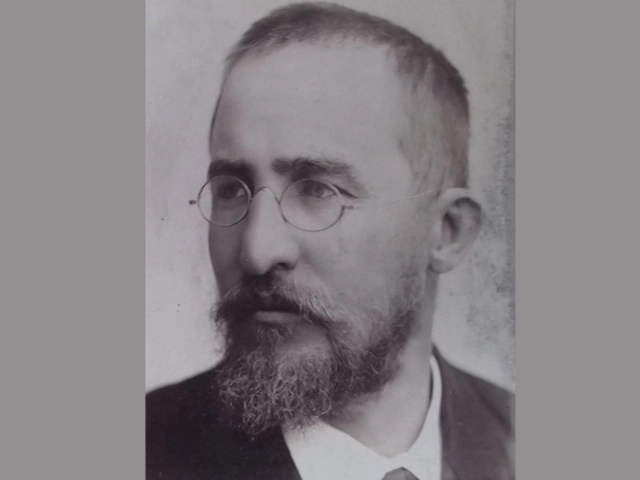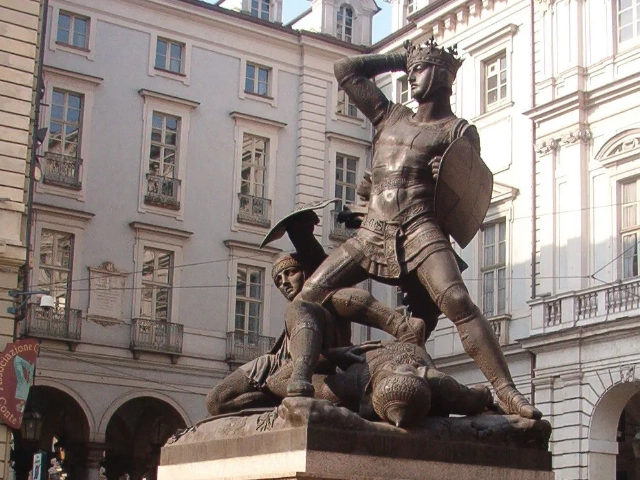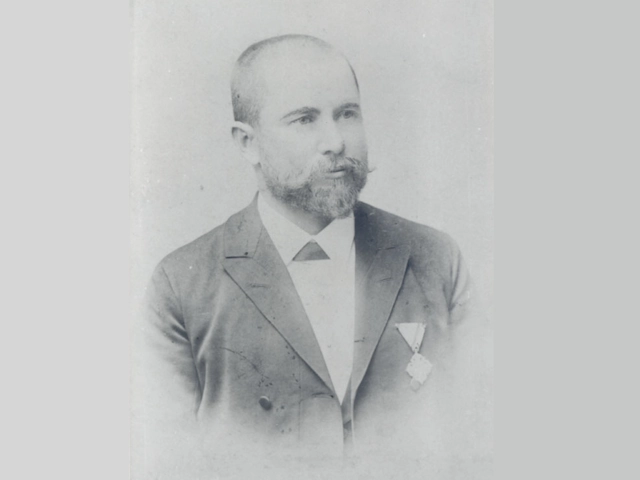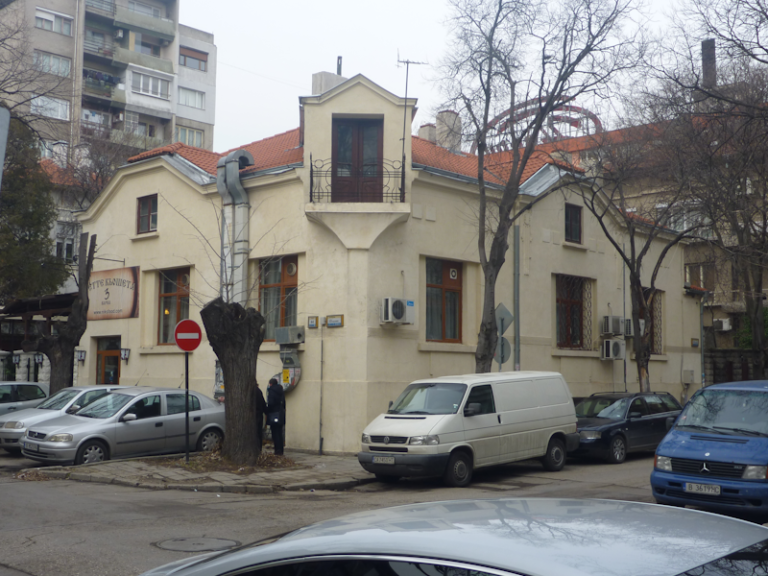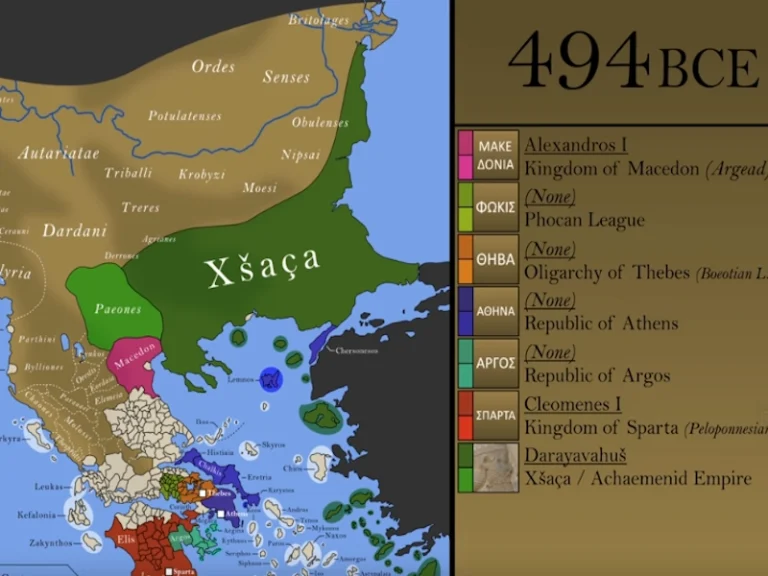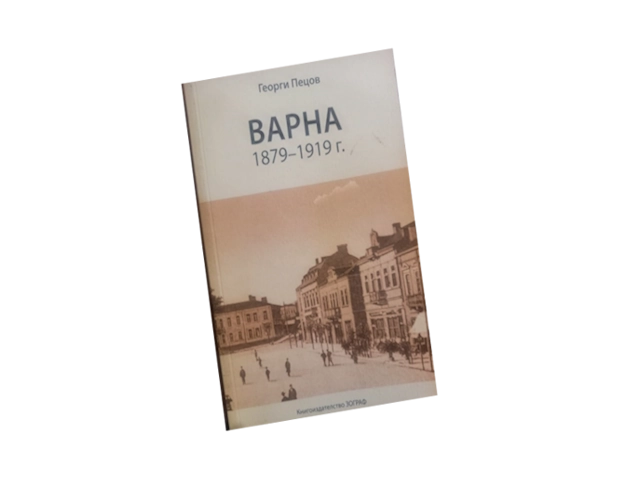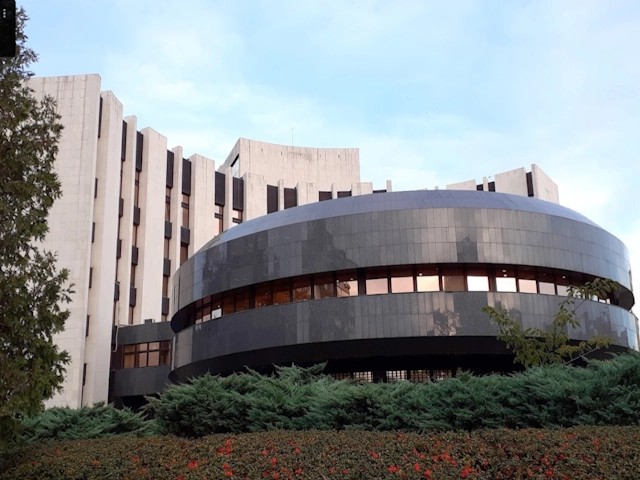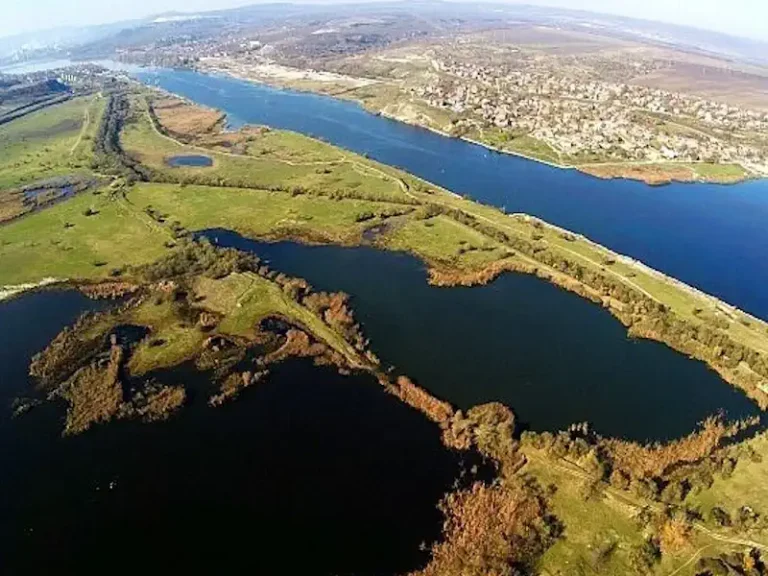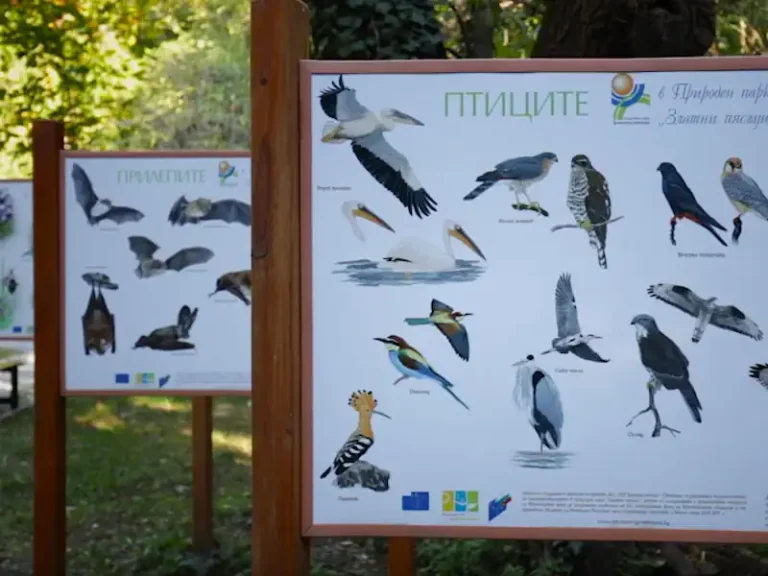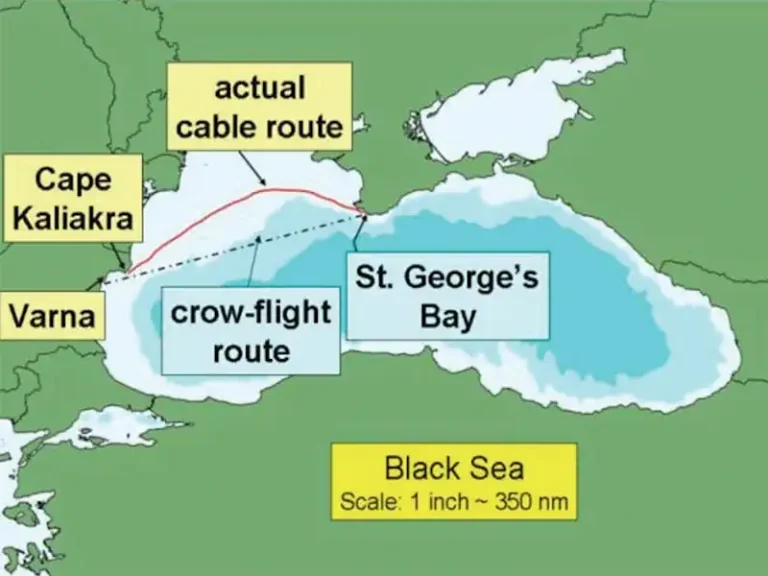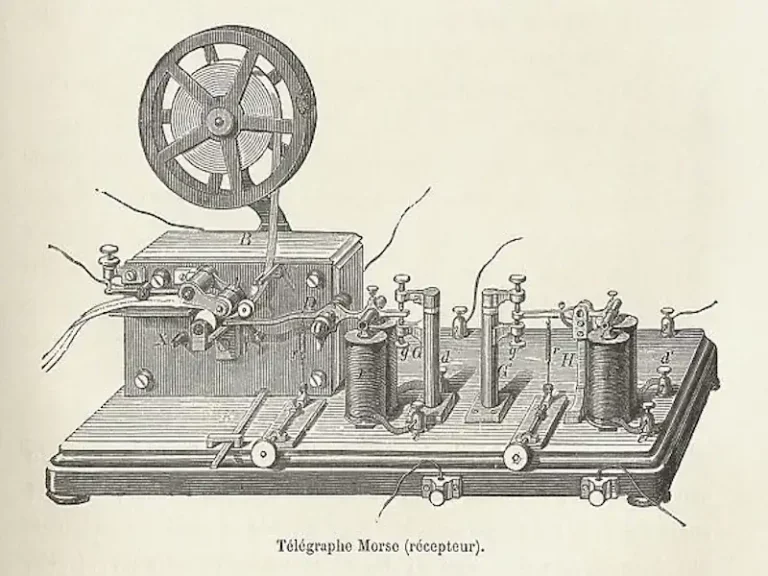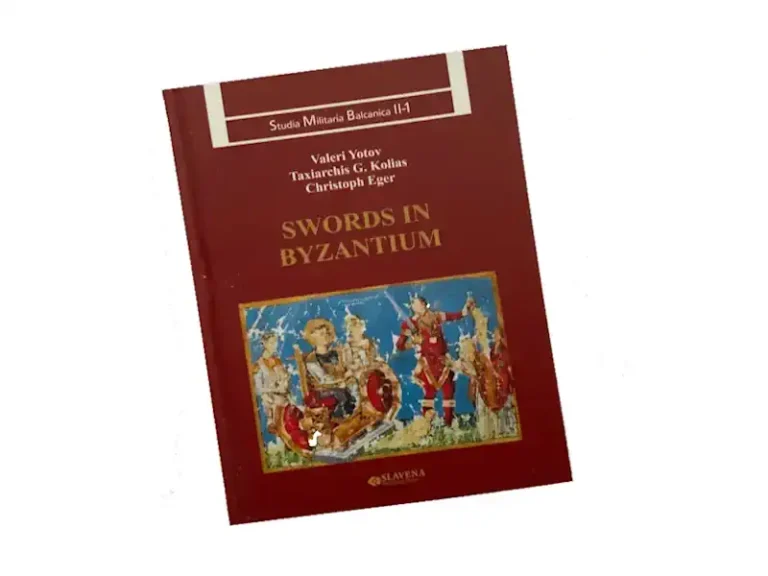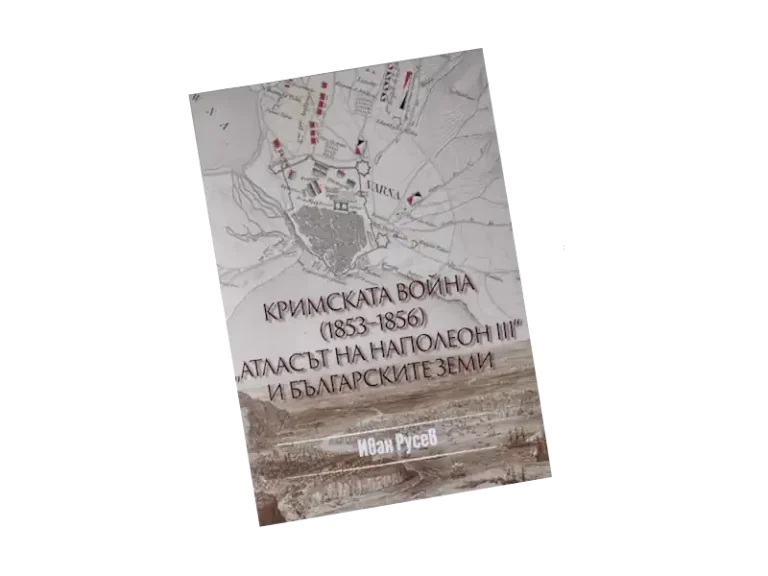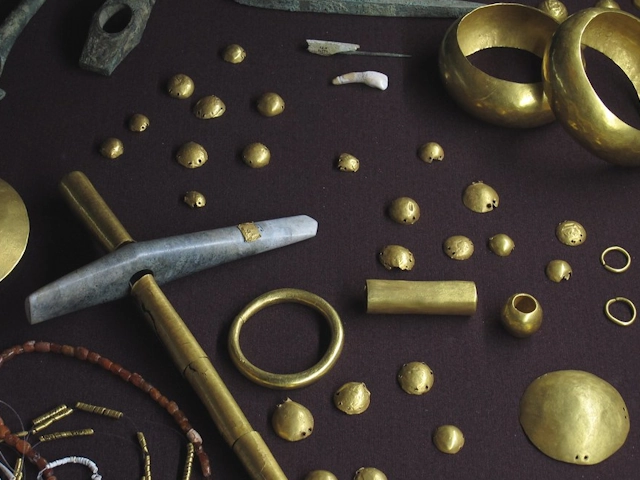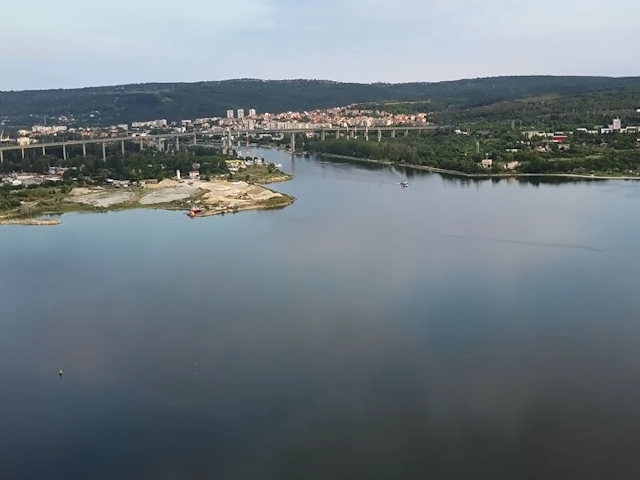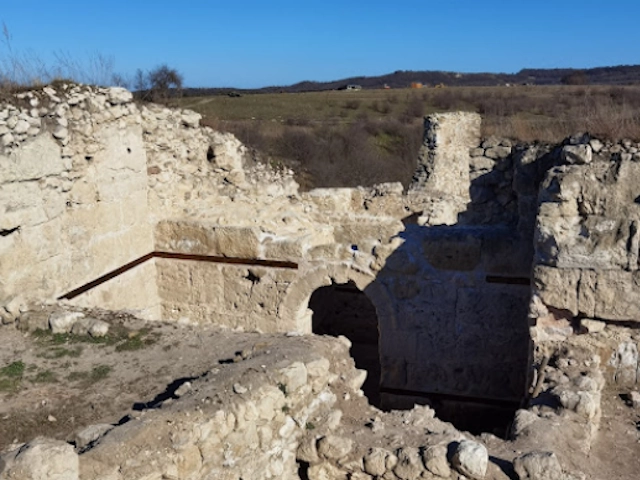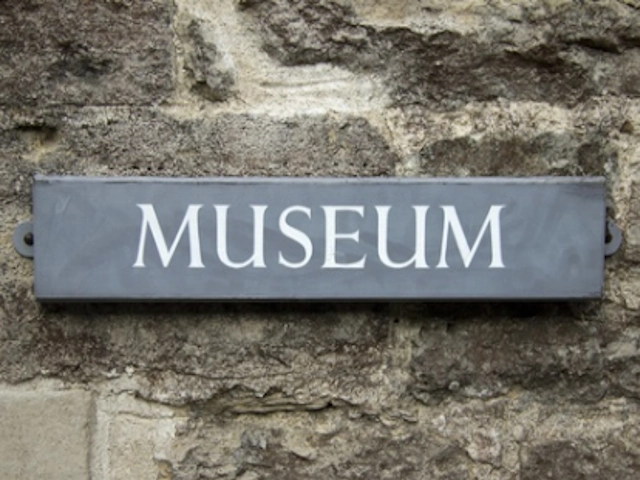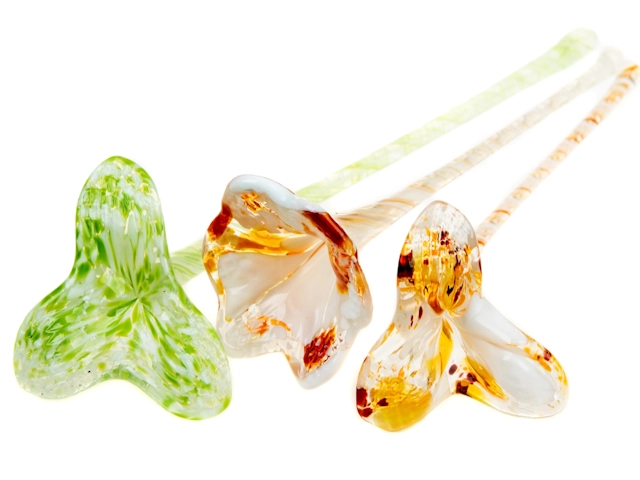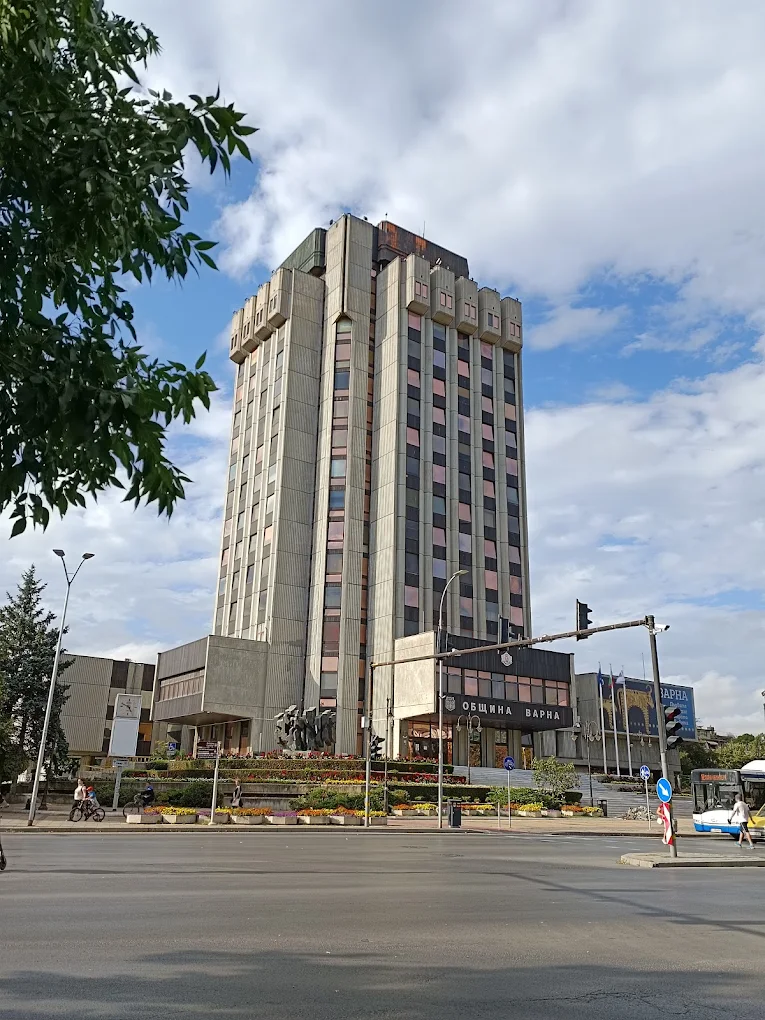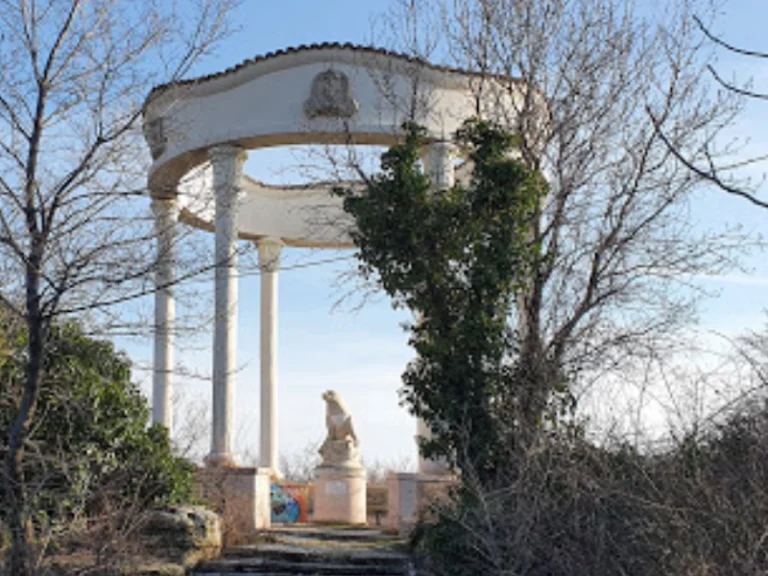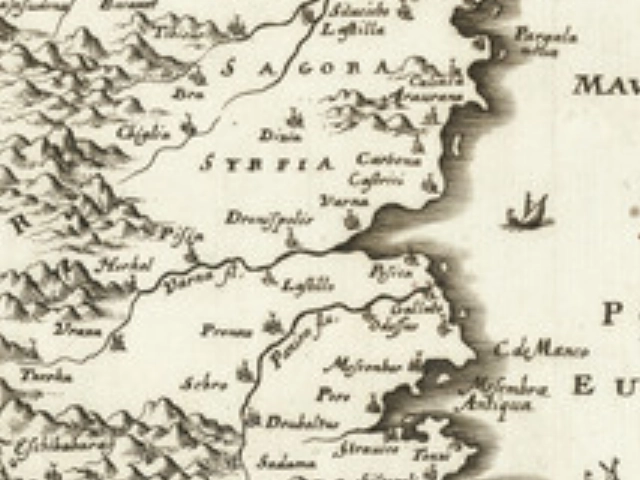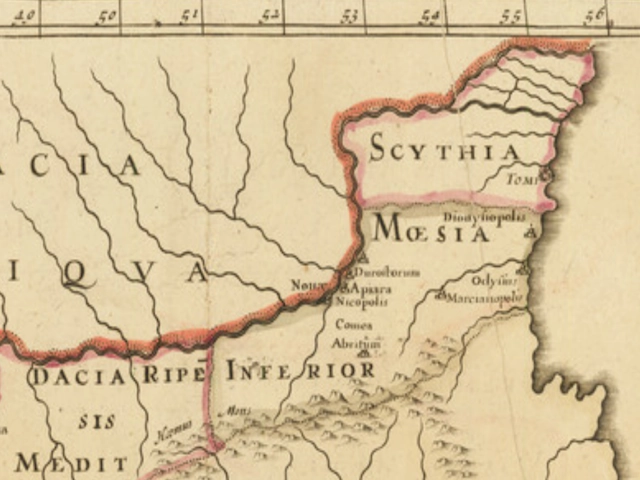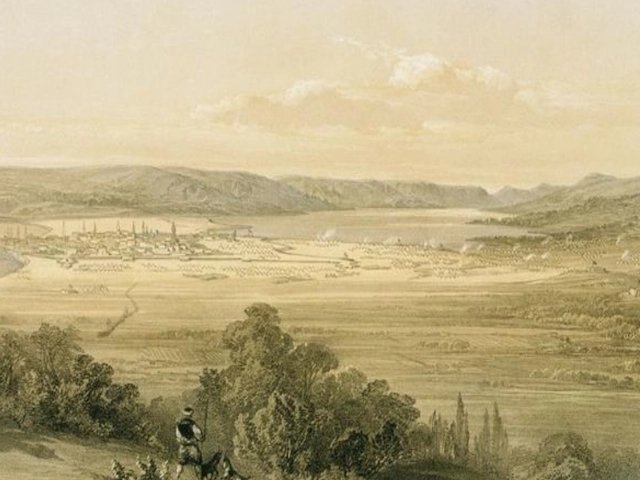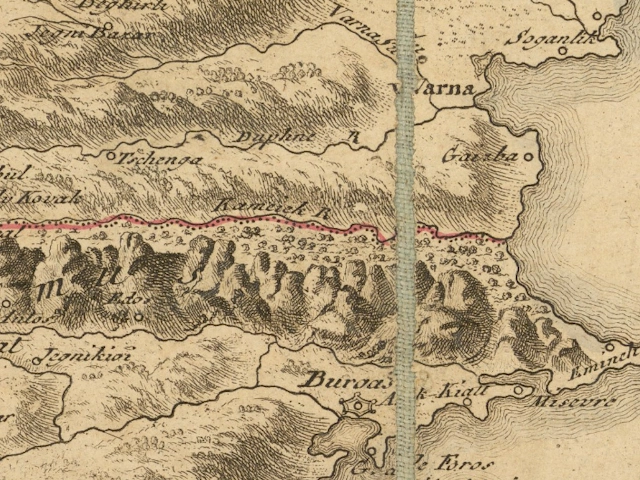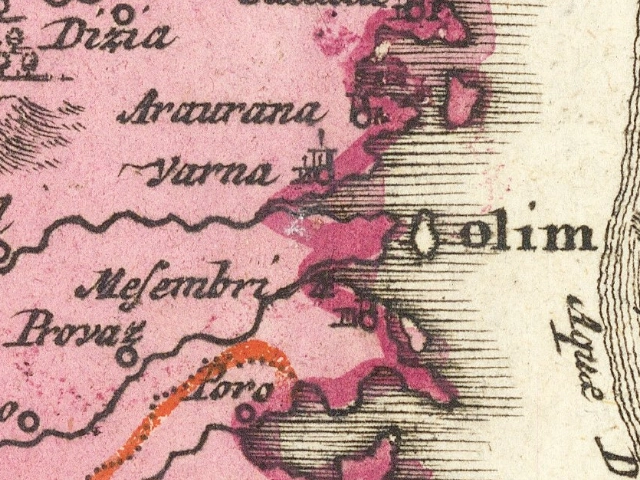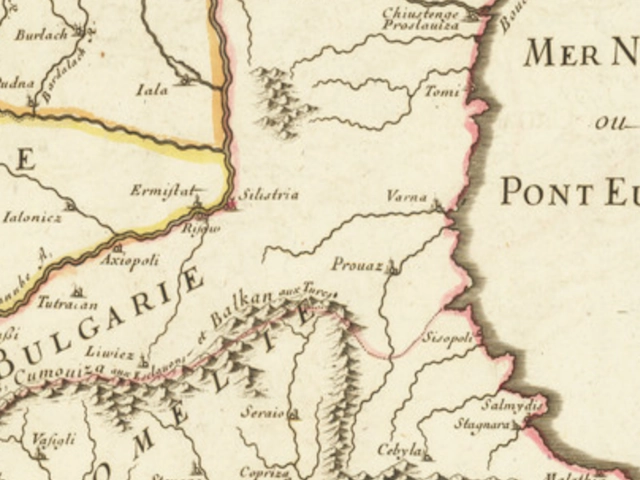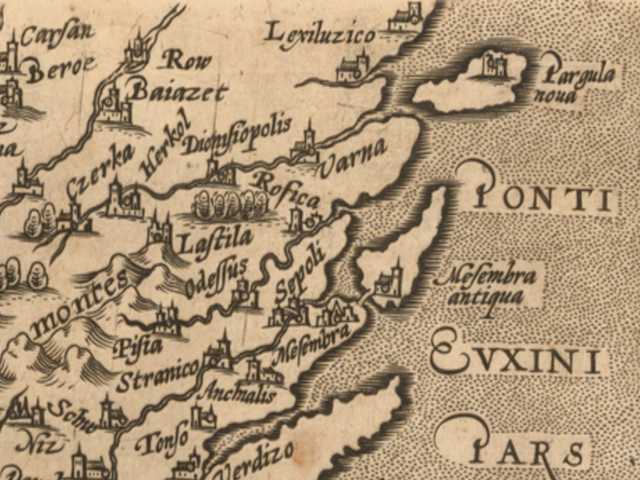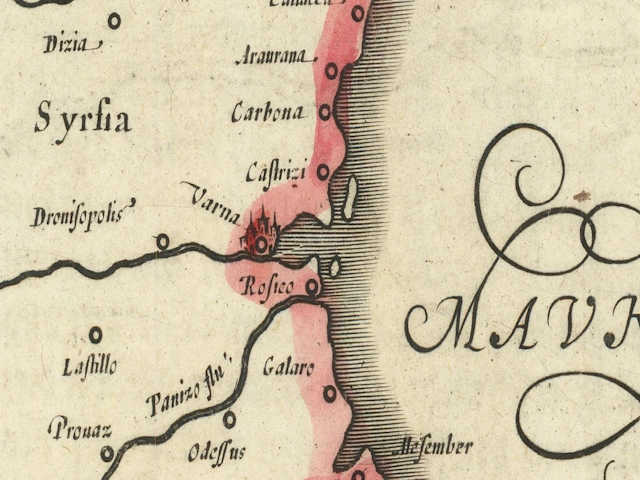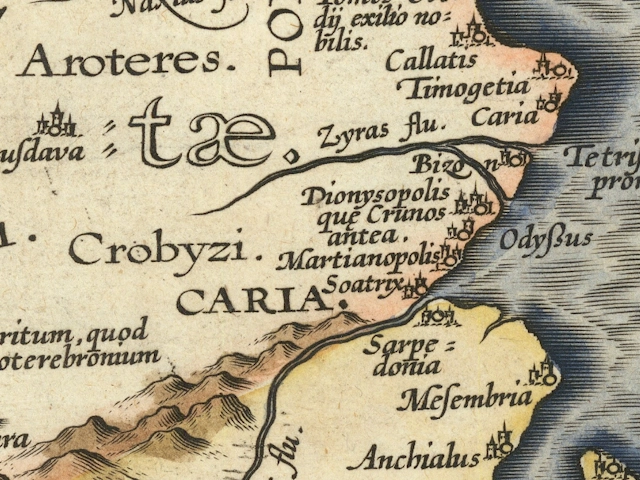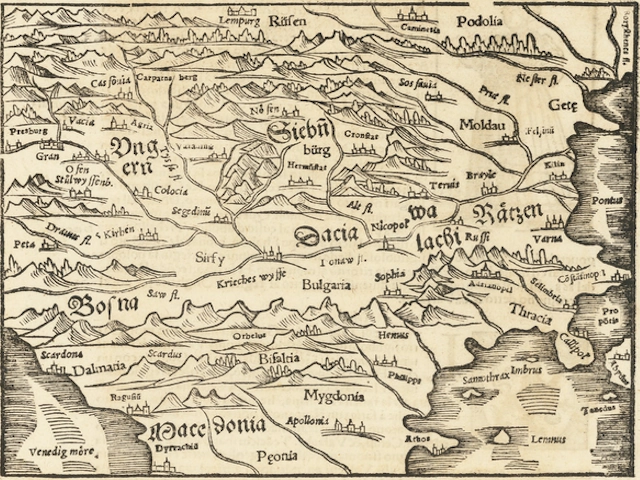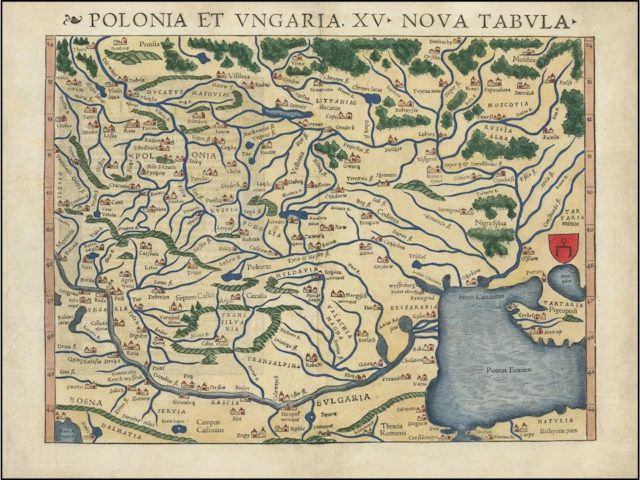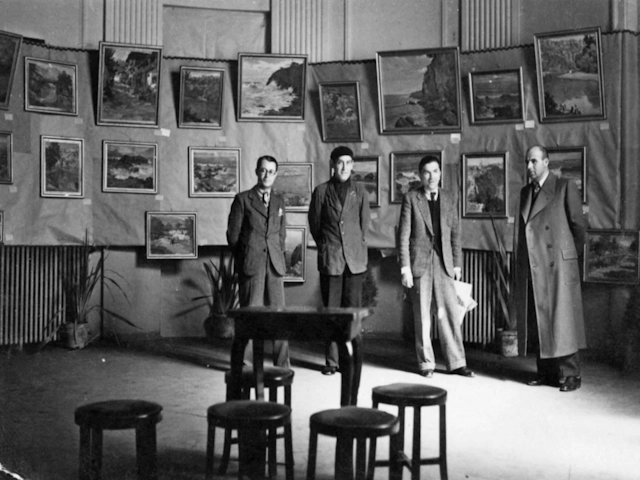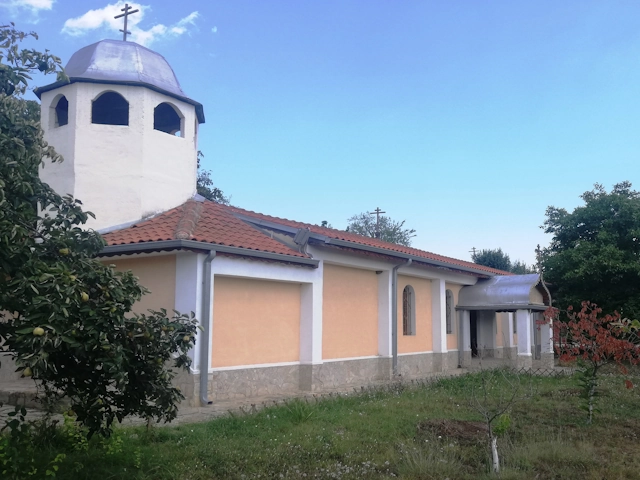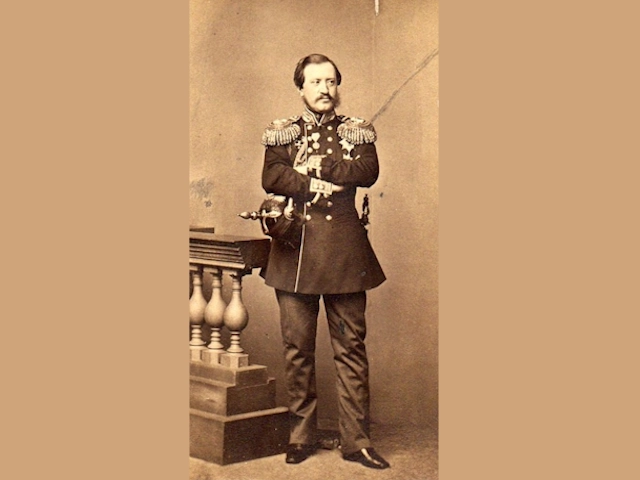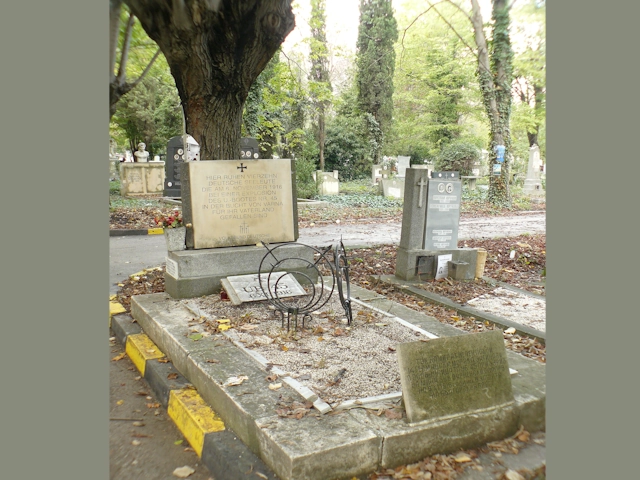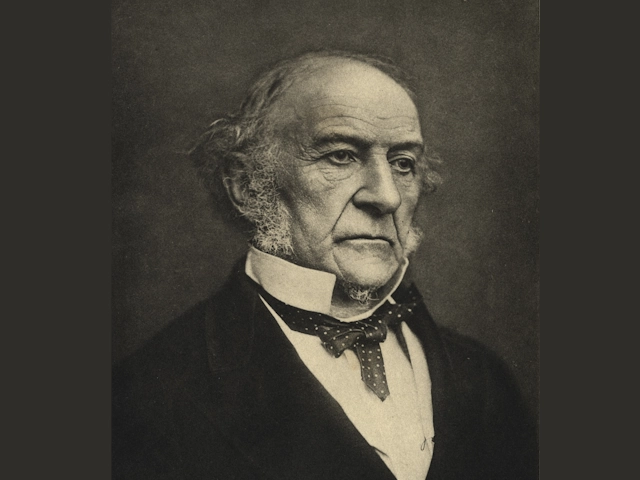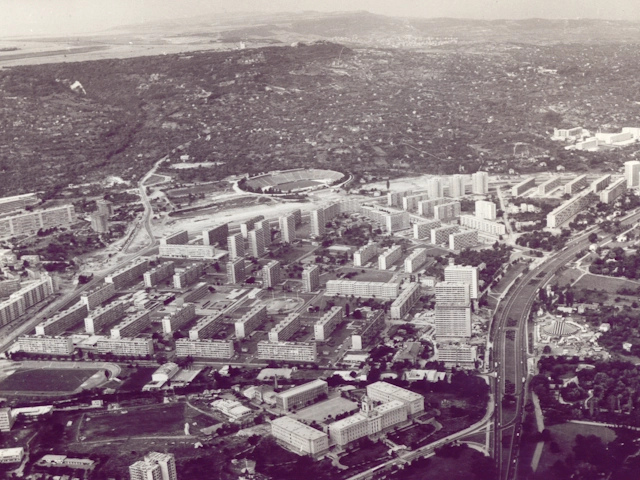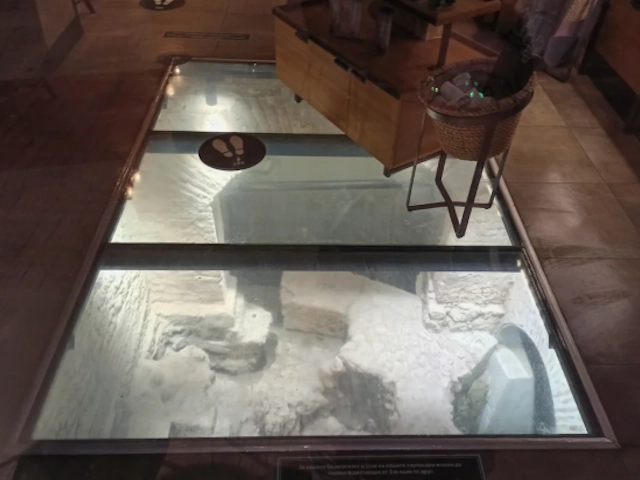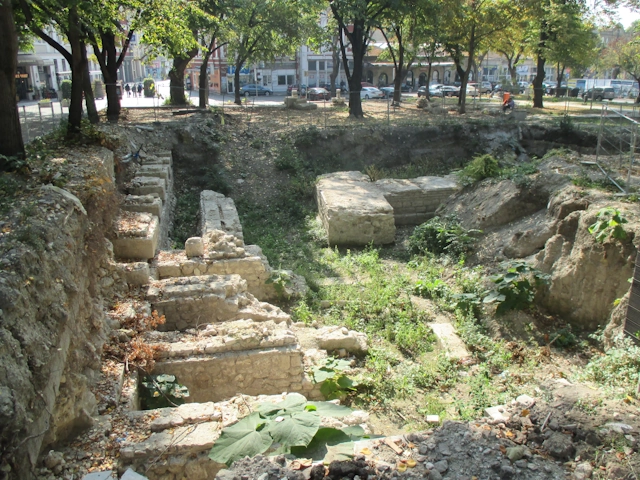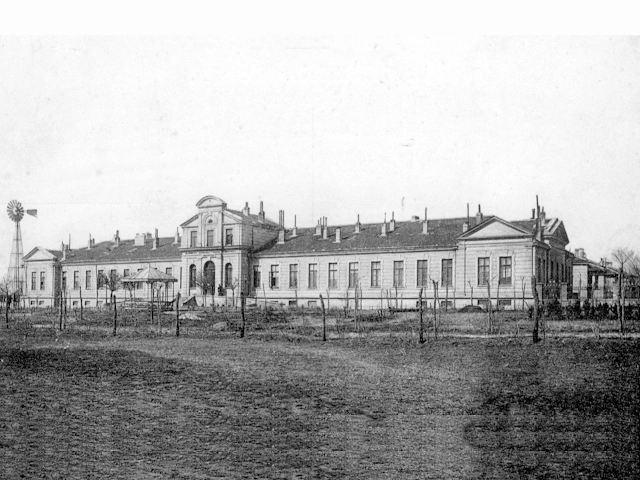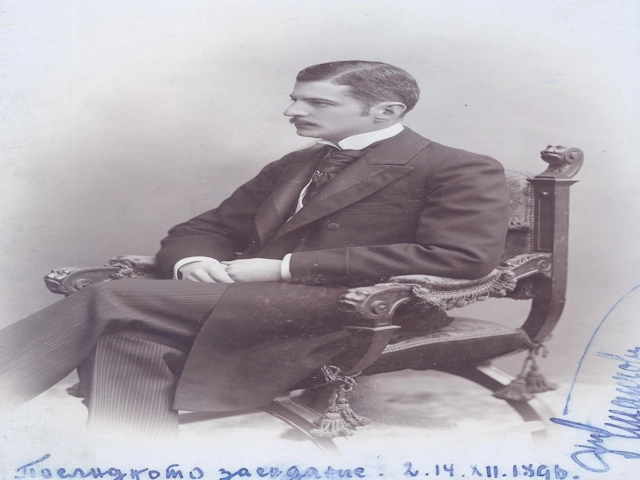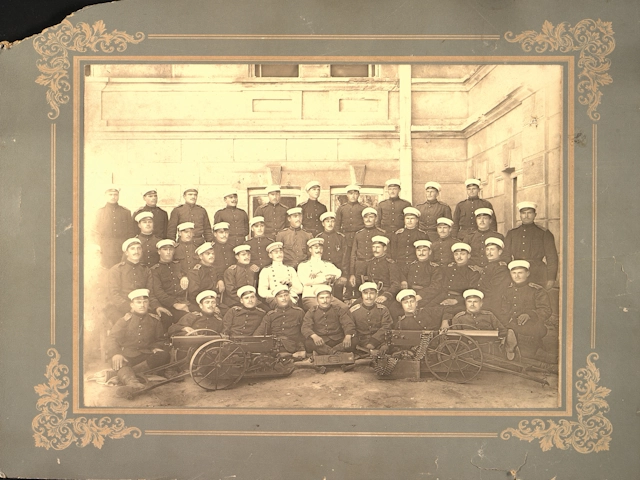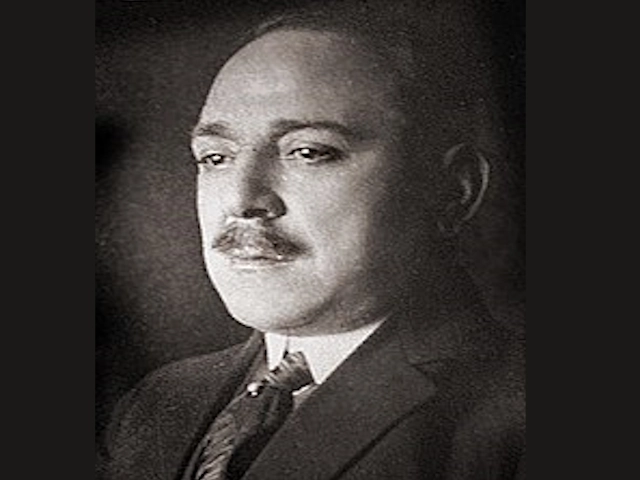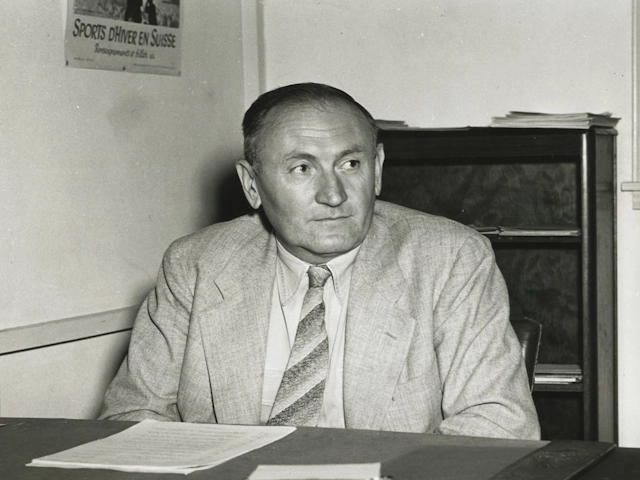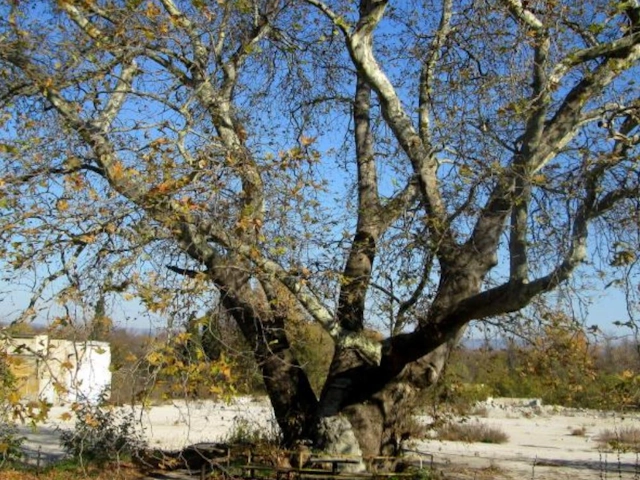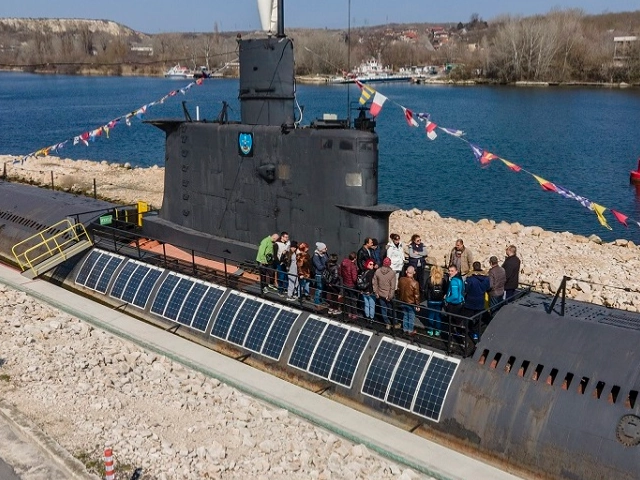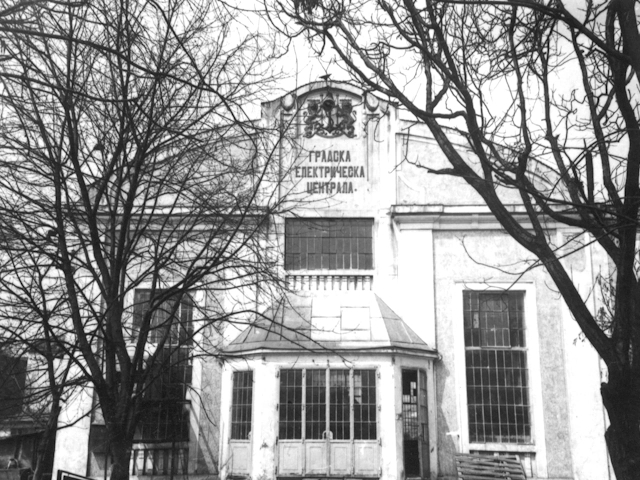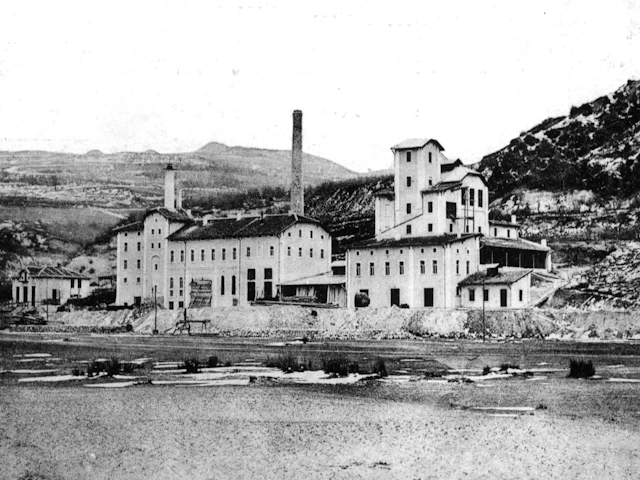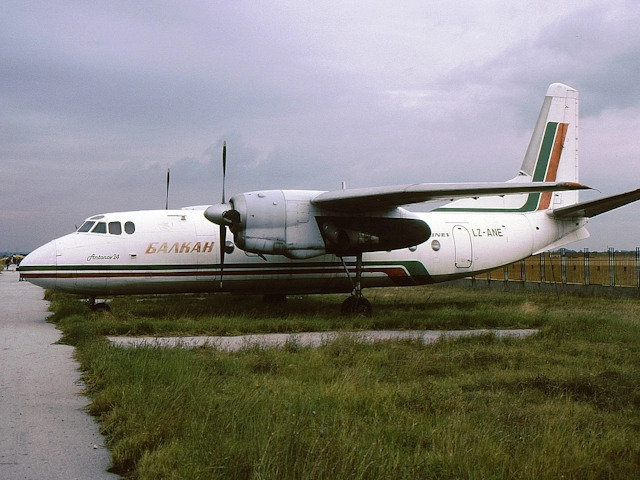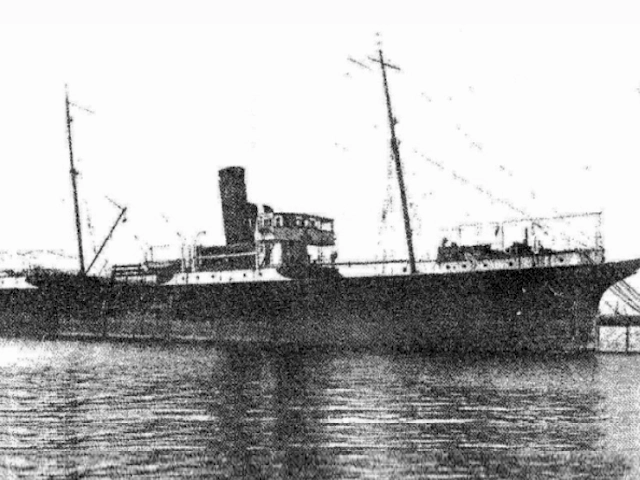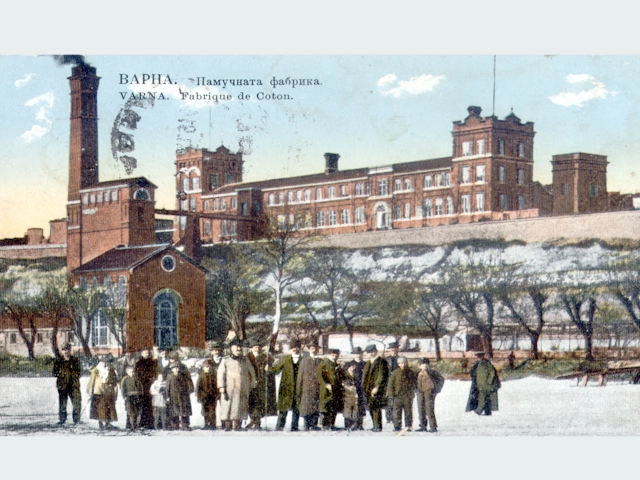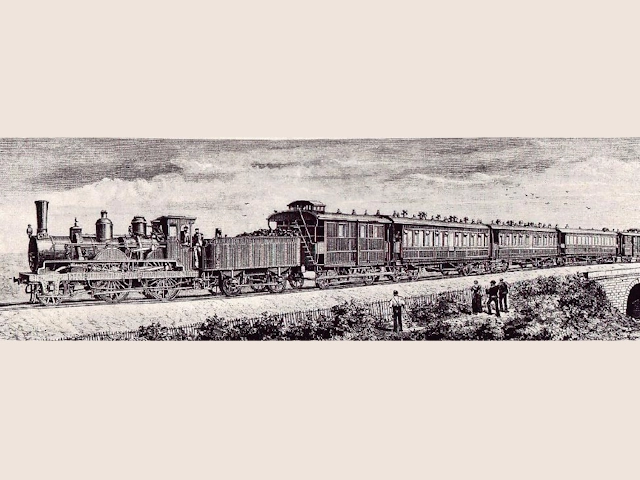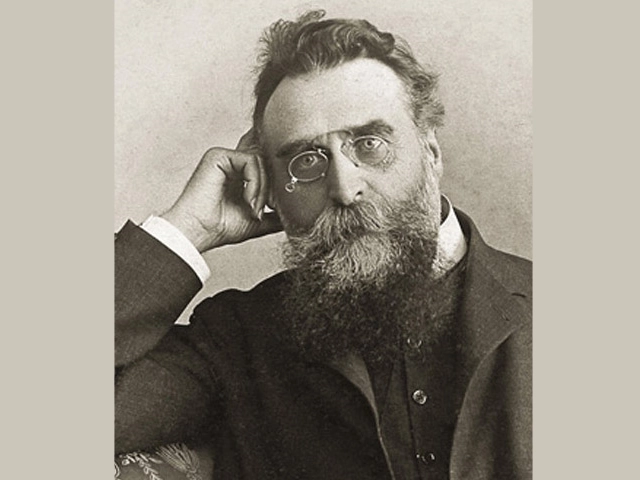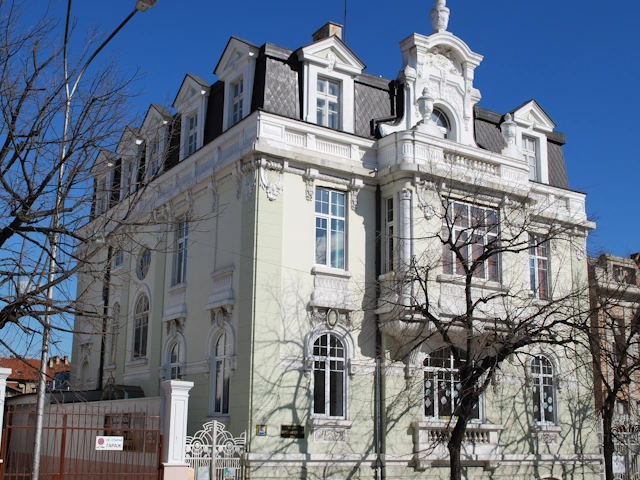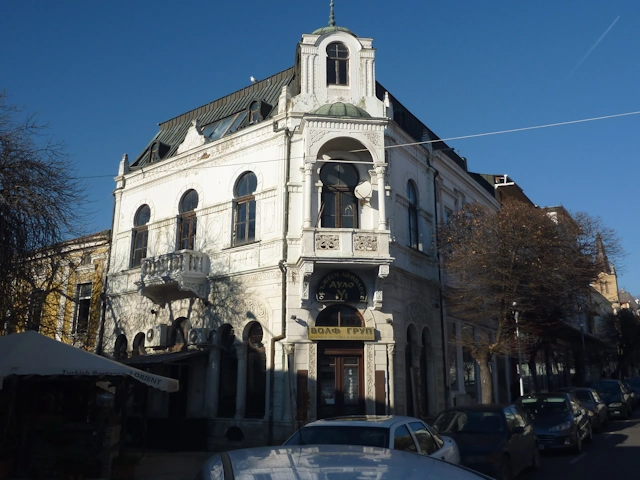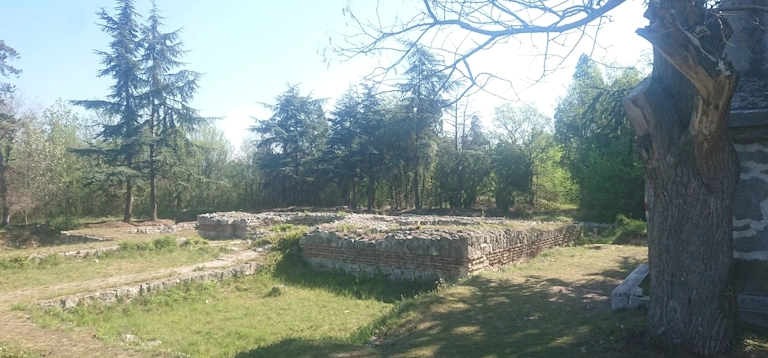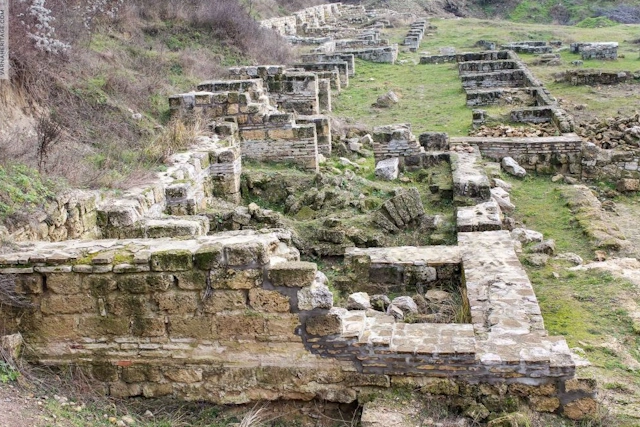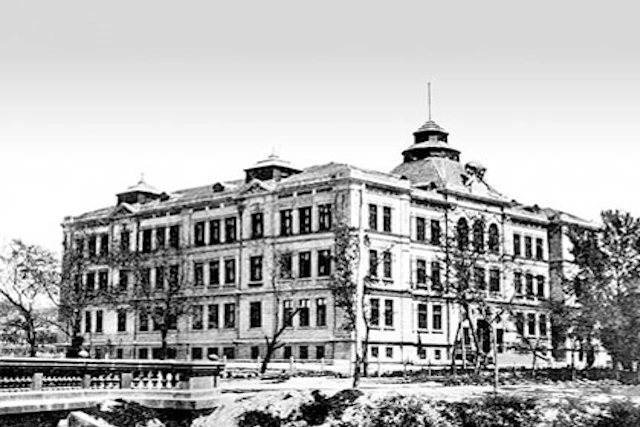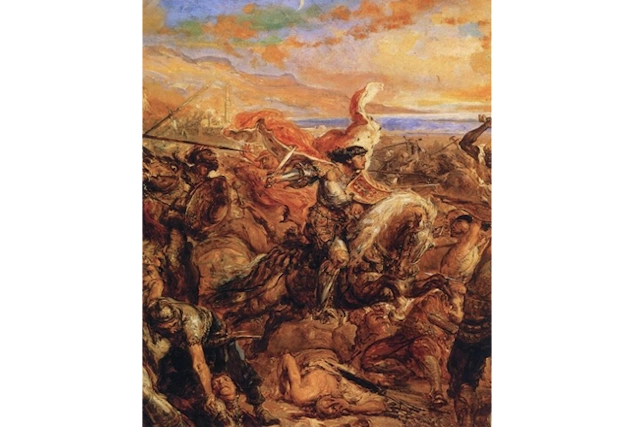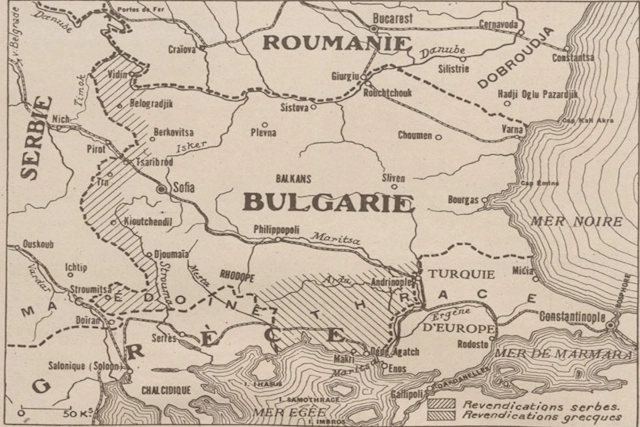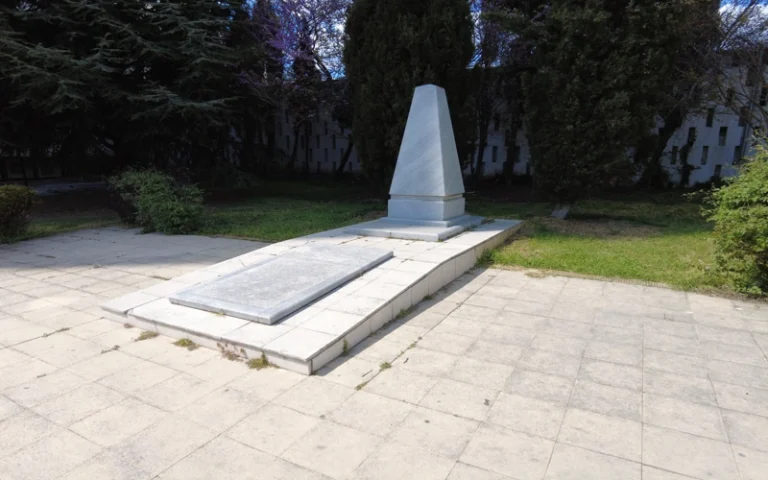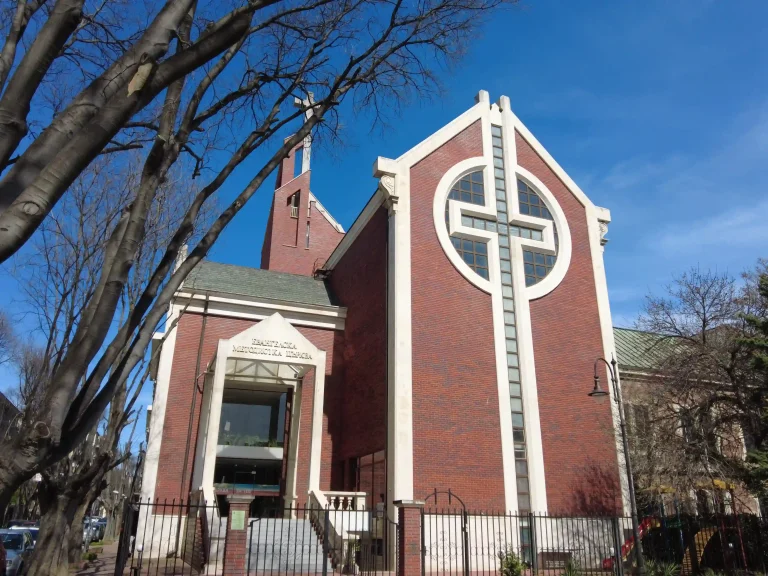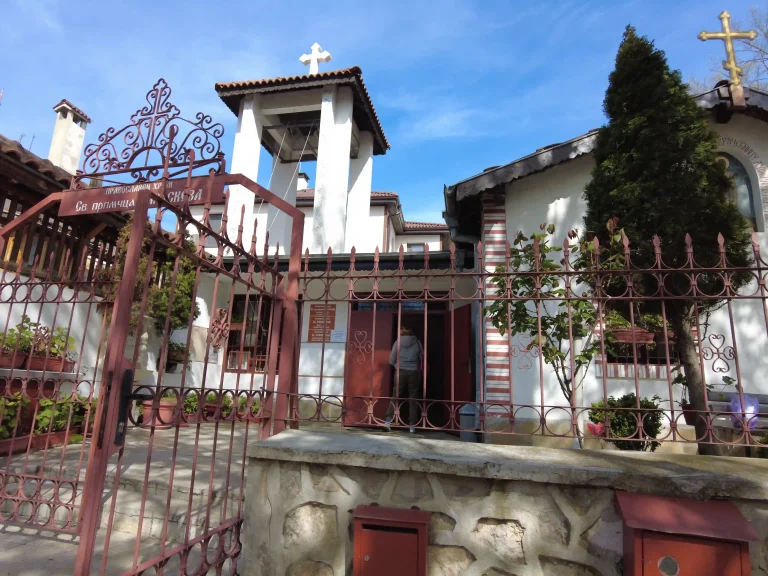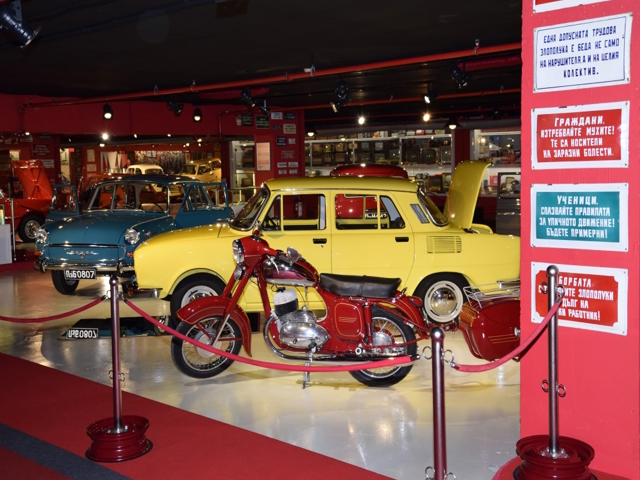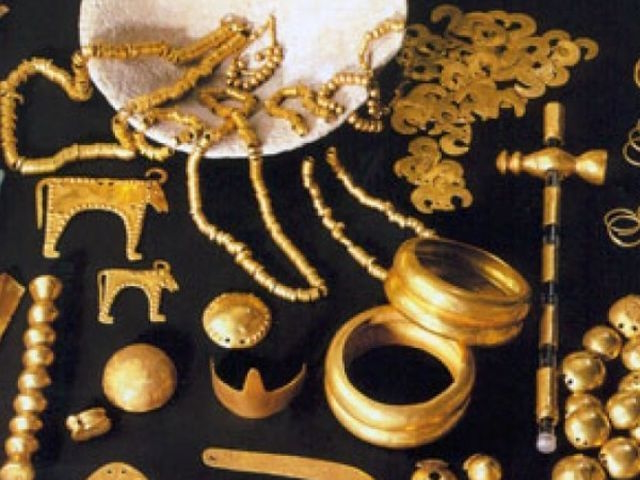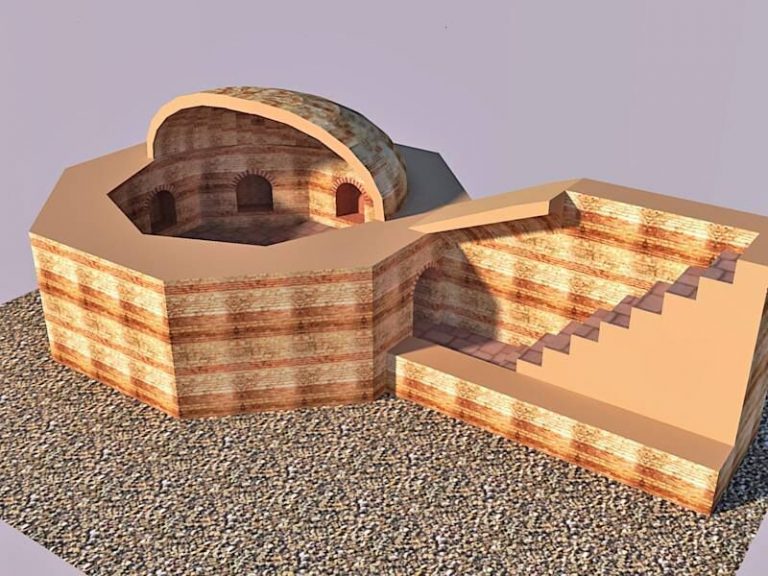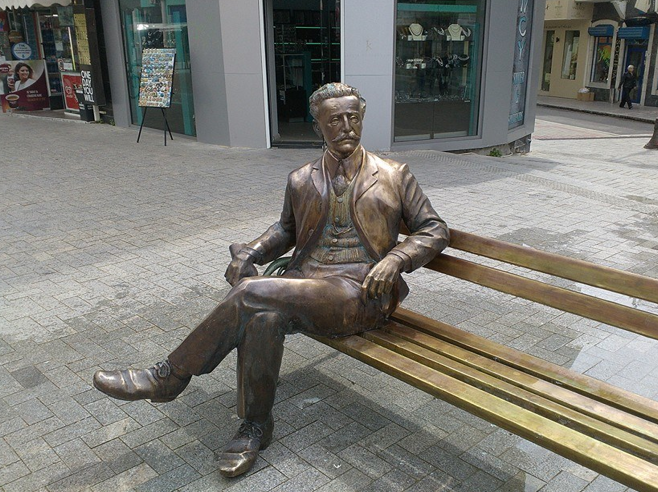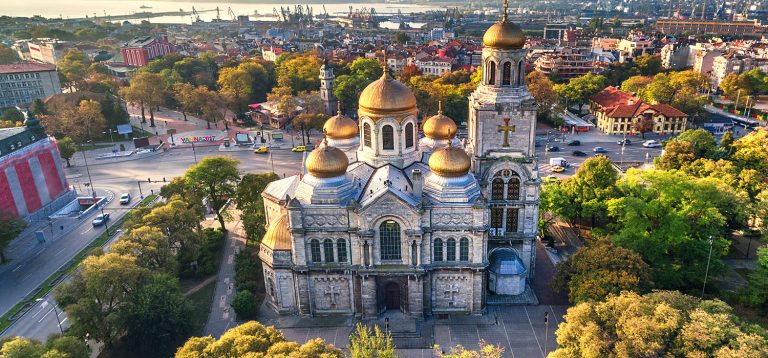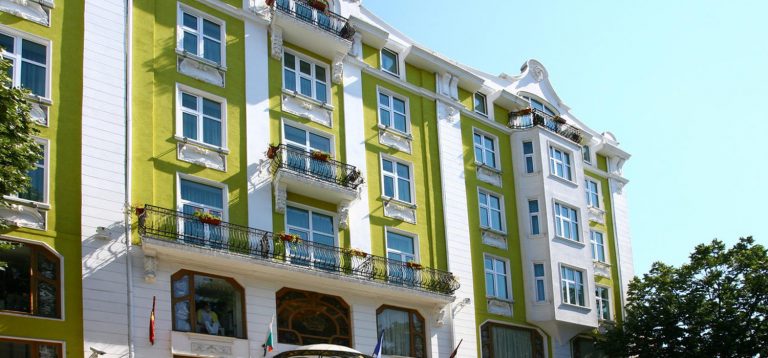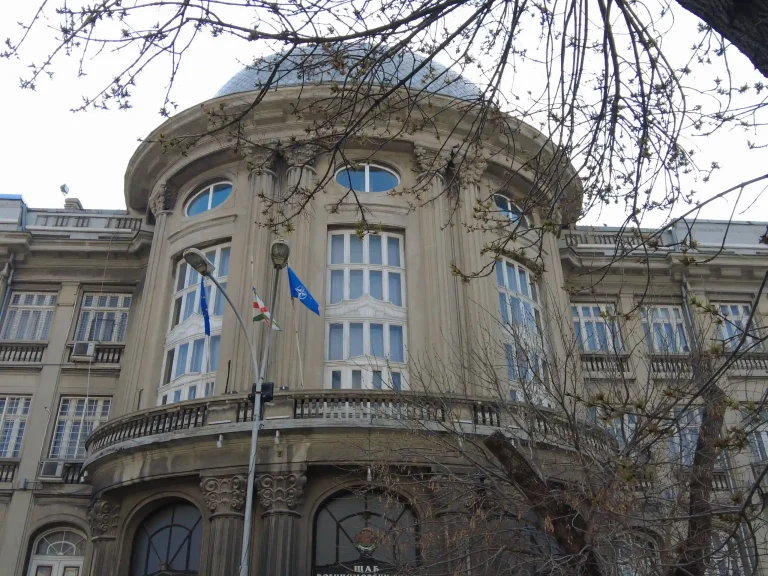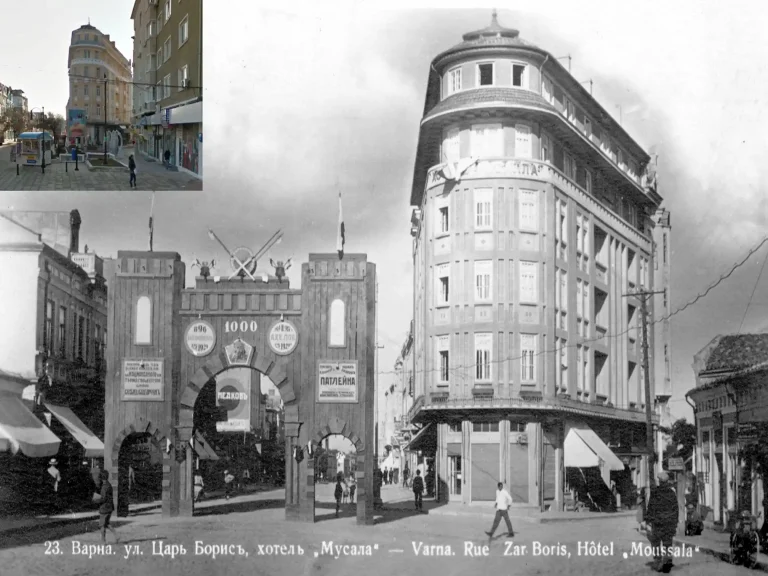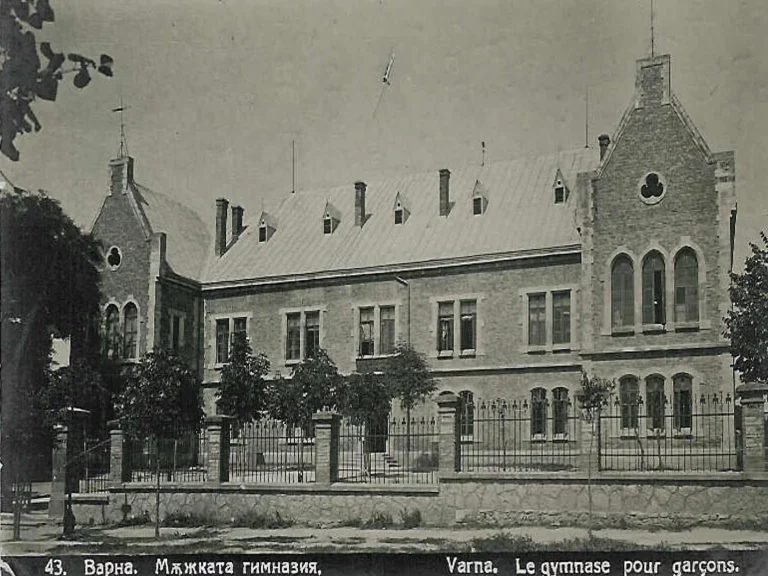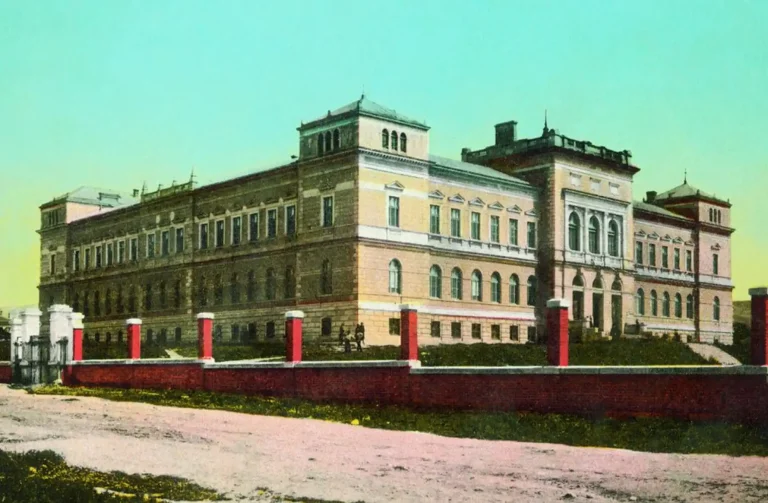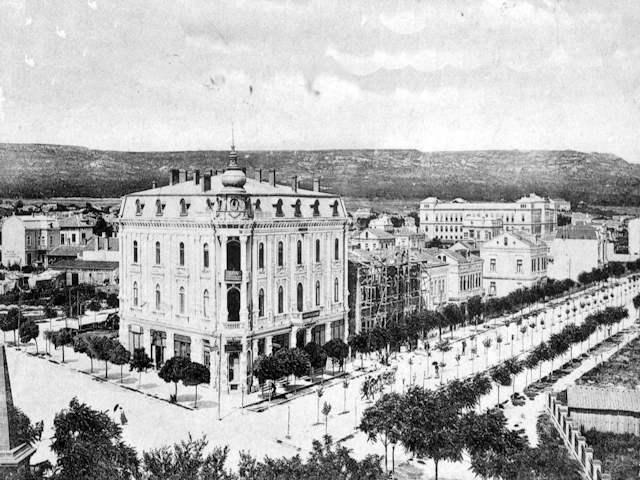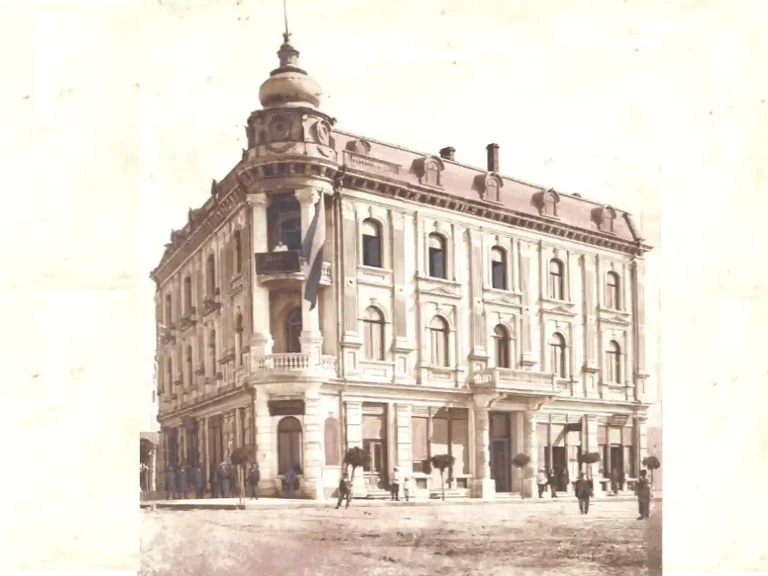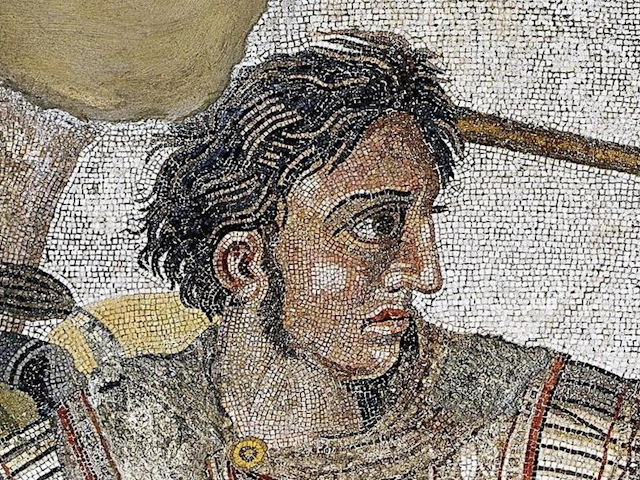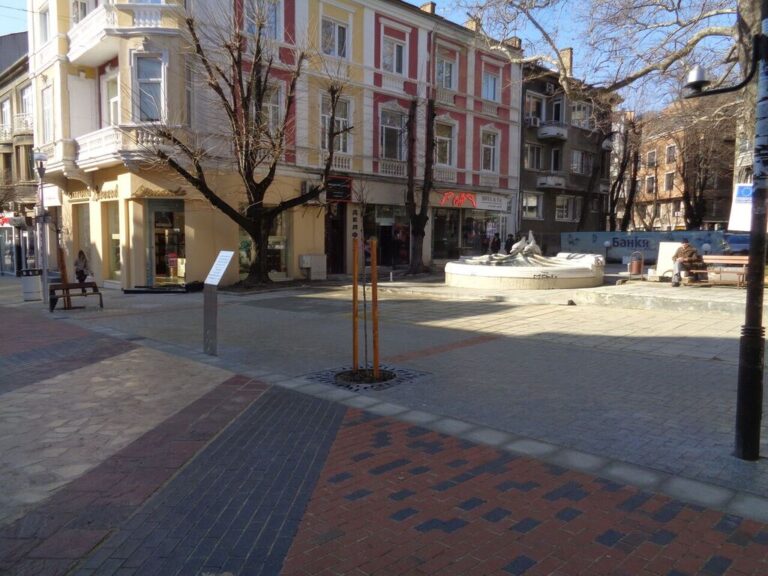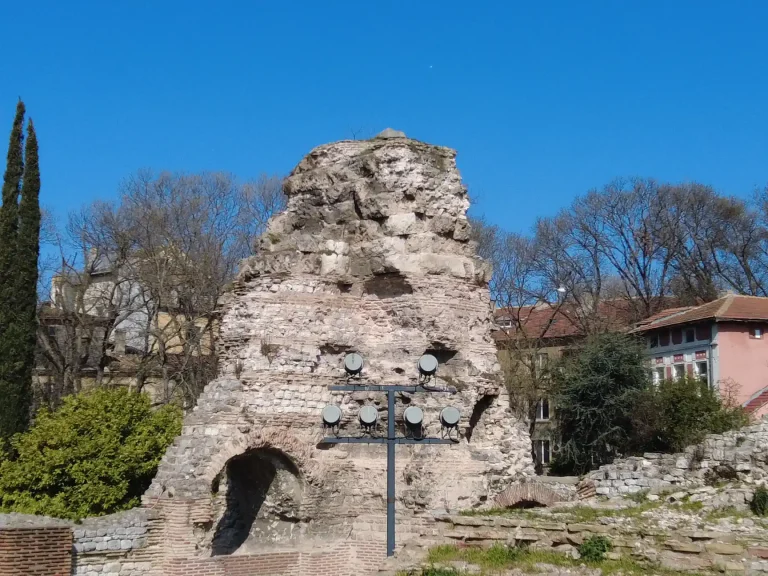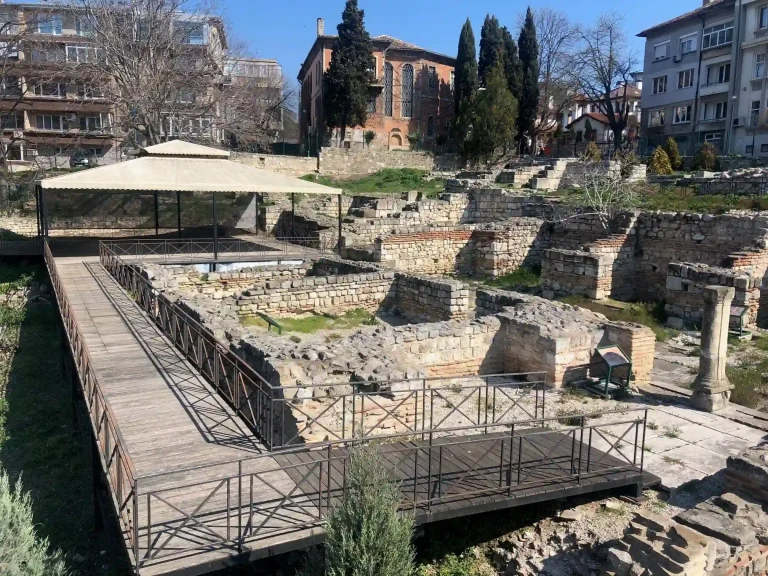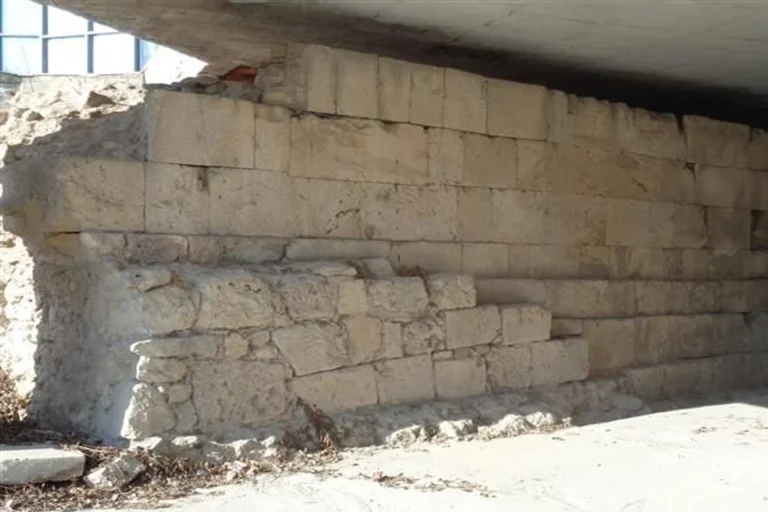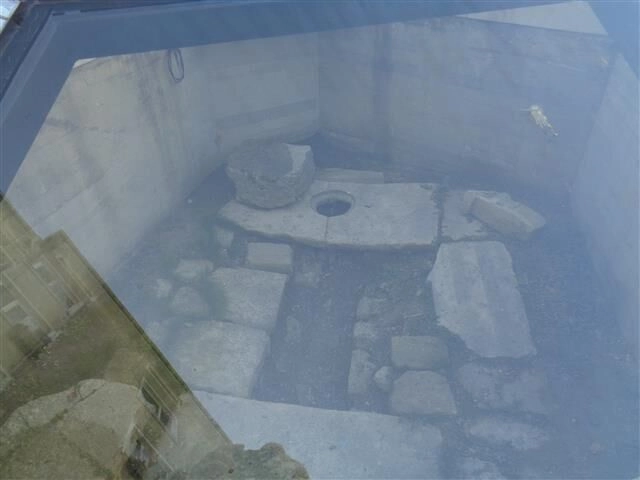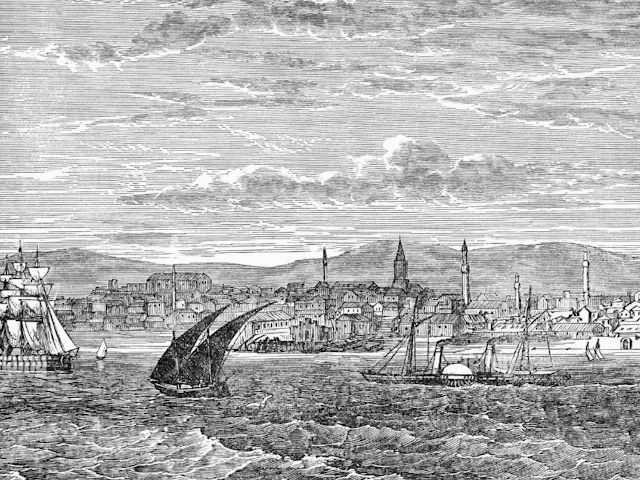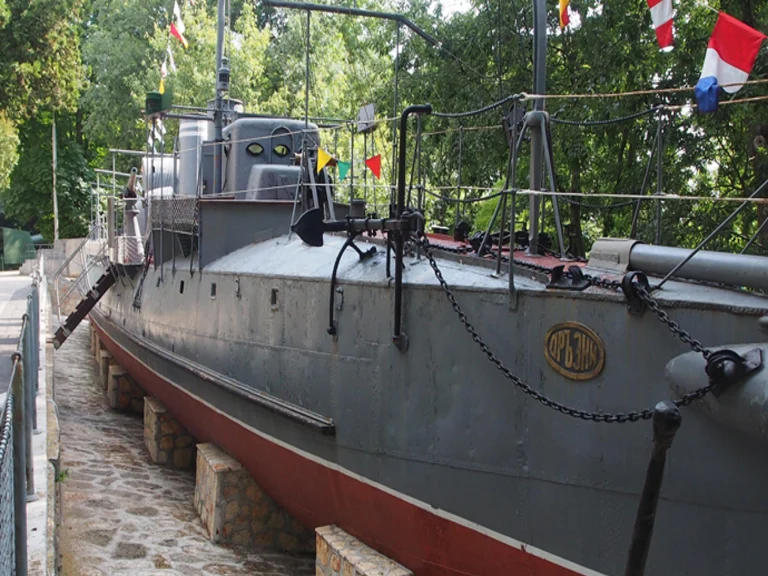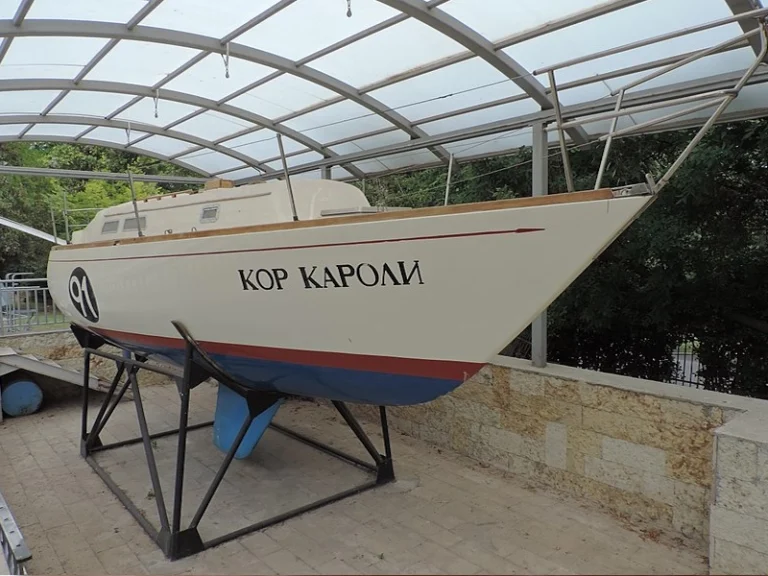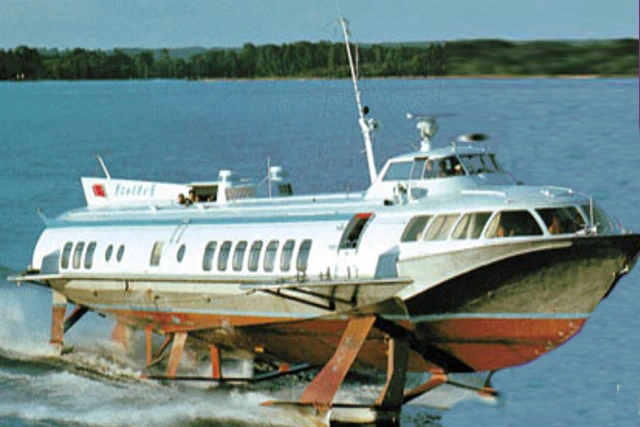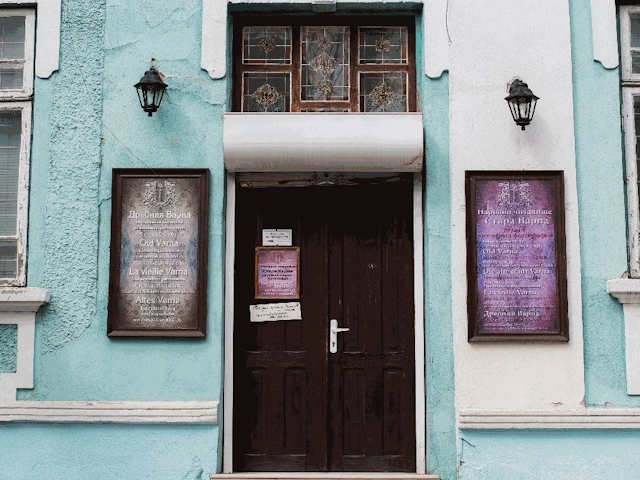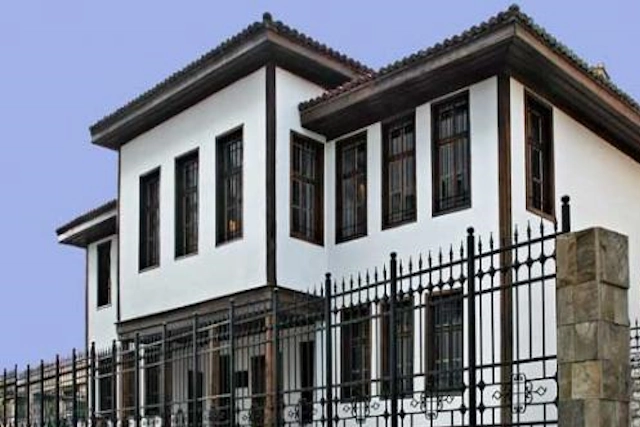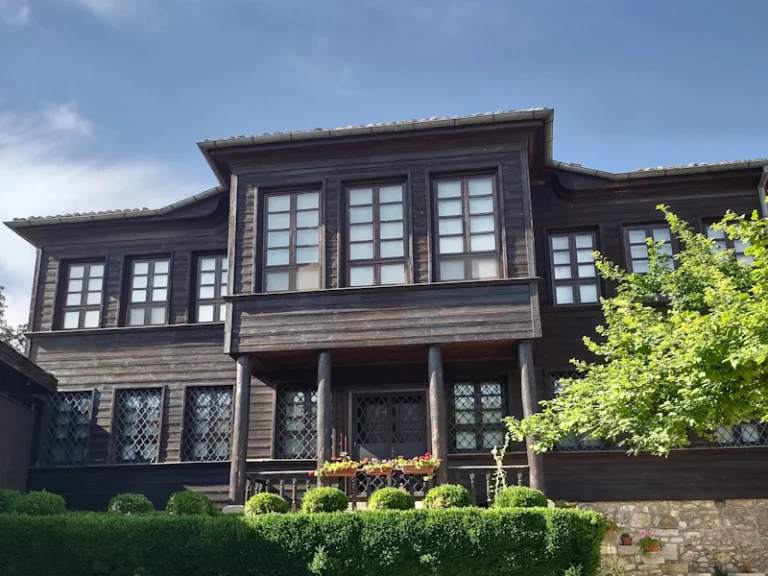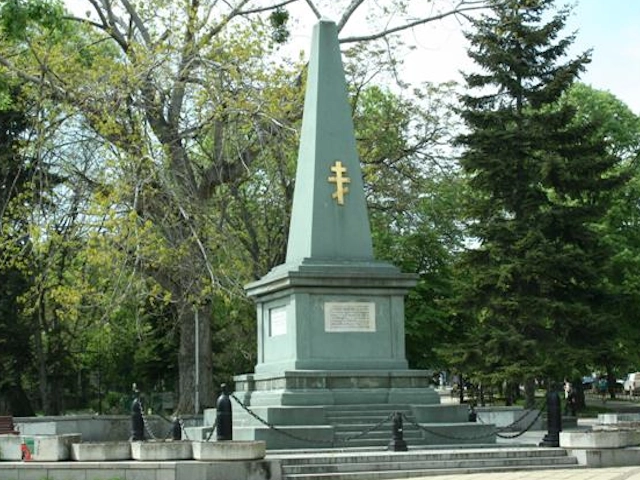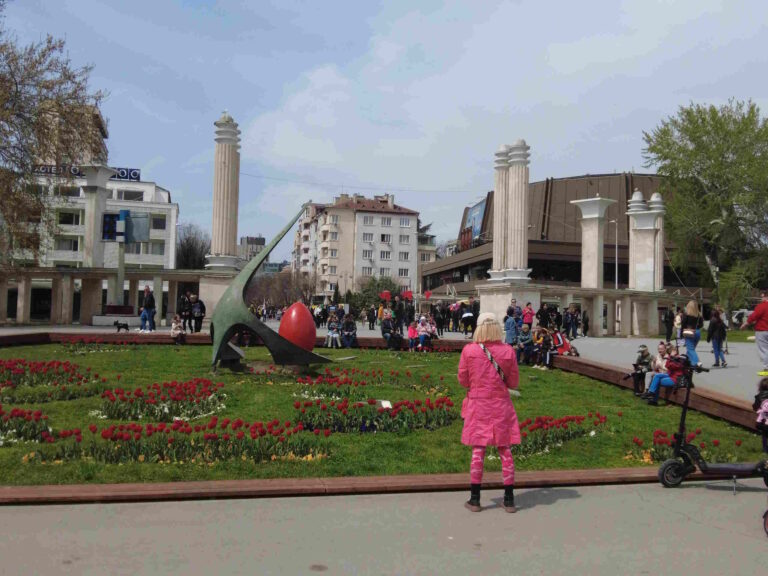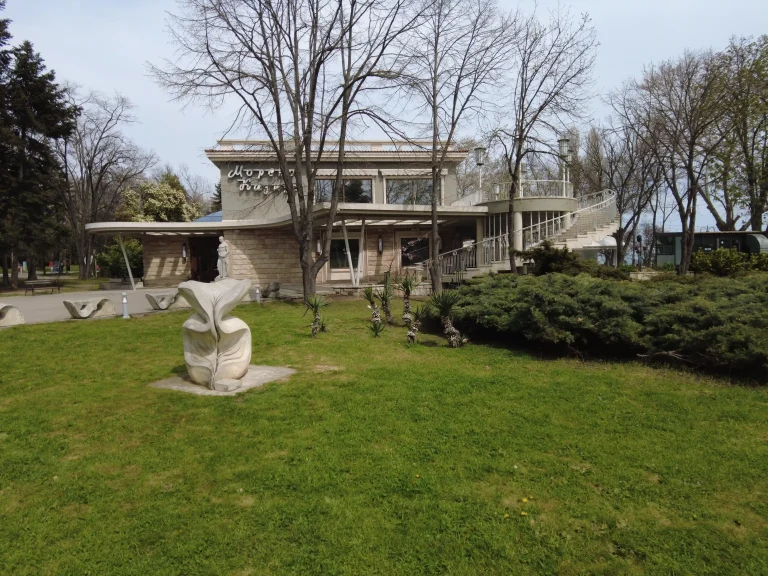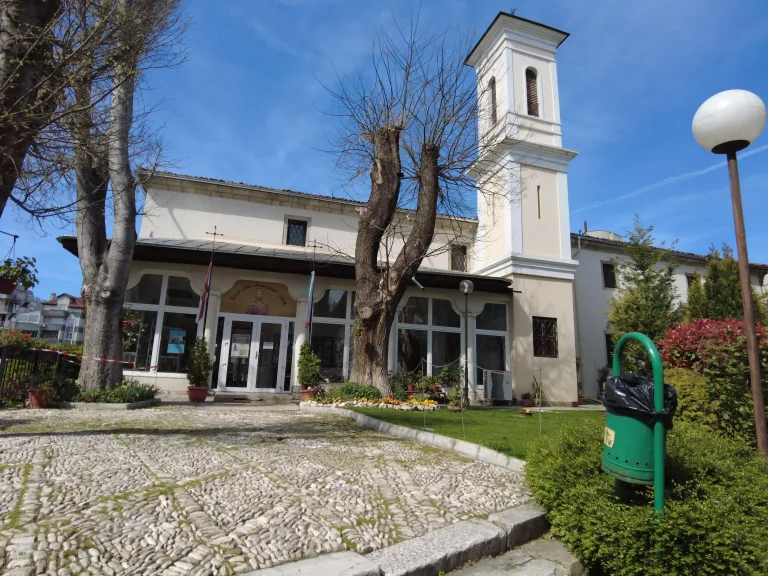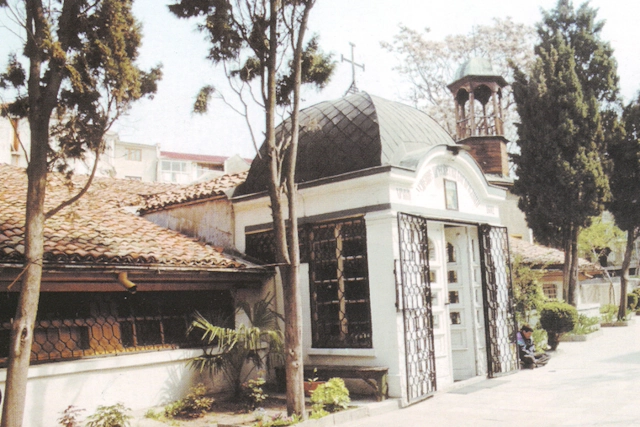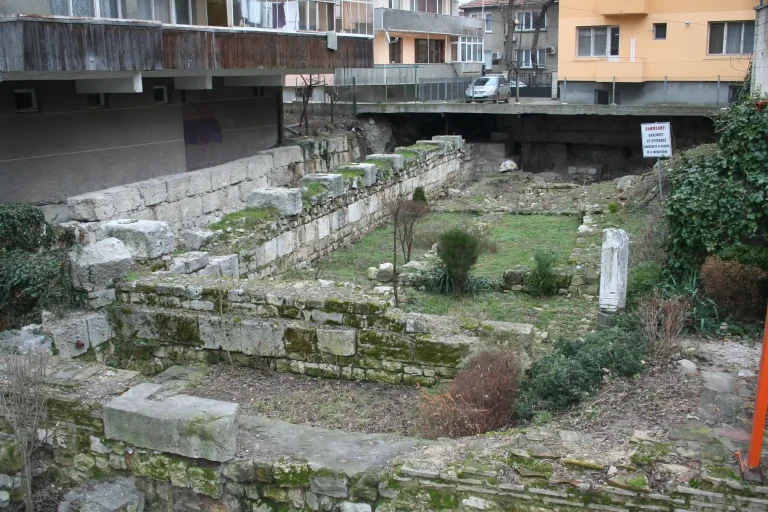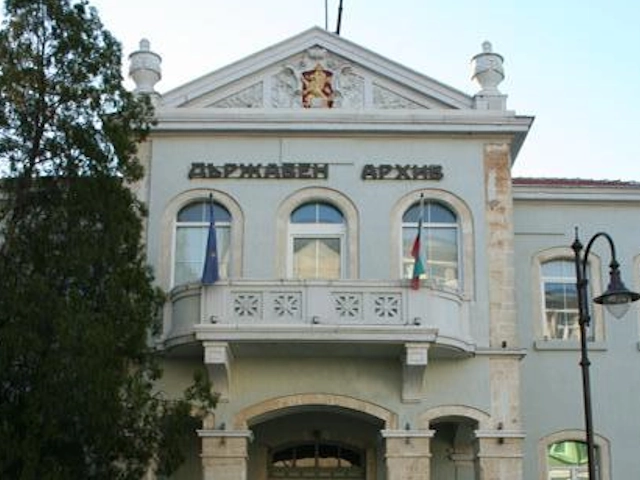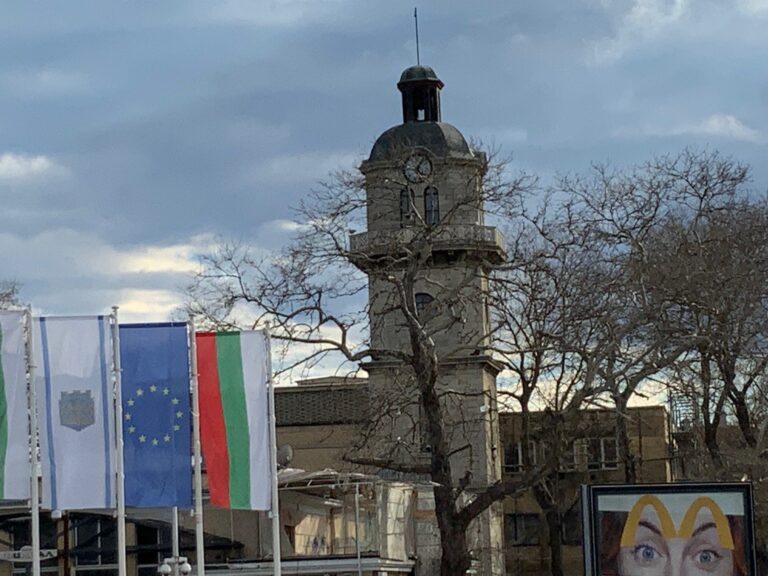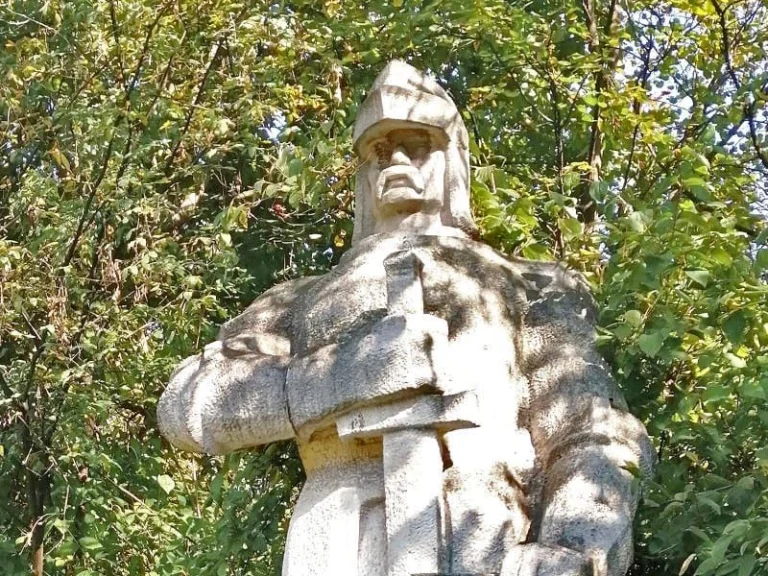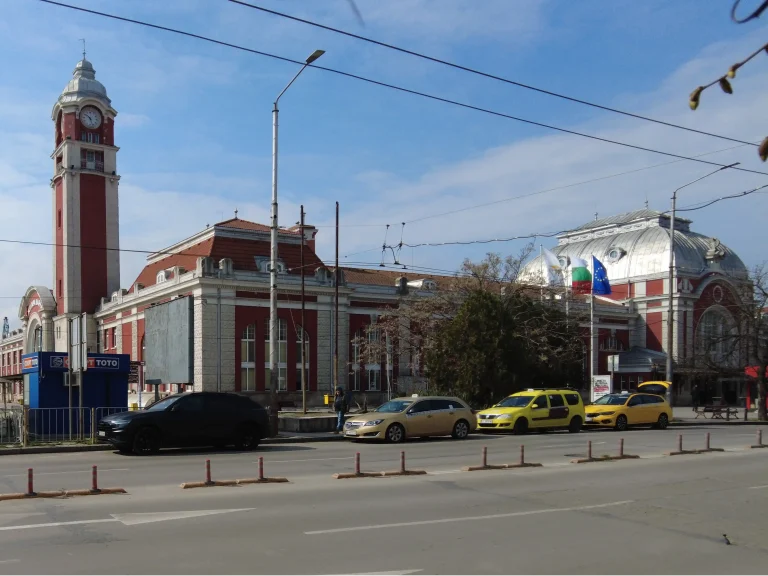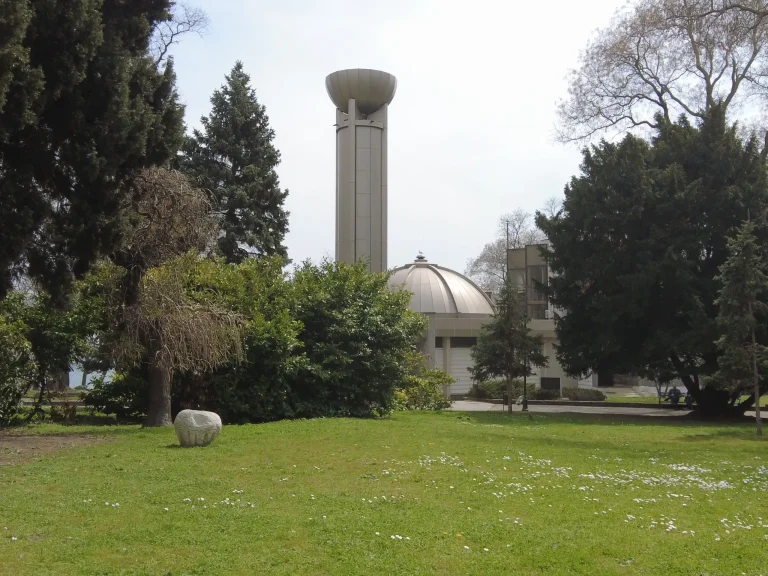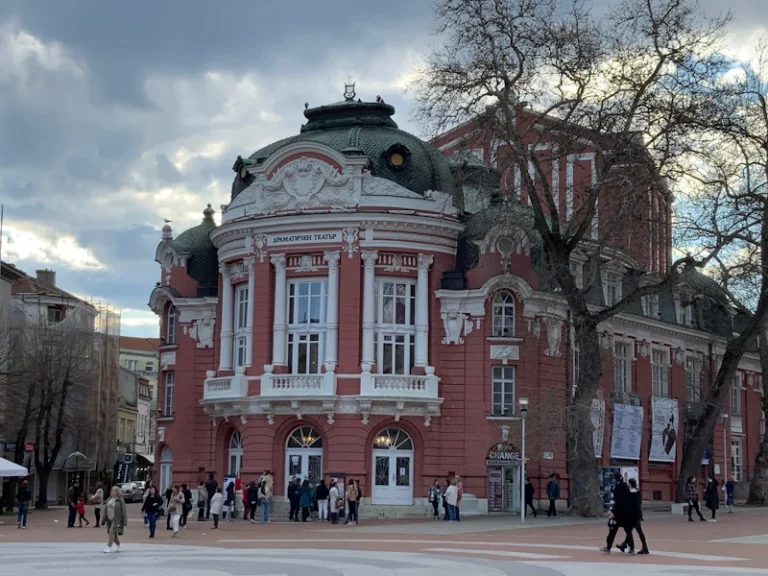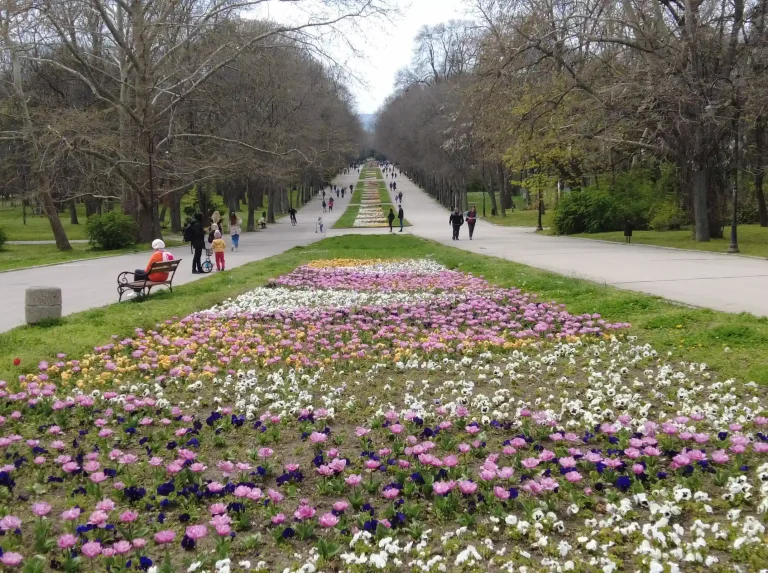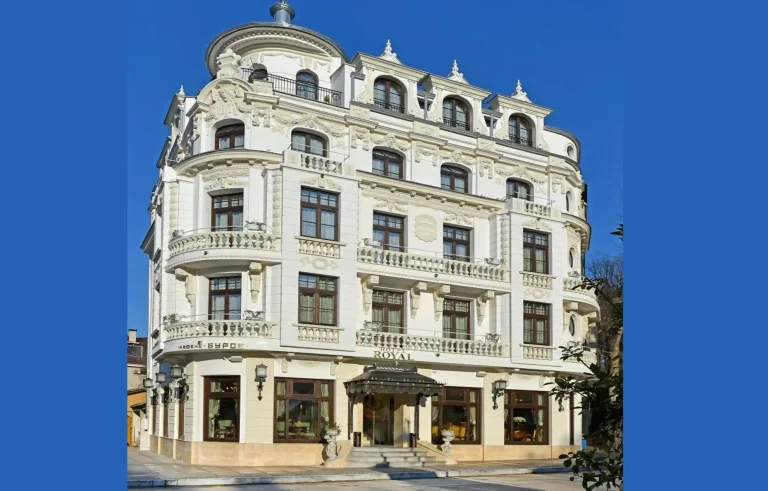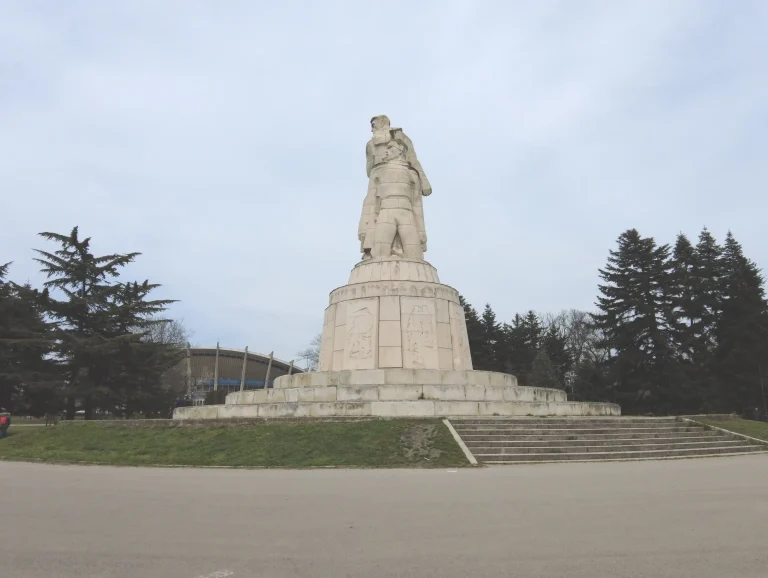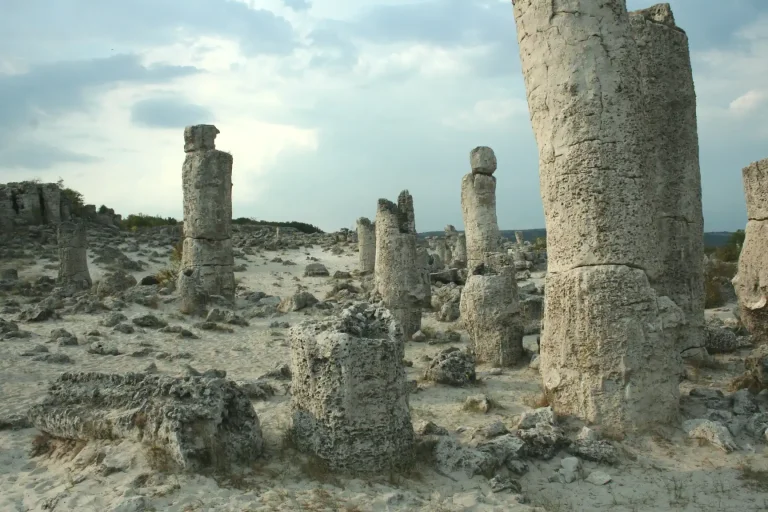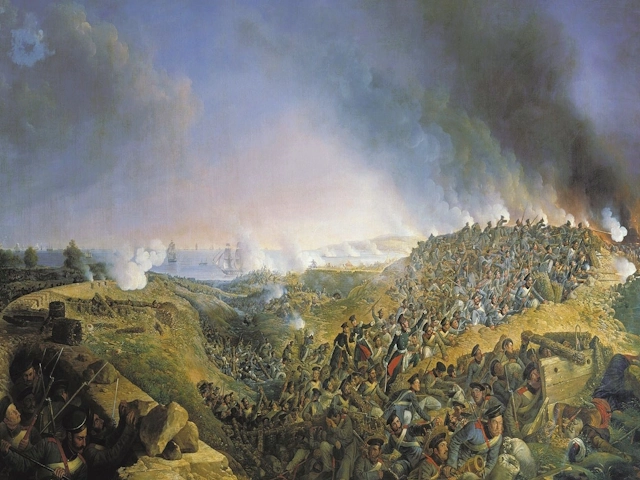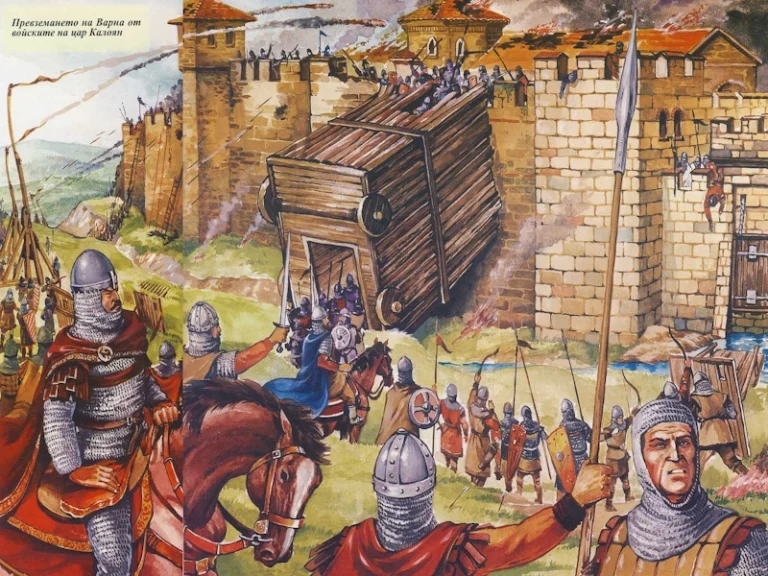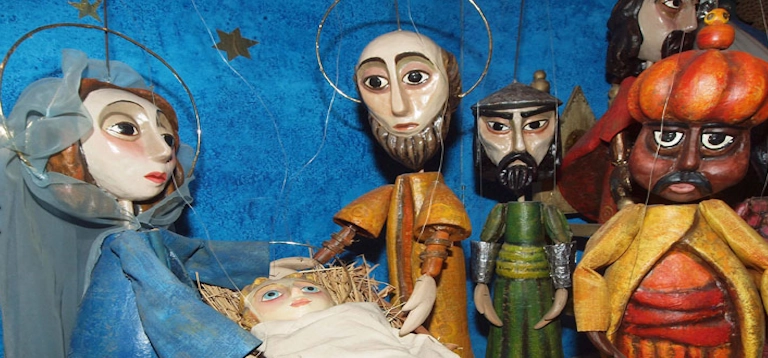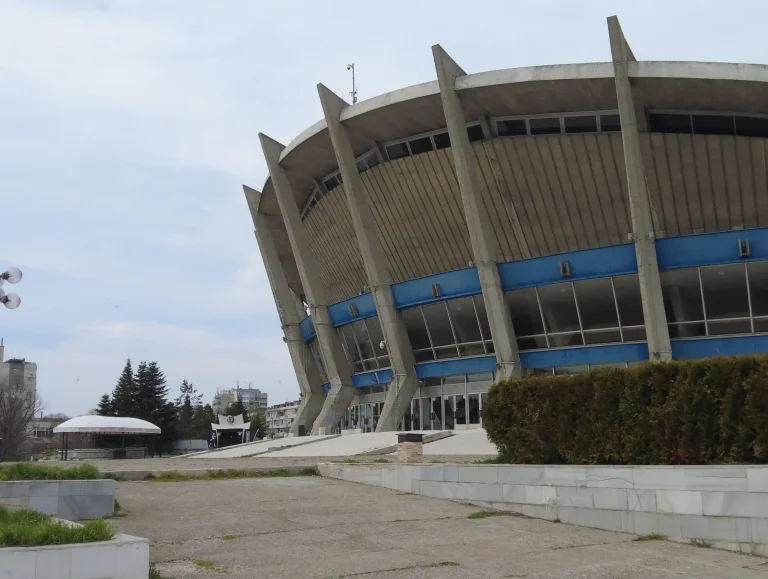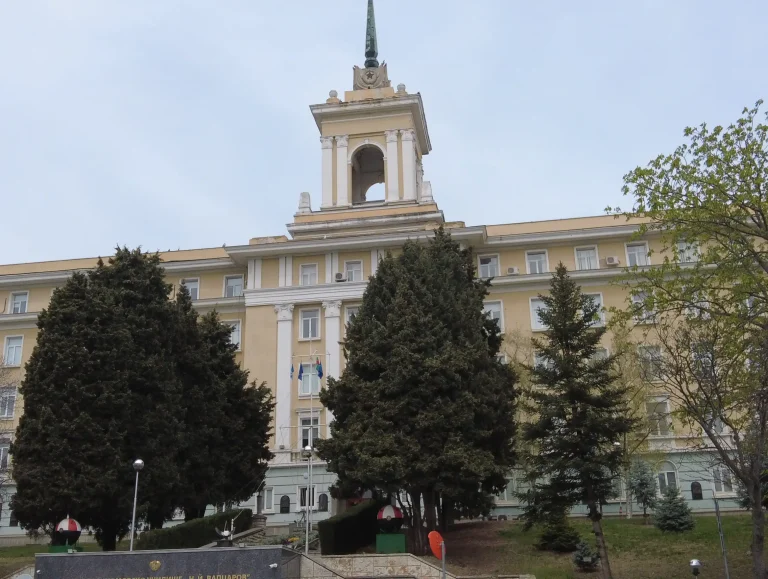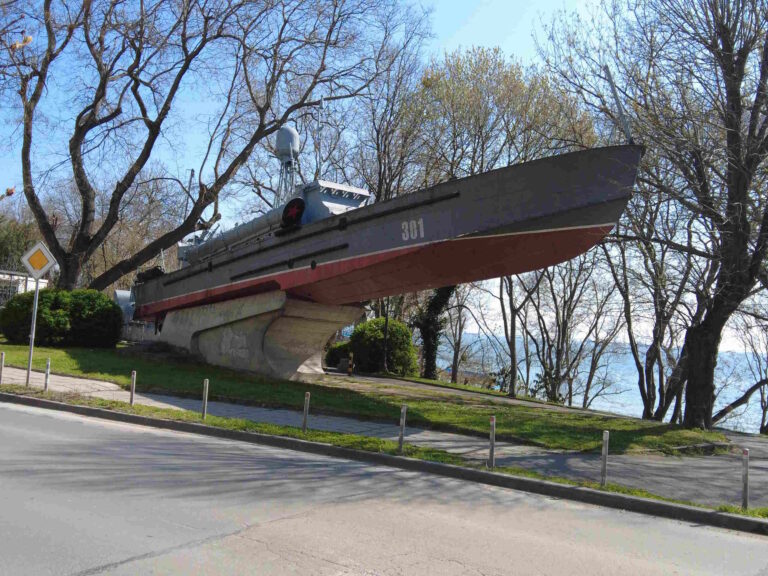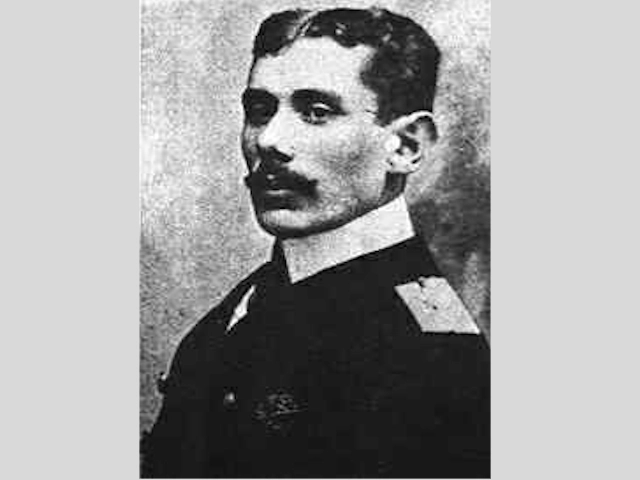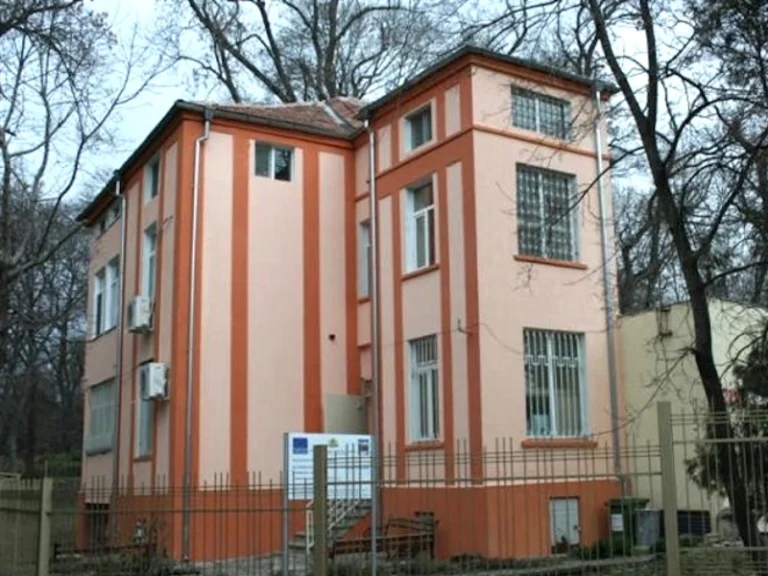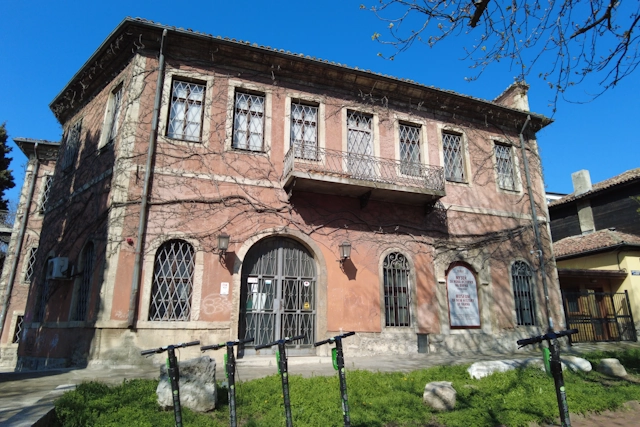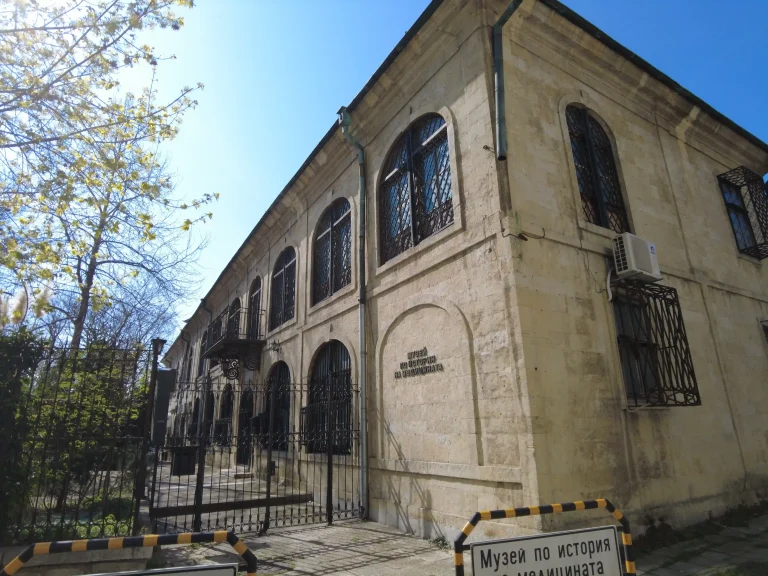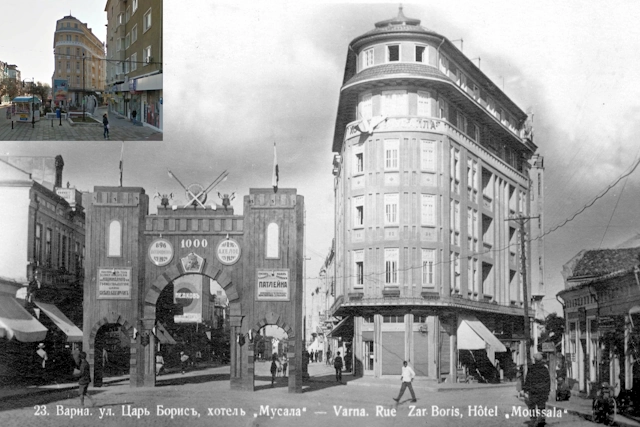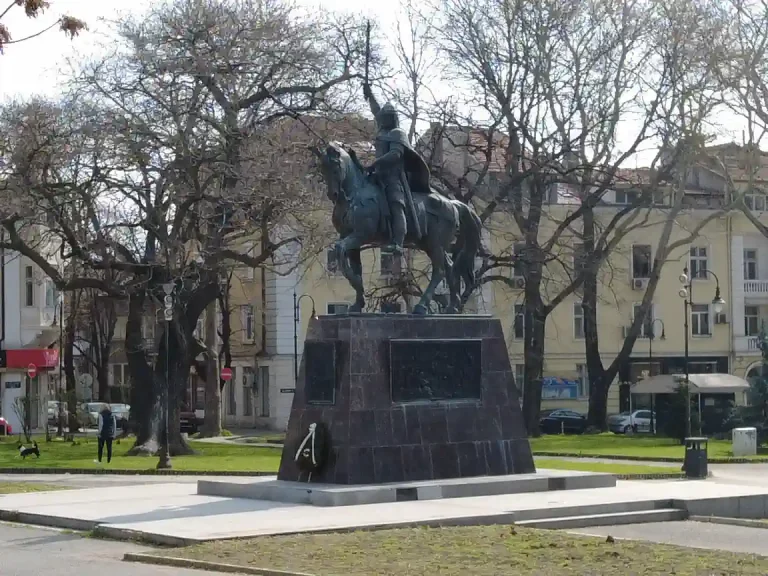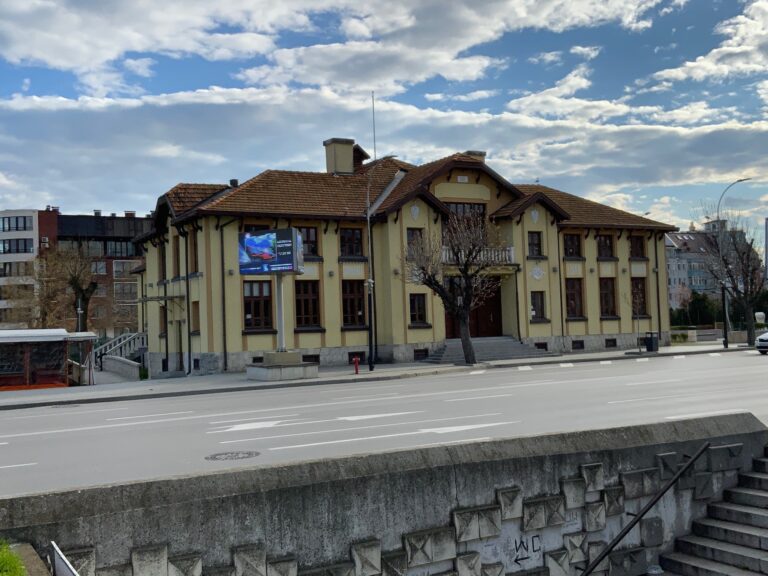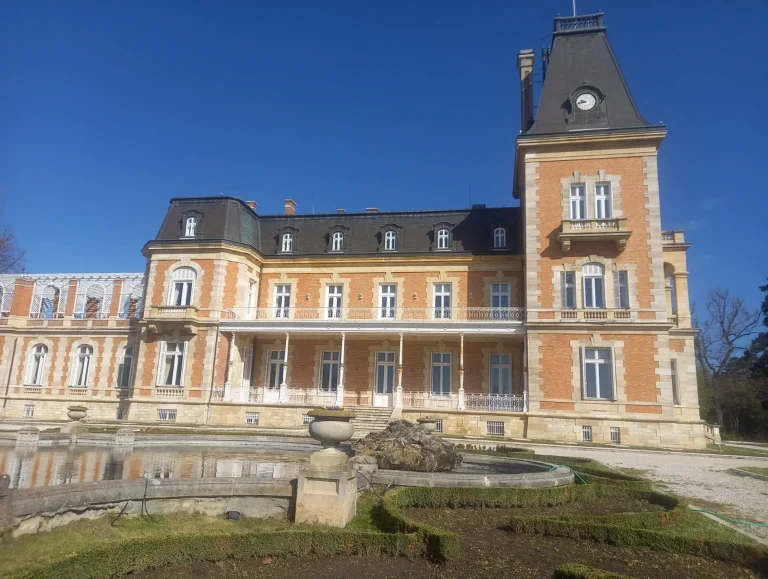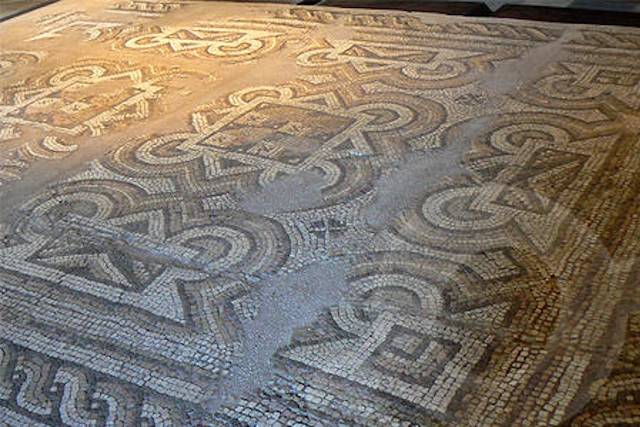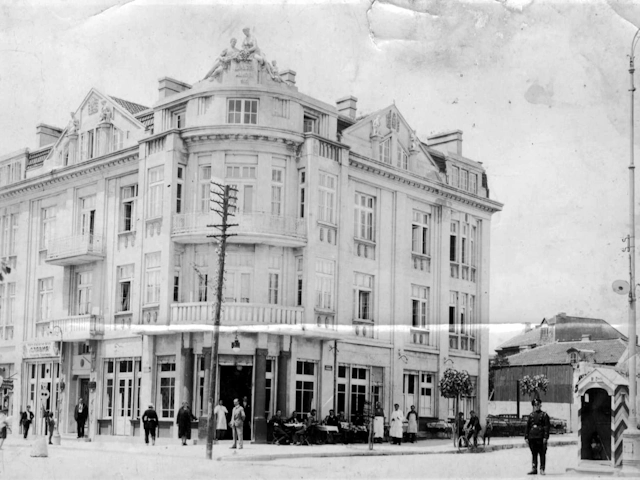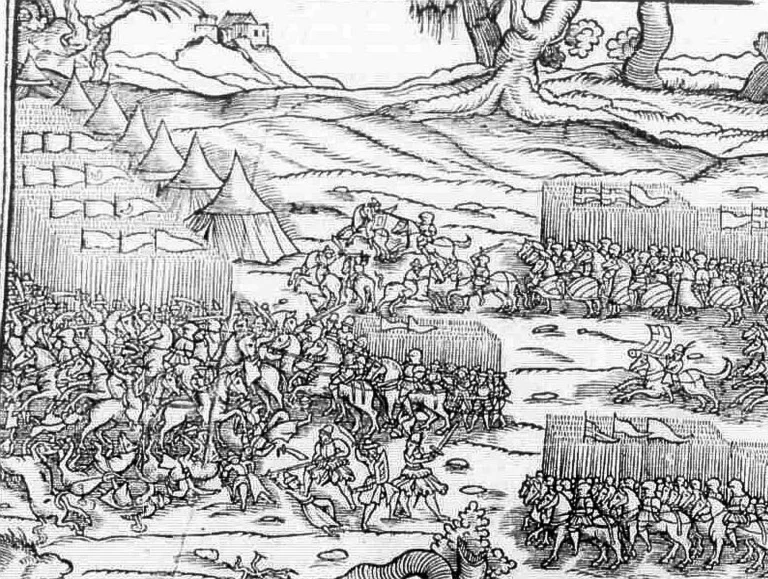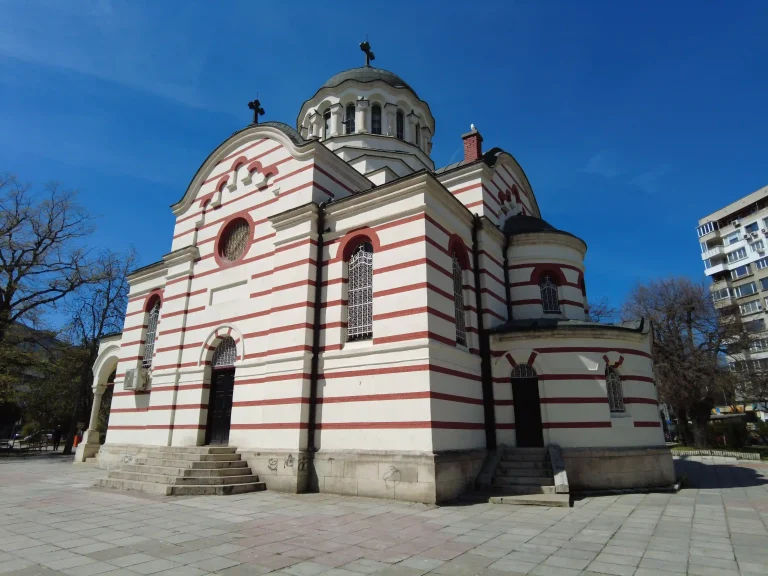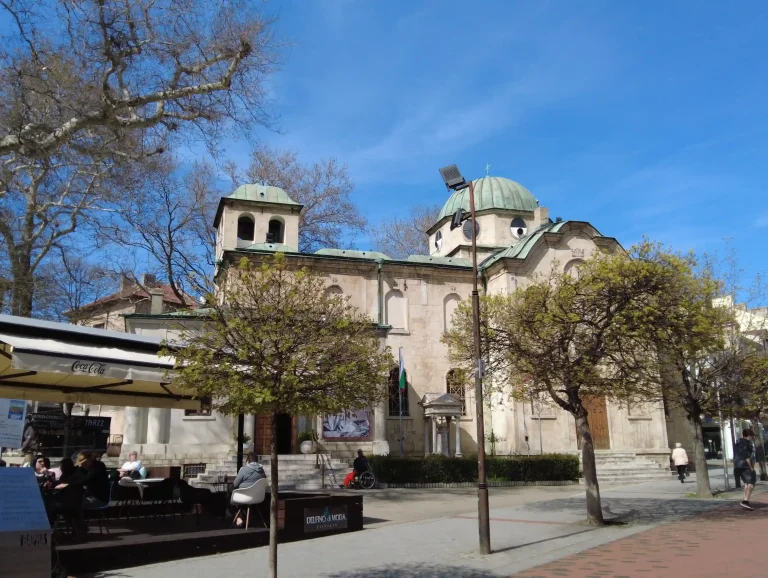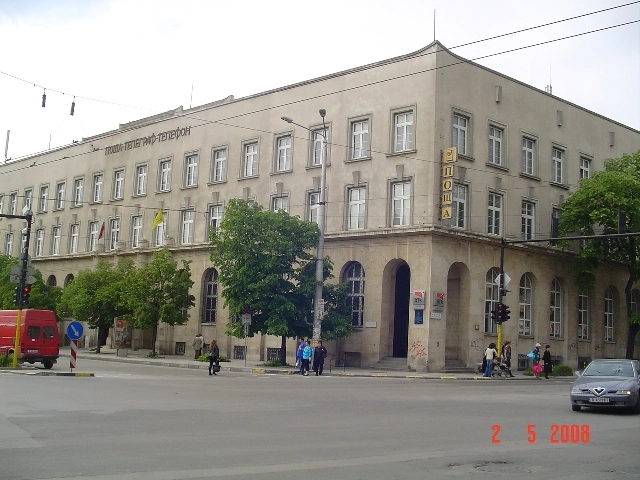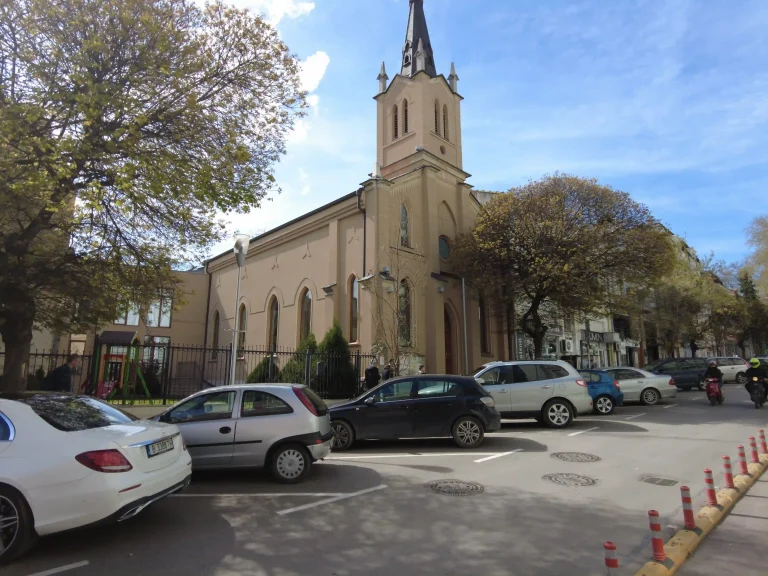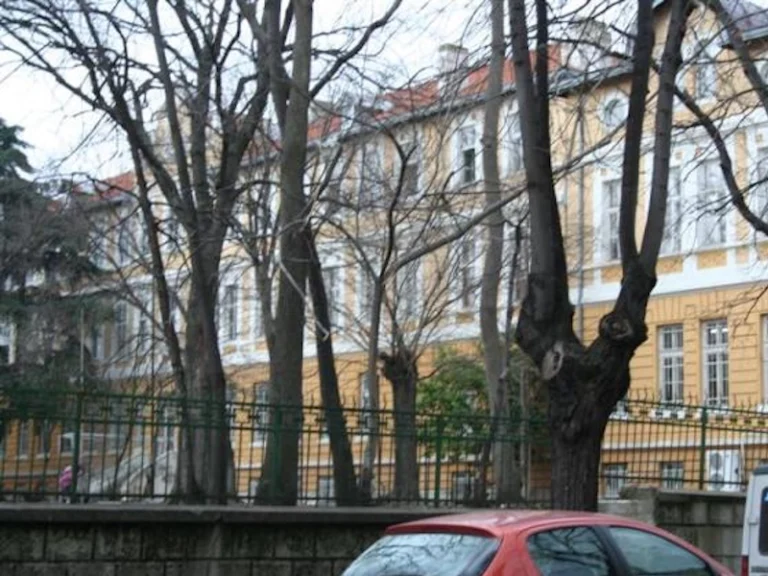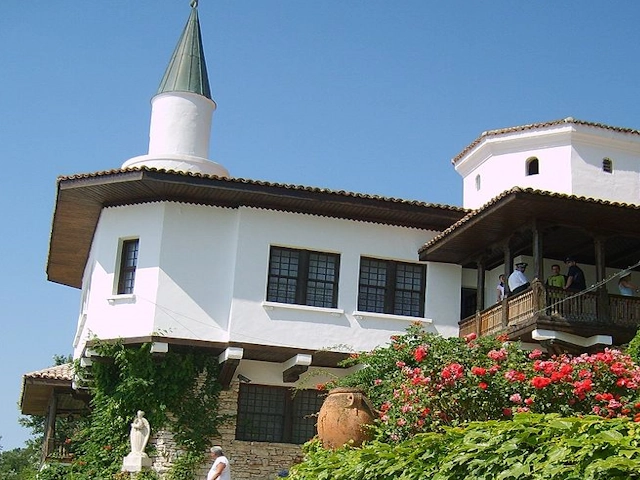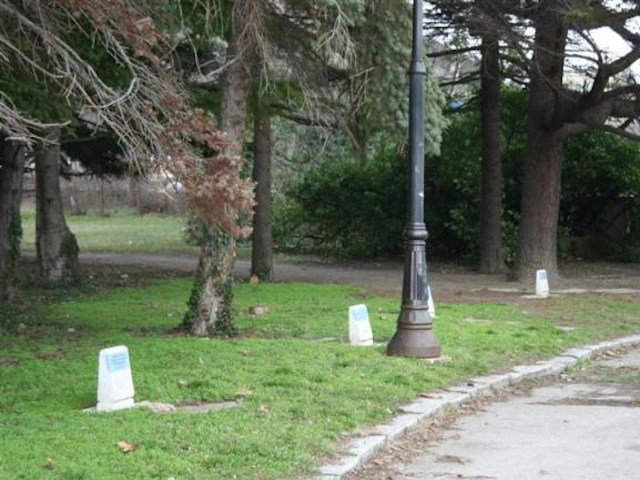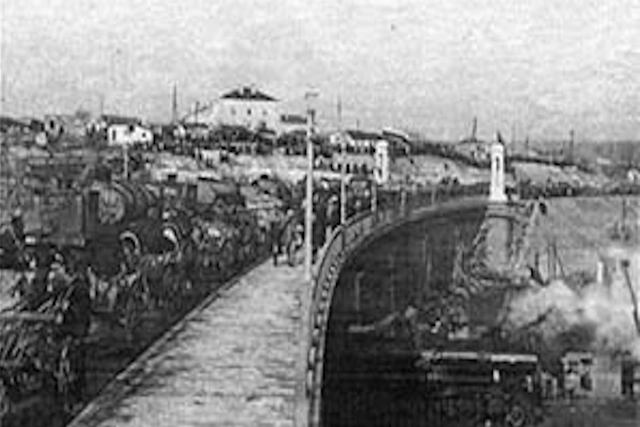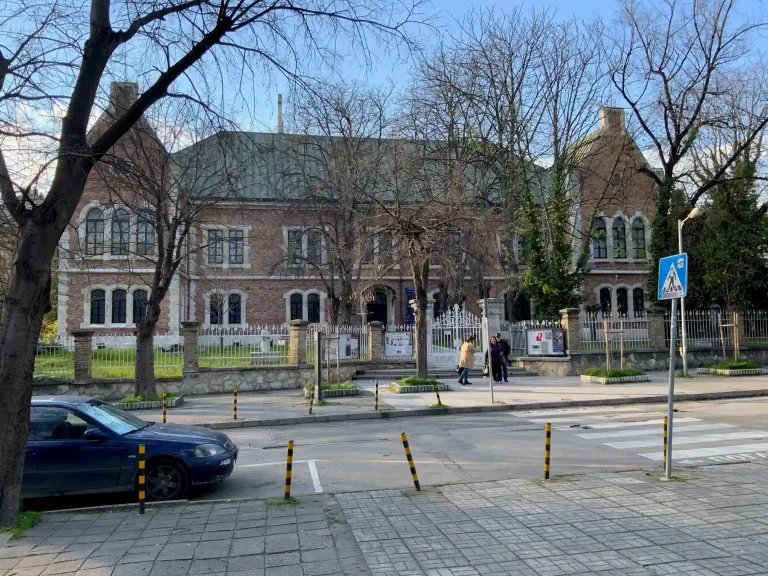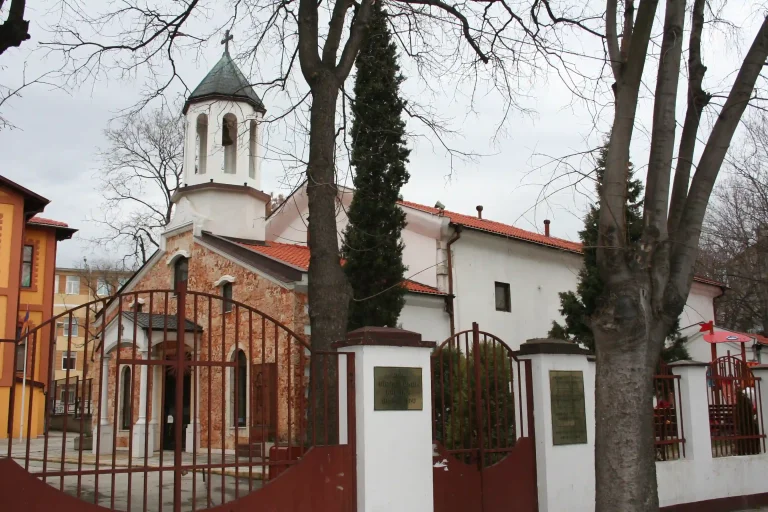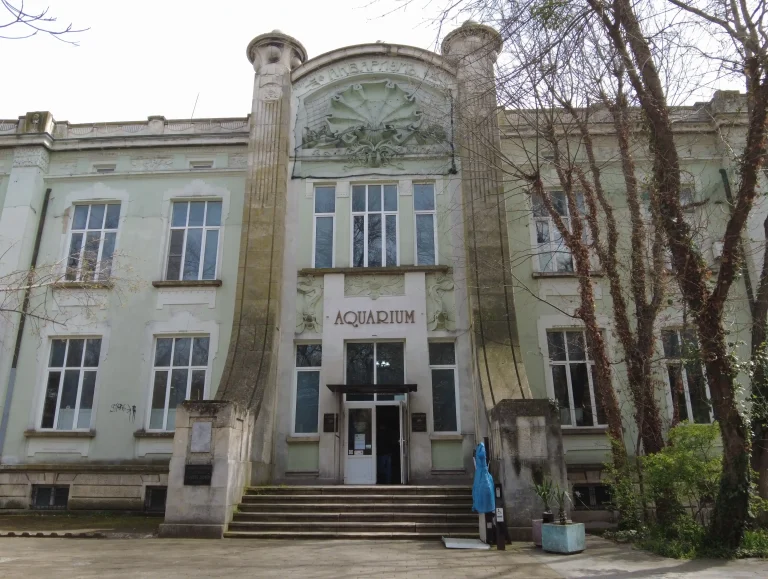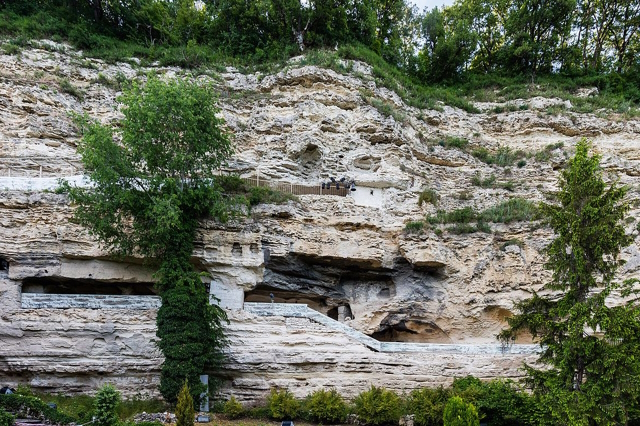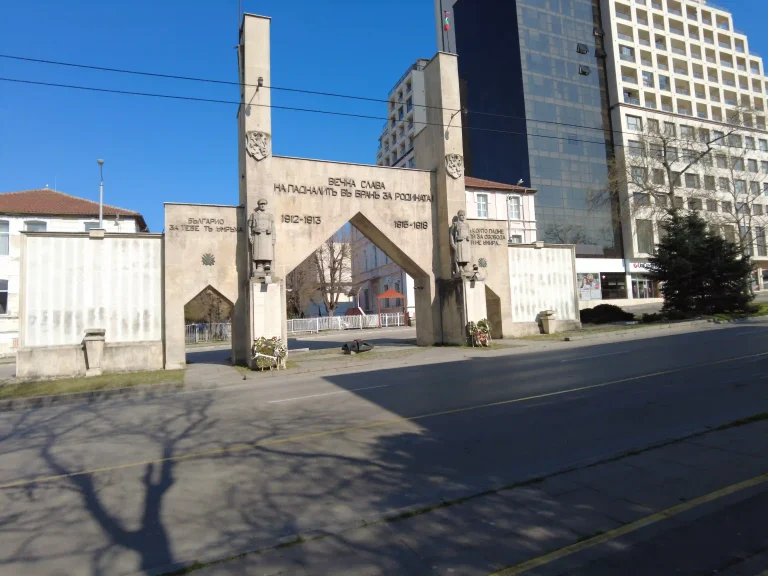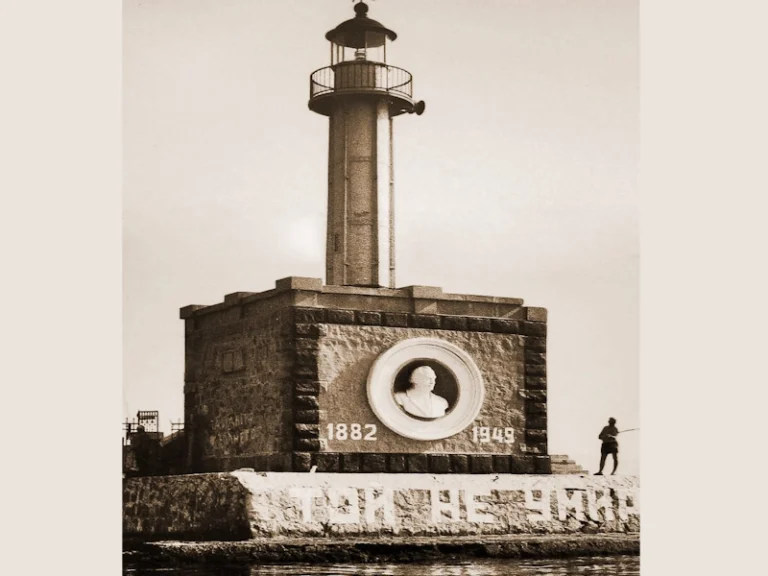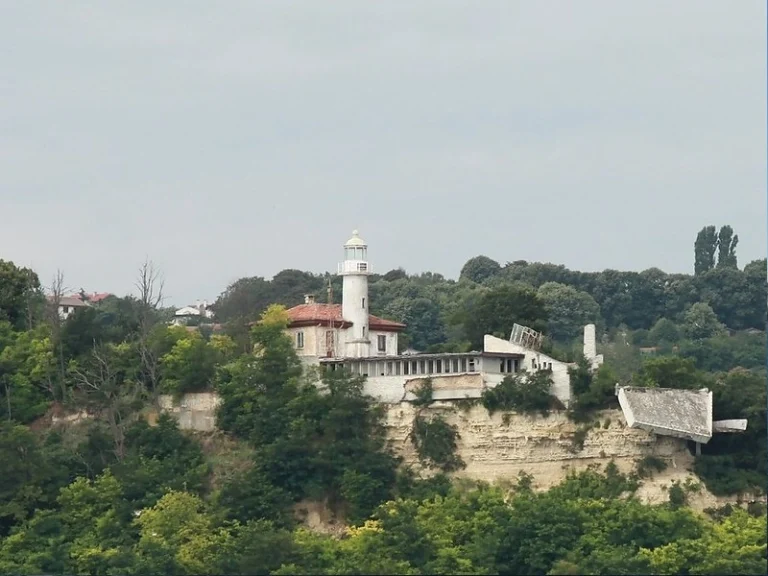Varna Cuisine
Enjoy the variety of Varna's eating establishments
Varna, being a really vibrant city known for its rich cultural heritage, stunning seaside landscapes, and a diverse culinary scene that mirrors its historical and geographical diversity.
Nestled on the shores of the Black Sea, Varna’s restaurants offer an extensive array of cuisine, showcasing both traditional Bulgarian dishes and international flavours, catering to every palate.
Varna’s finest restaurants, Varna boasts some of the finest restaurants, each providing an exceptional ambiance that transforms dining into a truly memorable experience.
Bulgarian restaurants serve time-honoured dishes such as “shopska salata,” a refreshing salad made with tomatoes, cucumbers, onions, and topped with feta cheese, and “kavarma,” a hearty stew combining meat, vegetables, and aromatic spices. These establishments often feature folk music and decor, providing a deep dive into Bulgaria’s rich traditions.
Seafood lovers will find Varna a paradise, thanks to its Black Sea location. Many restaurants specialize in fresh fish and seafood dishes, from grilled mackerel to Black Sea mussels cooked in wine sauce, offering a taste of the local marine bounty.
International cuisine is also well-represented in Varna. From Italian trattorias serving authentic pizza and pasta to Asian restaurants offering sushi and spicy curries, the city caters to global tastes. Moreover, modern eateries and bistros blend Bulgarian ingredients with international cooking techniques, creating innovative fusion dishes that are both unique and delicious.
This wonderful variety of dining options in Varna reflects not only the city’s cosmopolitan vibe but also its openness to different cultures and traditions. Whether you’re looking for a traditional Bulgarian feast, fresh seafood by the sea, or a taste of international flavours, Varna’s restaurants offer an exciting culinary journey through the tastes of Bulgaria and beyond.
Historic Varna
Between 1883 and 1885 often resided in Varna while serving with the Bulgarian Navy.
George Morris Baker, MBE (1 April 1931 – 7 October 2011) was an English actor and writer.
Monument to Colonel Milko Zhelezov in the courtyard of the Naval Museum in Varna.
Wonderful Bulgarian painter Kleoniki Asprioti works displayed in The National Gallery of Greece.
Armenian general, political and public figure, freedom fighter, Bulgarian officer in the Balkan Wars
One of the beautiful town houses in Varna from the end of the 19th century.
The monument of Stefan Karadzha Bulgarian Revolutionary
Head of the psychiatric department of the Varna First-Class Hospital (1889-1893)
The carpet for Gaddafi laid out in Nezavisimost Square in the 1980s
One of the most important architects of the 20th Century for the City of Varna
The Seal of approval at the pleasure of King Ferdinand
Janos Hunyadi, who served as the principal military commander under King Władysław.
The Captain Petko Voyvoda Monument on Vladislav Varnenchik Blvd.
Ivan Minev's House, the building was built in 1923, opposite the railway station.
One of the most favourite houses in the historic Greek neighborhood of Varna.
Located just a few kilometers from Varna, you'll find the monastery dedicated to "St. Constantine and St. Elena".
The beautiful Asparuhovo park near Varna
The border guard's monument
Zlatan Bruchkov Mayor of Varna on April 25, 1922.
A recent discovery unearthed during excavations for a new building
The Varna Hairiye Mosque an architectural project authored by architect Dabko Dabkov in 1925
James David Bourchier was a journalist from Ireland and an advocate for political change in Bulgaria.
Vasil Levski (1837–1873), on of Bulgaria's most esteemed national heroes.
Ashkenazi Synagogue the initial construction took place from 1908 to 1910
A monument honoring the Armenian immigrants
In 1897, the city of Varna, Bulgaria, presented a vivid tapestry of social classes
Mihail G. Arnaudov Dwelling - A wonderful illustration of the Secession architectural style or Art Nouveau.
Mikhailo Parashchuk (16 November 1878 – 24 December 1963) was a Ukrainian sculptor who was active in Bulgaria from 1921
The artists want to refresh the building, do something beautiful for our city and introduce young people to the patron of their school.
Scientific Mini Submarine RS-8-B used for underwater experiments and data collection
Boris Georgiev one of the most significant Bulgarian artists, born in Varna in 1888
An outstanding example of the Bell Lancaster System of educational development in a school setting.
"Yosif h. Stoyanov engineer, public figure, mayor of Varna" by author Hristiyan Oblakov
A Marine Blue & White 19th Century Large Ceramic, Meat Turkey Platter by Samuel Alcock & Co of Cobridge, England.
Marie Louise was born in Rome in 1870 as Maria Luisa and was regimental chief of the Varna Eighth Infantry Primorski regiment.
The Grand Piano of Varna and its roll in the beginning of the 20th Century's cultural heritage transformation
Queen Victoria's gift of a sundial to Bulgarian king Ferdinand
The Roman roads of Varna and their construction
Roman Roads or Bulgaria and Europe as a subway-style diagram
Crimean War, Varna and the Varna Region Author
The operation to board the ships commenced on August 31 at Balchik and Varna.
Head Quarters of Marshal Saint Arnaud at 23 Primorski Blvd and Telegraph
The French, Turkish and British encampments in Varna 1854 while awaiting for transport to Sevastapol
Heights of Galata Burun on whiech was encamped part of the british army during the months of July and August 1854
The initial forward mustering area of Varna
Excerpt not set
With war being inevitable preparations for organising an logistic force from France, Engalnd and The Ottoman Empire began.
The esteemed Bulgarian composer born in Varna 1875
(1848-1901) prominent public figure, and esteemed statesman.
Assisted with the organizing the establishment and inauguration of the Varna Aquarium
The Founder of the Varna Archaeological Society in 1901 and the Varna Archaeological Museum in 1906,
Circa 1336 he initiated a siege on Varna
The creator of the Sea Garden in Varna - Anton Novak,
The structure currently accommodates the "Five Corners" restaurant.
Various monuments in Varna from different eras are featured in the extensive book, which also includes articles and images.
Architechture of Varna during the communist periods from 1944 to 1990
The history of the Balkan Peninsula from 2000 BCE to modern times.
An analysis of the evolution of Varna in the late 19th Century
The history of Varna from 1878 to 1919, including the lives of several notable families
Designed in 1989 by a team led by arch. Margarita Yoneva
The Strashimirov marsh is a protected area located on the southern shore of the navigable canal connecting Varna and Beloslav lakes
The smallest but most charming Nature Park in Bulgaria,
The Electric Telegraph Route through Varna
Utilisation of the telegraph during the Crimean War
The use of the new electric telegraph situated in Varna during the Crimean War.
The "Studia Militaria Byzantium" from the 6th century AD to 11th century
The Crimean War (1853-1856) The Atlas of Napoleon III and the Bulgarian lands
The discoverer of the oldest worked gold in the world in Oct 1972 by Raycho Marinov
The oldest processed gold on Earth was found in Varna in the 1970's
Lake Varna is the largest lake on the Black Sea coastal area
The ancient Roman hill fortress of Petrick Kale sits only 20 minutes from Varna
Explore the many Museums that Varna has to offer from ancient to present day.
The wonderful museum of glass on the shores of Varna lake
Constructed in 1981, the builing itself is of a large skyscraper format dominating the surrounding area.
The Rotunda "Seal"the only remaining part of the old "Trakata" observation deck.
Regensburg to the Black Sea this fine map circa 1672
Rare map of Greece at the time of Homer, Helen of Troy and Agamemnon.
1854 Fleet Military Camp
1788 F.J.M. Maire's extremely rare map of Black Sea
Homann's map of Greece, the Balkans, Adriatic and Aegean Seas.
Nicholas Sanson 1698 map of The Balkans and Northern Europe
1570 map of Bulgaria and Varna with Turkey to the South , published in Cologne.
Blaeu's map of the Lower Danube, Bulgaria, Romania, Serbia and Macedonia.
Abraham Ortelius is perhaps the best known and most frequently collected of all sixteenth-century mapmakers.
Attractive 16th-century woodblock of eastern Europe, showing Bulgaria, Romania, the Balkans, and parts of the Black and Aegean Seas.
Munster's map of Eastern Europe, extending from the Black Sea to the Adriatic and north to Vilnius in Lithuania.
Georgi Atanasov Velchev was born in the year 1891 in the city of Varna
"Pokrov Bogorodichen" Church - Village of Kazashko
Count Nikolay Pavlovich Ignatyev a Russian diplomat with influence in the Balkans
Here rests 14 German sailors who died with the submarine UB 45 in a mine explosion in Varna Bay on November 6, 1916.
This Street is named after Victorian-era British statesman William Gladstone.
The "Chaika" district lies north of the Sea Garden and east of the city centre
The Glass floor inside Starbucks open onto a Roman Street Scene
Roman - Byzantium - Otoman and Roman Tax Office
On October 26, 1893, the foundation stone was laid of the new Varna State Hospital.
Dimitar Stanchov (1863-1940), and his lovely Villa in the Sea Gardens
The regimental barracks Eight Primorski Infantry Regiment
Atanas Burov's Sea Garden Summer Villa
"The father of Dark Matter"
The plane tree at Varna, being 'Platanus Orientalis', is located near the Asparuhov Bridge
Slava - Submarine Diesel Electric Circa 1959
Varna City Electric Power Plant - Diesel built in 1912-1914
The Varna Joint Stock Brewery Company "Galata" was established in the city of Varna in the year 1907
The night the lights went out in Varna 7th March 1983
Boris SS was lost in collision near Savastopol with the Romanian monitor Ion C. Bratianu on the 9th November 1920.
Prince Boris Clothing Factory
Varna has been established as one of the ultimate port destinations along the Black Sea by the Orient Express since its establishment in 1883.
Dr. Jonas Basanavičius residence 3 Krastyu Mirski Street
. This remarkable building was built in 1912
Abut Halbuni's built in 1906
Early Christian church in the Asparuhovo region
This is the Boris Monastery in the area of Kaarach Teke 4km outside Varna.
The plan of building Higher School of Commerce (HSC) was achieved by 1911
Władysław III - Death Battle of Varna 1444
Varna, Bulgaria's third-largest city and marine capital, is a historic city.
700 English soldiers on their way to the Crimea, lose their life to a cholera out break in 1854 in Varna
Evangelical Methodist Episcopal Church
The tiny structure of Varna's Christian temple of St. Paraskeva
Without hesitation Varna Eye thoroughly recommends this exhibition especially for any car enthusiast.
The Archaeological Museum a must for a visit, home of "The Varna Gold Treasure" the oldest worked gold!
A monumental tomb from the Roman era situated in one of the necropoles..
Dabko Dabkov Memorial , he designed some of the most important buildings you can still see in Varna
This beautiful architectural monument is of national importance in Bulgaria consecrated in 1886.
Grand Hotel London is a luxury five-star boutique hotel situated in the city centre of Varna
The Chamber for Trade and Commerce's monumental building is located in the historical heart of Varna.
This iconic building for Varna was constructed in 1927 by the design of arch. Dabko Dabkov.
Among the few examples in Varna of the so called “Brick-Gothic” style is the monumental building of the former High school for boys....
One of most domineering symbols of Varna since the 19th Century, has been the Varna High school for girls or as we know it now the Archaeological Museum.
This is the oldest boulevard in Varna and bears the name of the wife of the Tsar Ferdinand 1st, Princess Marie Louise...
This elegant building stands on a corner at the beginning of “Princess Marie Louise” boulevard....
The battle between Alexander the Great and Thracian Hordes of 336
A segment of the Early Byzantine fortification wall of Odessos (4th - 6th c.) near the north eastern corner of the city.
The big Roman Thermae of Odessos were built in the late 2nd century, probably during the rule of emperor Septimius Severus (193 - 211).
Small Roman South Therme ruins at the southern coastal area of Odessos
The Ancient Odessos walls Roman and Hellenistic periods
Segment of a street from the Roman Odessos, 1st - 3rd century showing sewer
1851 Establishment of direct sea line Tsarigrad (Turkish) – Varna
The torpedo-boat 'Druzki' is an evidence of the first success of the Bulgarian Navy.
The yacht 'Cor Caroly', translated from Latin means 'Car's heart' static display.
Commuter-V a craft now in a stationery position next to the sea wall in the Sea Gardens at Asparuhovo or is it?
Partake in this enchanting journey into the past with images of Varna over the past 120 years.
The museum of National Revival Varna is located in a historic building built in the late XIX century.
One of the most interesting museums in Varna It displays the variety in culture from the 19th till the 20th century.
Monument of those died in the Serb-Bulgarian War
The Sun Dial Varna Sea Gardens
The Sea Casino - Sea Gardens Varna
Church "St. Athanasius" is the former bishop’s residence in Varna.
Virgin Mary Panagia Church
The Early Byzantine episcopal cathedral of Odessos
State Archive Varna
Originally the clock tower was a fire watch tower overlooking the city and manned with fire watchers.
The park has a mausoleum to King Vladislav and is devoted to a battle held in Varna in 1444.
The original station had been in existence since October 26th 1866 when line between Varna and Rousse was inaugurated.
The Planetarium in Varna is known as the “Nicolaus Copernicus” National Observatory.
The Varna Public Opera House opened its doors on the 1st August, 1947.
The Sea Garden (Bulgarian: Морска градина, Morska gradina) is the Bulgarian port city of Varna`s largest, oldest and best known public park.
The Royal Hotel designed by architect Dabko Dabkov, and this was one of his most magnificent façade.
The pantheon was unveiled in 1961 and it's located in the sea garden in Varna.
Situated 18 km West from Varna the Stone Forest is one of the most beautiful natural phenomena in Bulgaria.
The siege of Varna (July — September 29, 1828) happened during the Russo-Turkish War, 1828-1829.
The siege of Varna is a famous victory for Bulgarians over the Byzantines, Varna 21-24 March 1201.
The Puppet Theatre in Varna is aimed to promote and widen national Bulgarian play as the genre.
The Palace of Culture and Sport was inagurated on 16 September 1968.
The buidling for the Higher Naval School was constructed in 1954. Until then the school was housed in different parts of Varna since it's establishment in 1900.
The Museum was opened on May 20, 1923. In 1956 it moved to Diana, a romantic villa which Asaretto, an Italian consul, built in 1890.
The Battle of Kaliakra , better know as Attack of the Drazki happened during the First Balkan War.
The Museum is picturesquely located in the heart of the Sea Gardens and shows some of the most characteristic natural features of the northern Bulgarian Black Sea coast.
The Museum house built in 1851 is one of the oldest wholly preserved house in Varna.
The two-story building of white stone used to be the first city hospital, opened in 1869.
The original building of Musala Grand Hotel was completed in 1927.
The monument is located in the garden behind the Varna District Court, it was inaugurated on December 23, 2008
The sports club, referred to by then and later Varna folk as the Heroes’ Gymnasium, was built at the beginning of 1890s.
Euxinograde Palace is a former residence of Bulgarian monarchs Alexander and Ferdinand, from late 19th century.
The museum in Devnya of mosaics, showcasing Roman and early-Byzantine decorative mosaic patterns.
Danail Manov Inn was built at № 53 Knyaz Boris I Blvd. in 1879.
The Battle of Varna is the last battle of the Crusade of Varna, and took place on November 10, 1444 .
The Church of St. Paraskeva-Petka (known to most Varna residents as simply St. Petka)
The Maritime Church of St. Nicholas was built in 1865.
The Central Post Office in Varna by architect Angel Momov and constructed in 1930s.
In 1885 the Bulgarian prince Alexander I laid the foundation stone for this Catholic Church.
The daughter of a French military officer, participant in the Crimean war in 1853 – 1856, built the French Girls’ Boarding House.
The Balchik Palace and the resort with the same name are situated in the Bulgarian Black Sea town in Southern Dobruja.
The Astronaut Alley is located near the Pantheon. It has been a tradition the visiting astronauts to plant a coniferous tree.
The Asparuhovo Bridge is a bridge in Varna , connecting the Asparuhovo with the city of Varna.
Varna Art Gallery has departments of painting, graphics and sculpture, aiming at showing the best by all Varna artists, as well as by most of Bulgaria’s other leading masters.
Just beyond at the junction of the streets Khan Kroum and Clement, is the small 19th century Armenian Church of “St. Sarkis".
One of the most visited buildings in Varna, the Aquarium, stands practically on the seashore at the beginning of the Marine Gardens.
Aladzha Monastery is a medieval Orthodox Christian cave monastery complex in a picturesque locality 3 km away from the resort of Golden Sands.
The monument is located on Osmi Primorski Polk Blvd. in the dividing green area of the boulevard, near intersection Chataldzha.
Est. in 1903. Active; focal plane 10 m (33 ft); red light, 2 s on, 2 s off. 6 m (20 ft) round cylindrical cast iron tower with lantern and gallery.
Galata Lighthouse was established in 1863 to replaced twice due to the previous two lighthouses collapsing into the sea due to land slides and poor construction planning.




